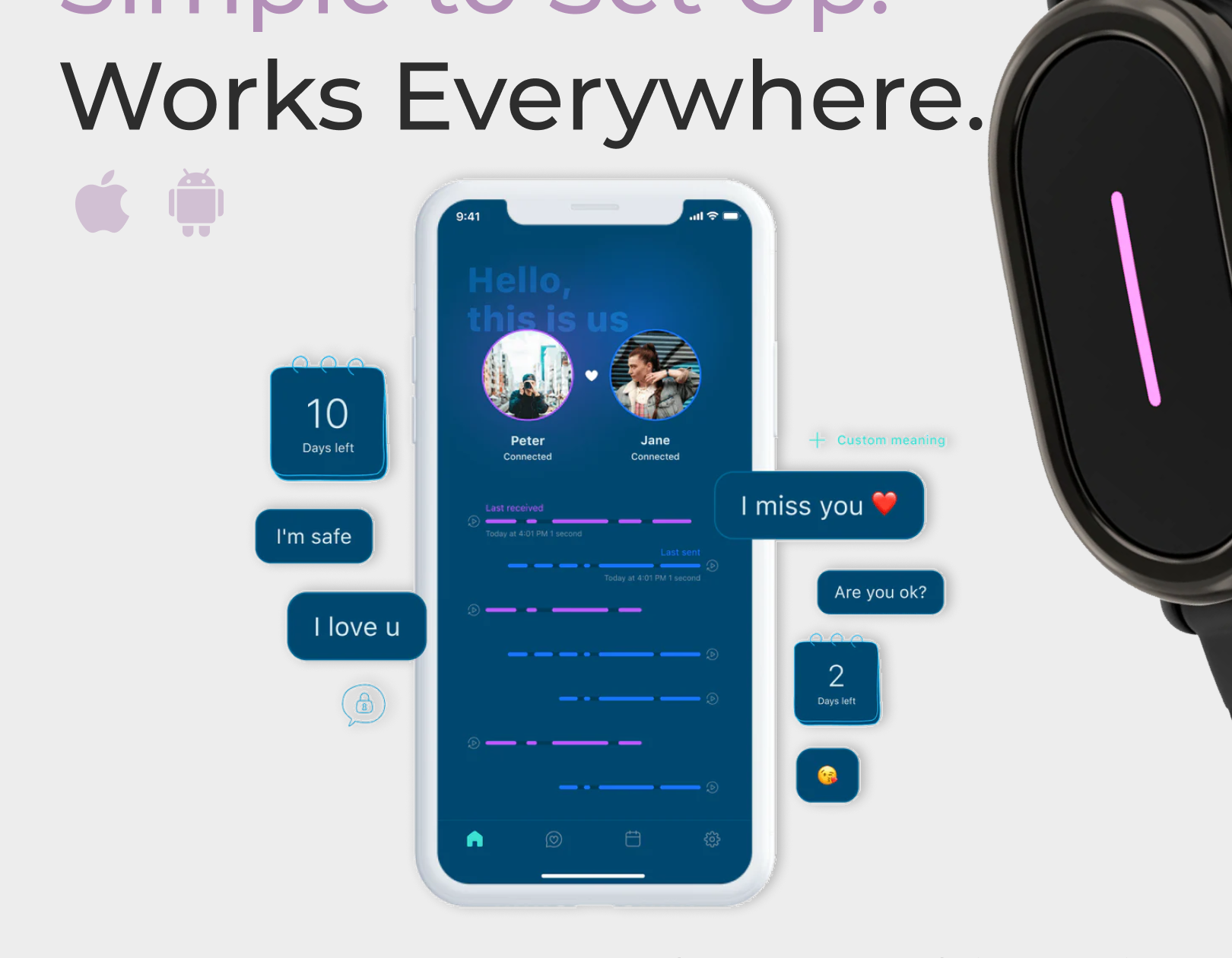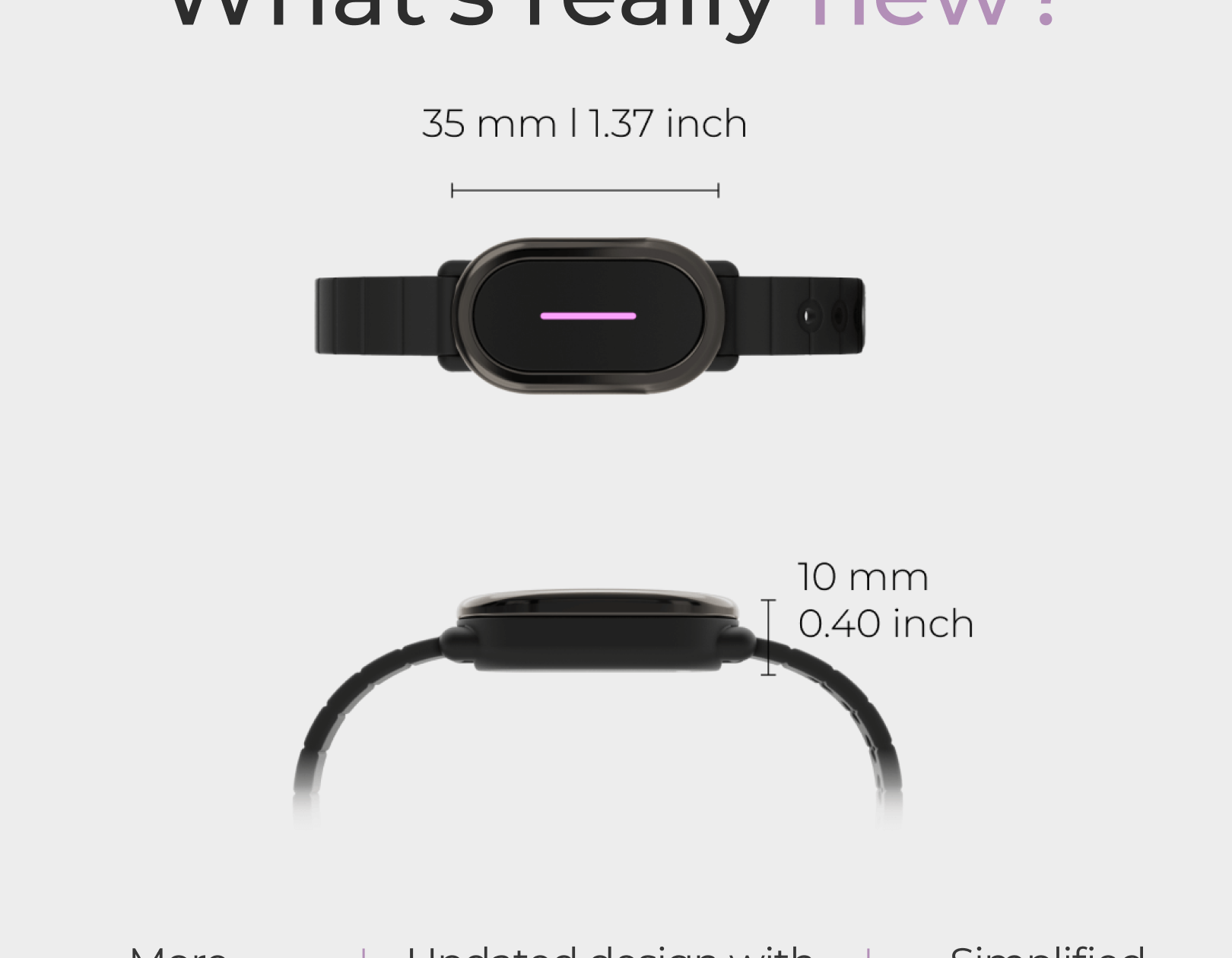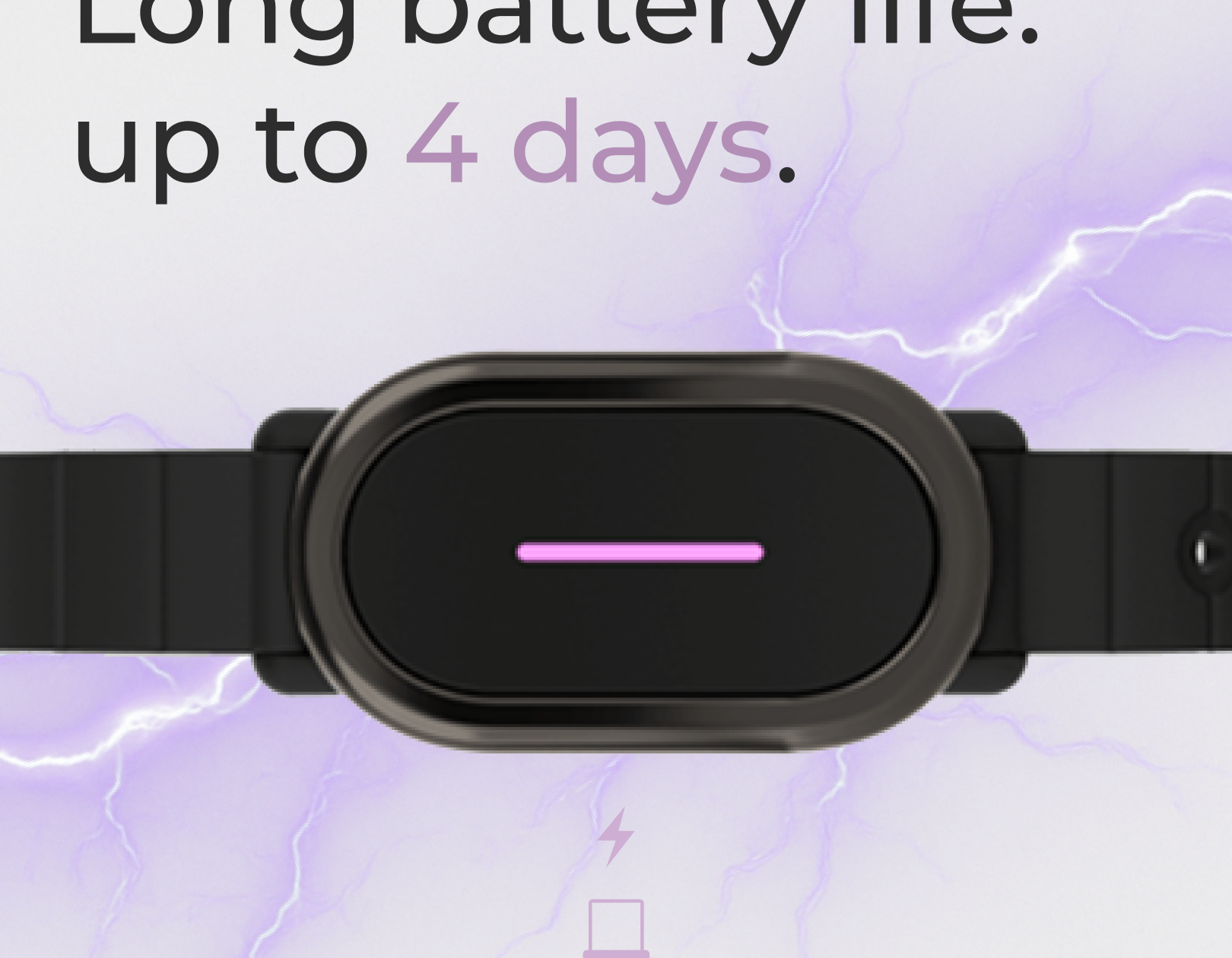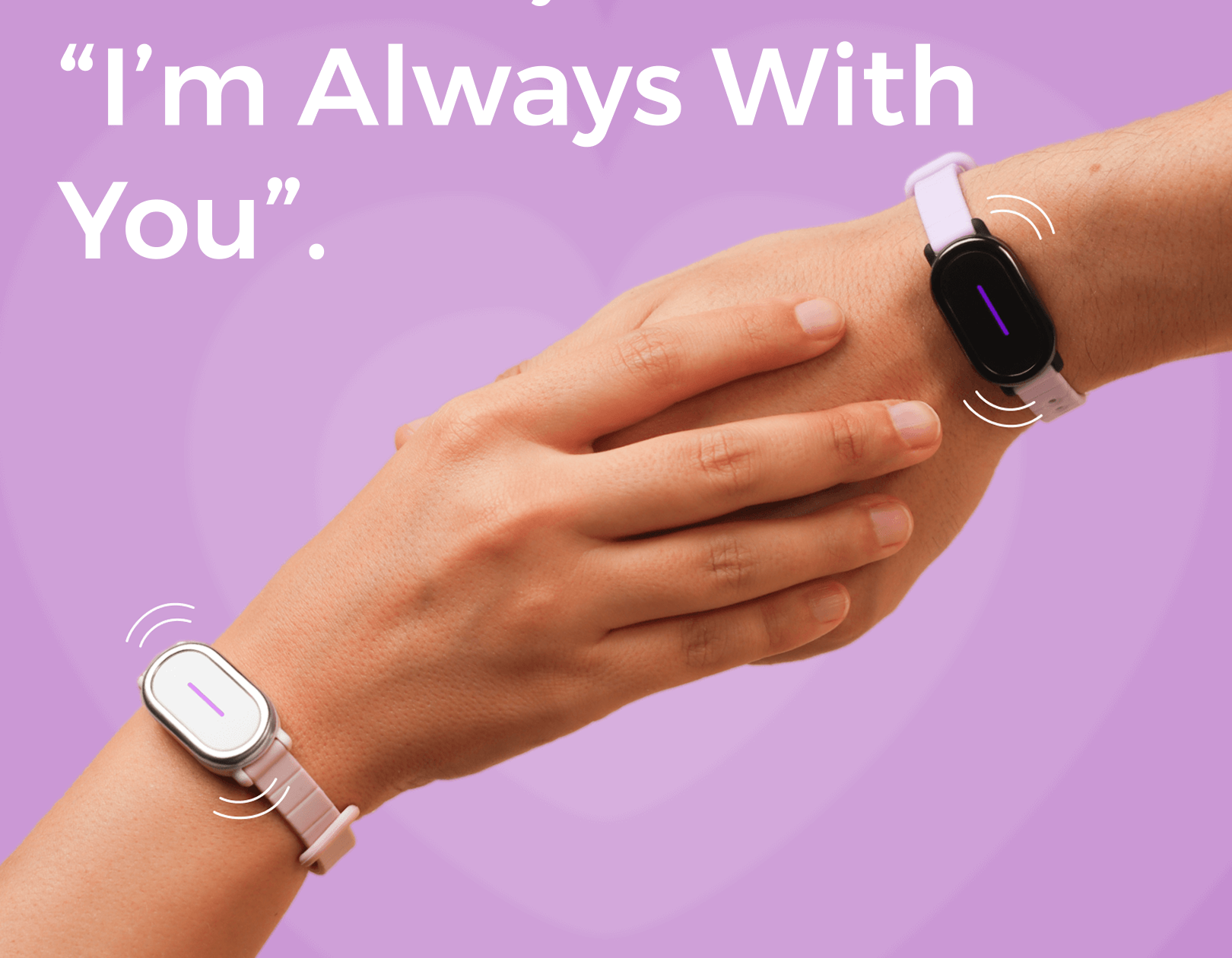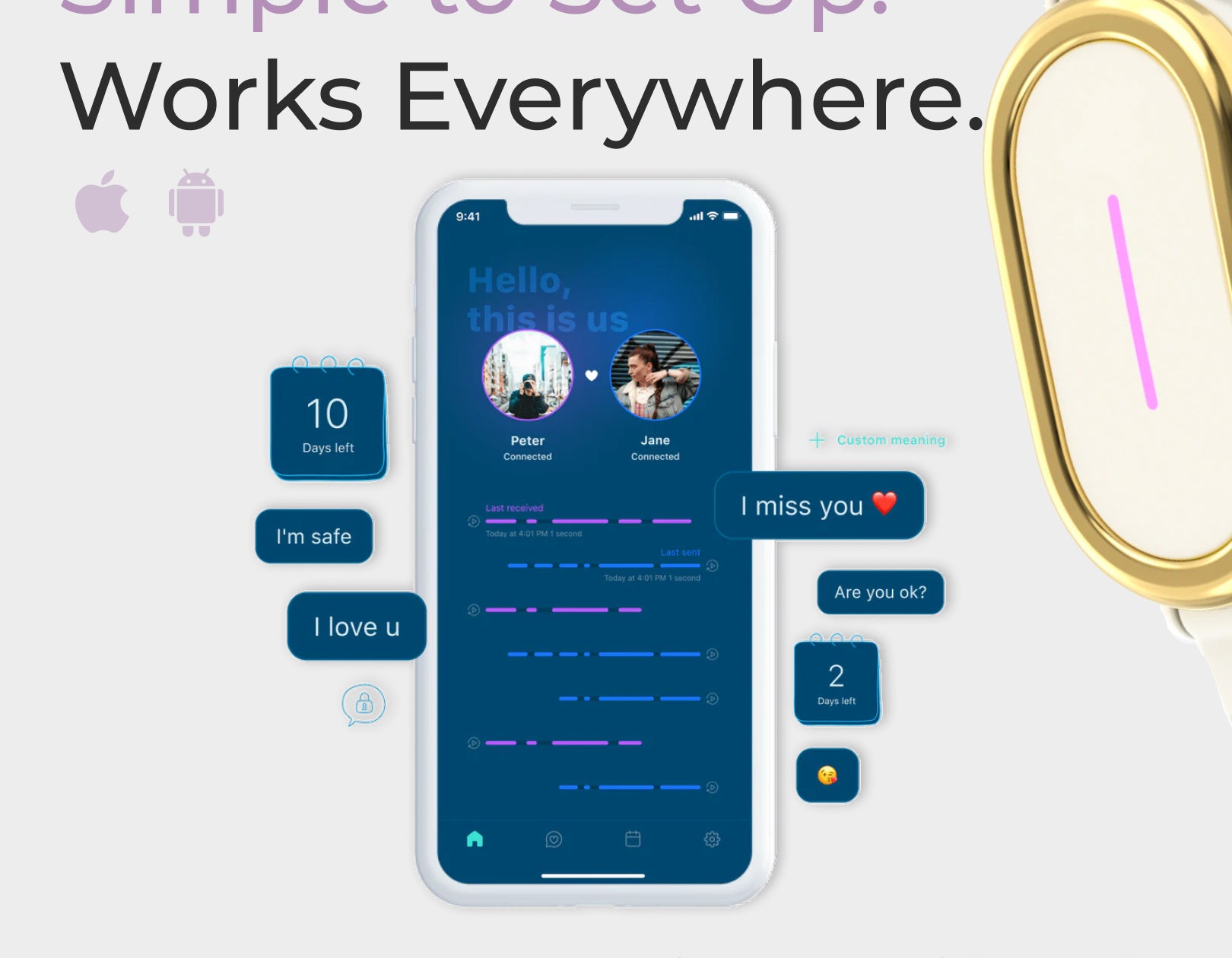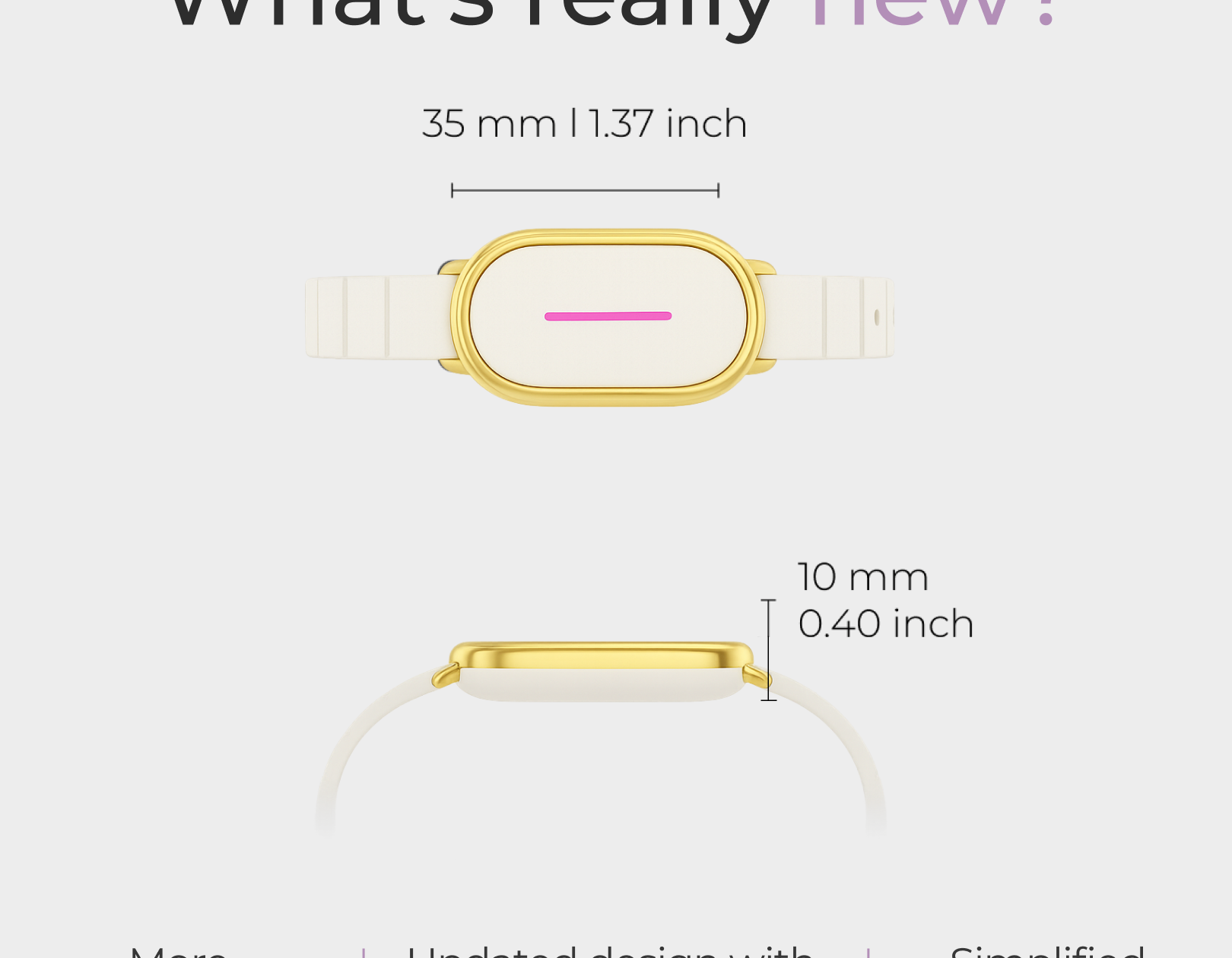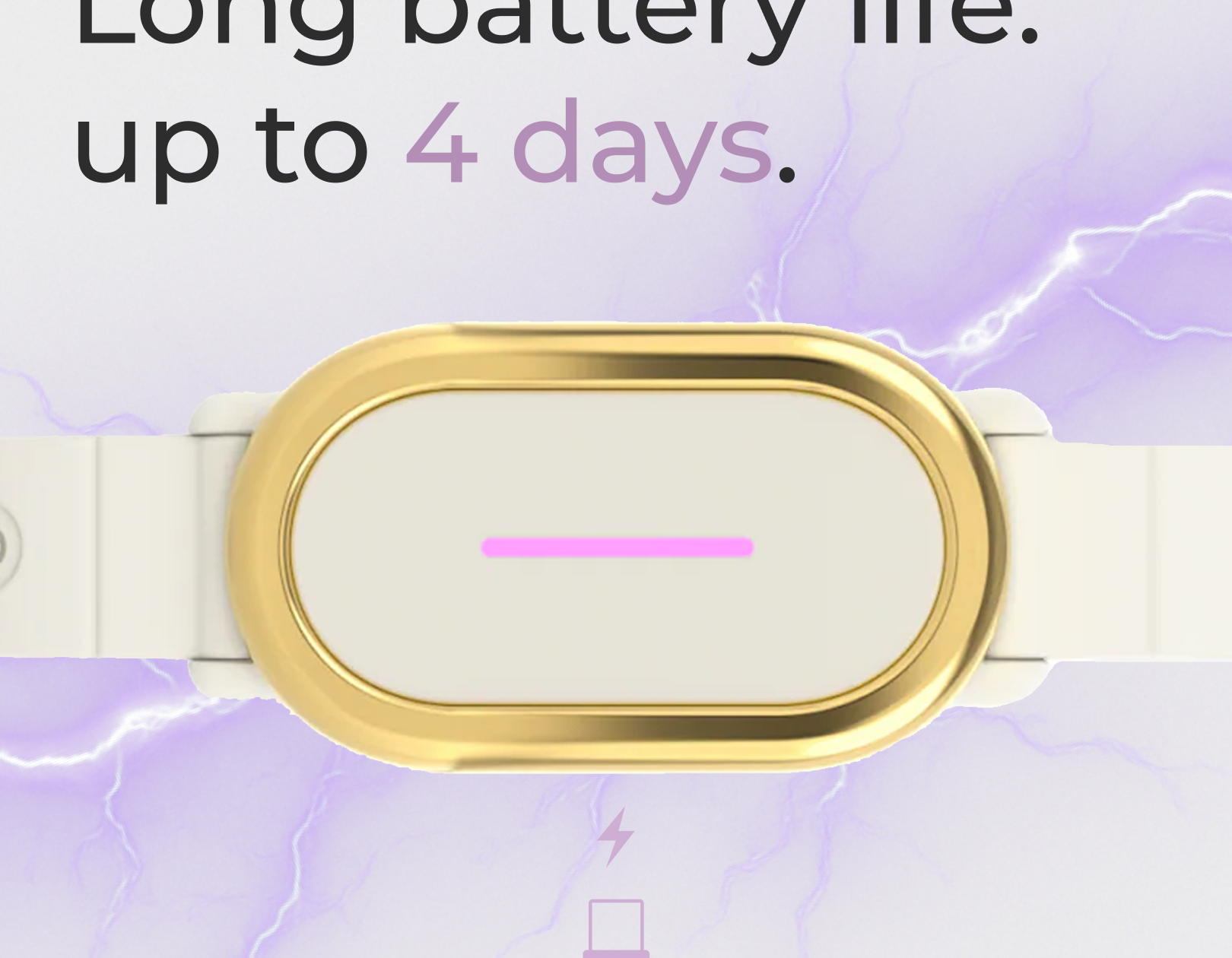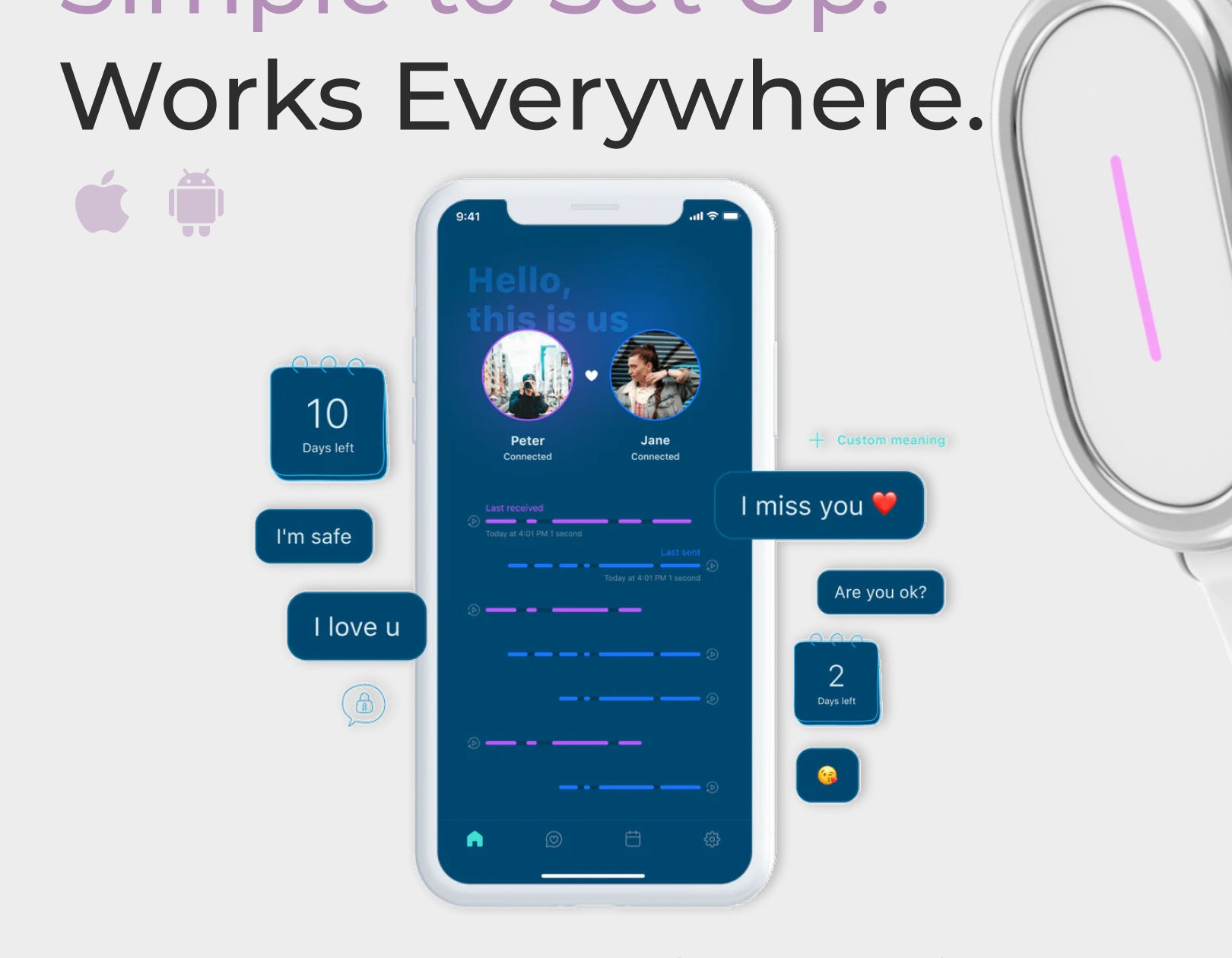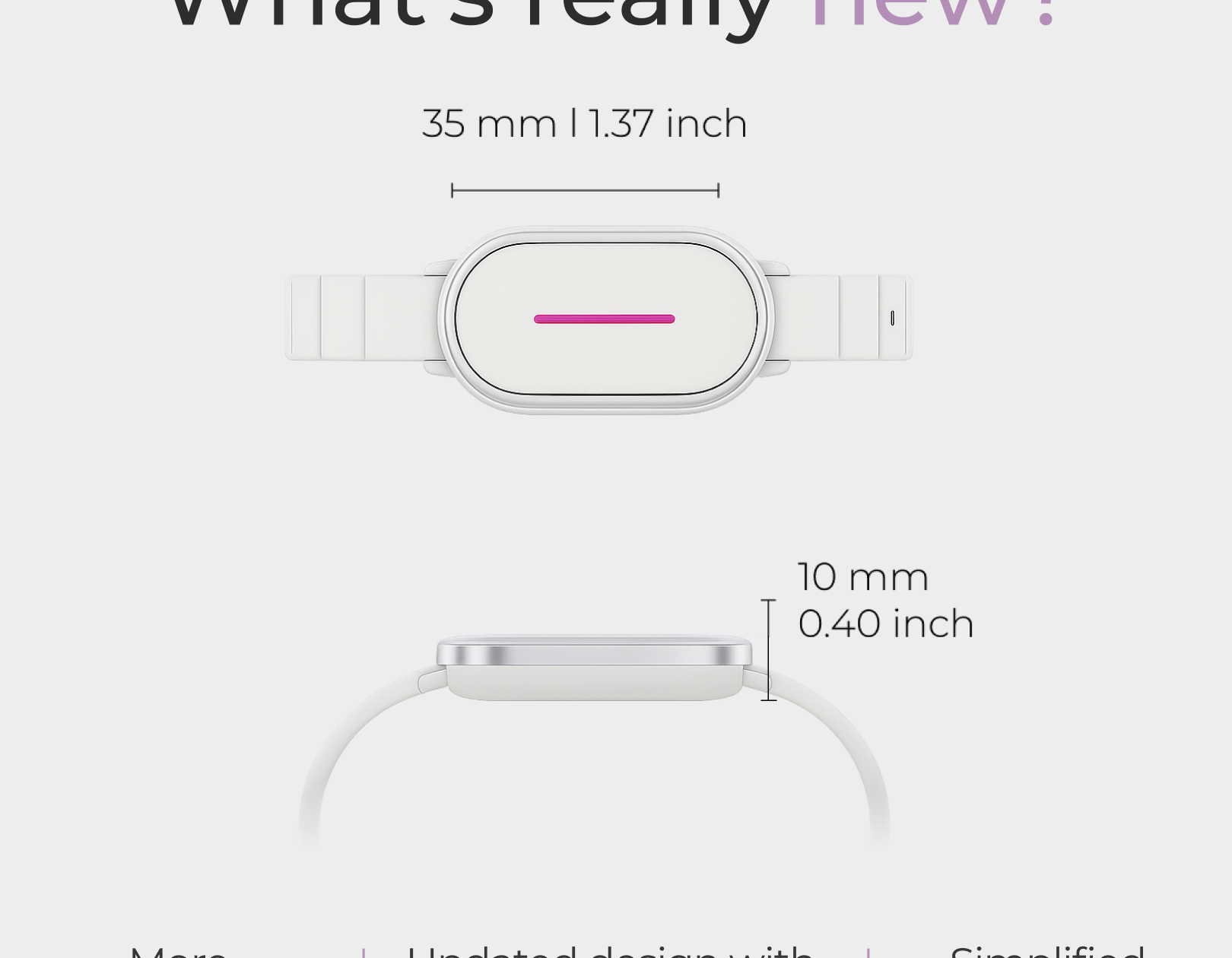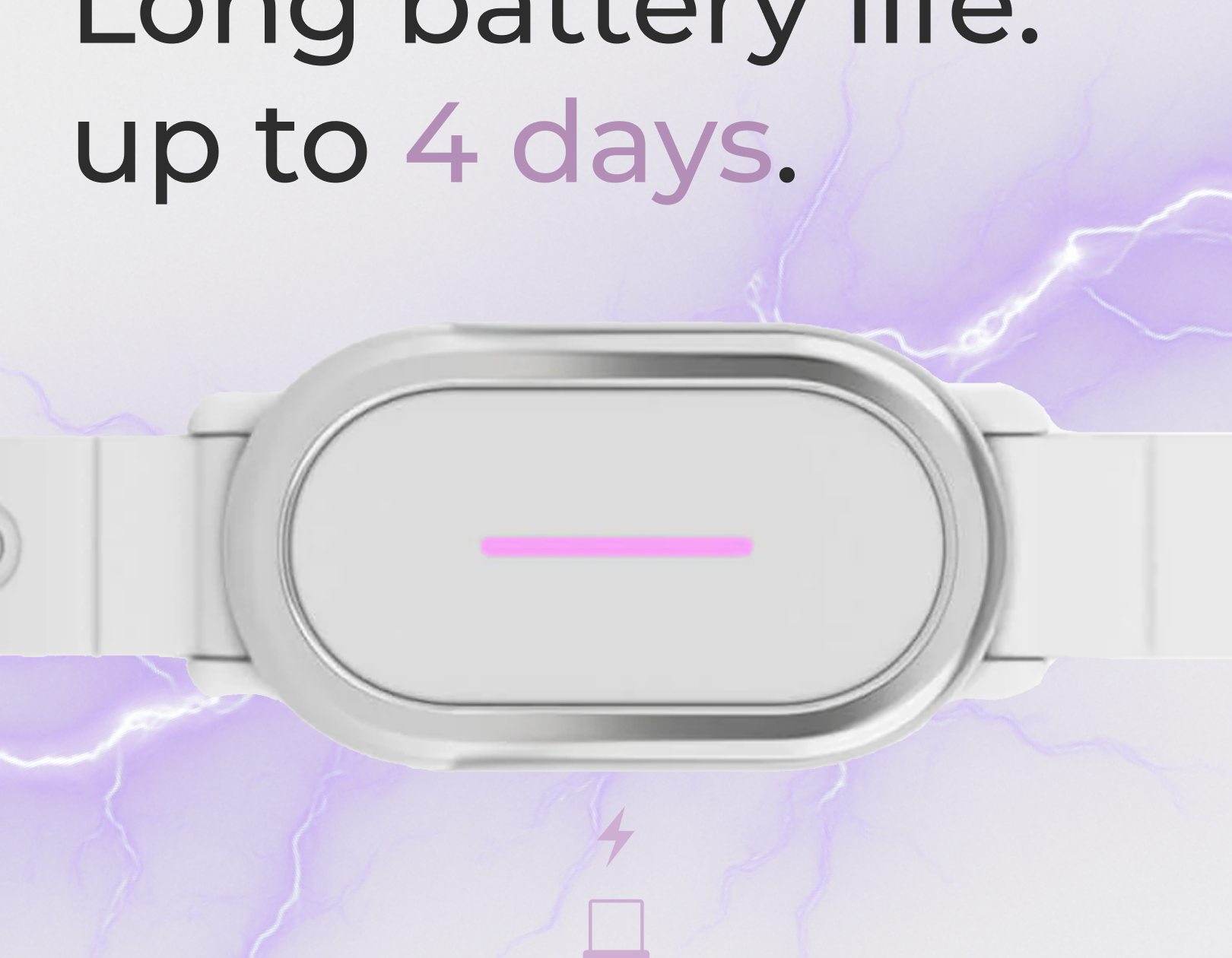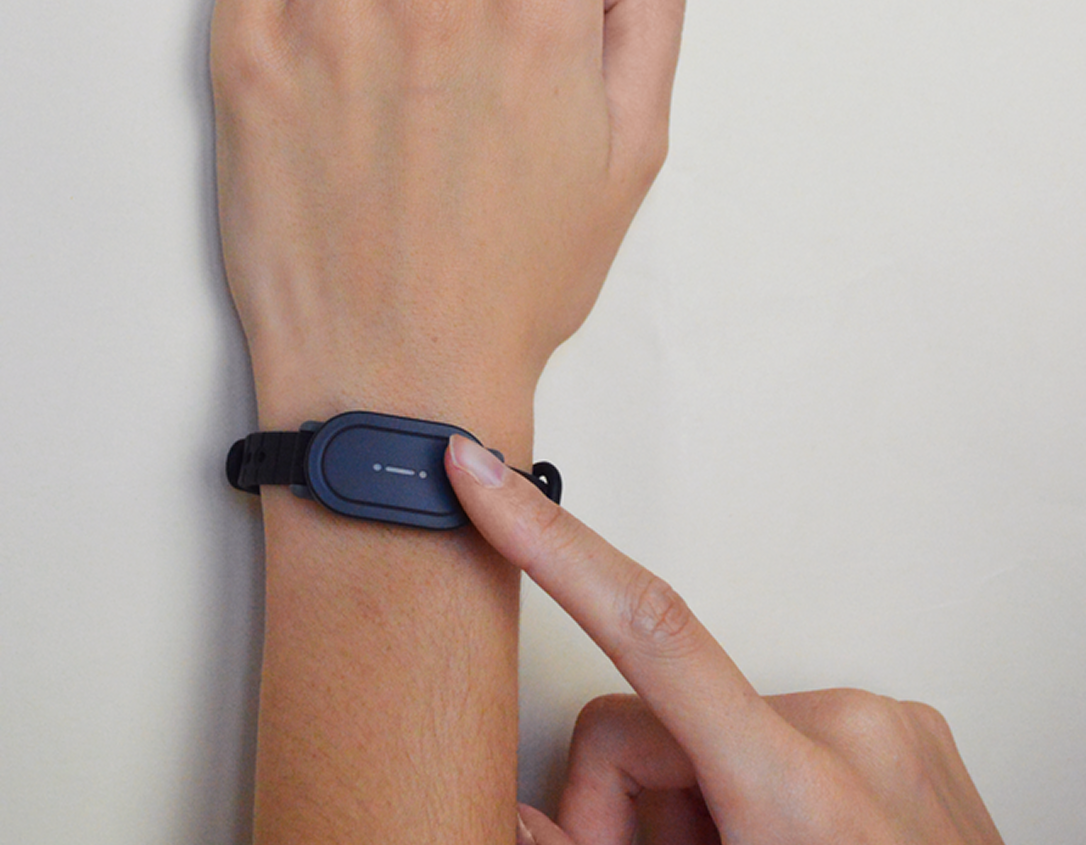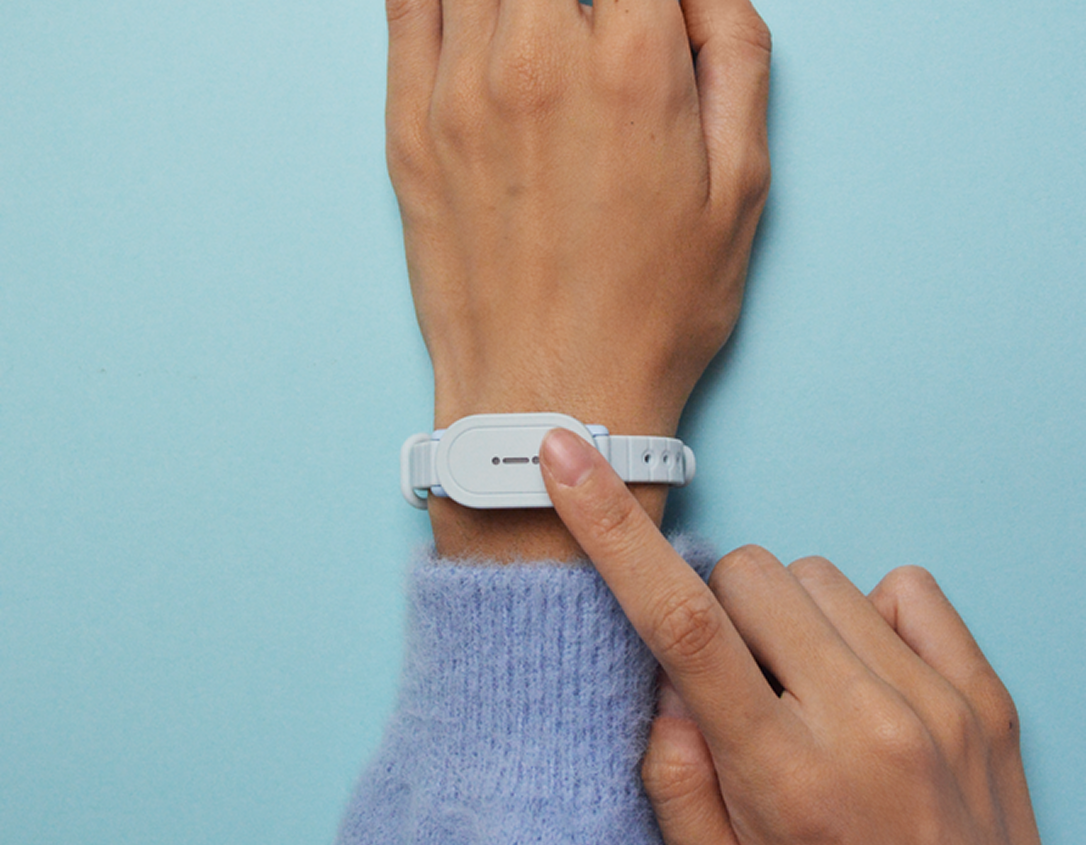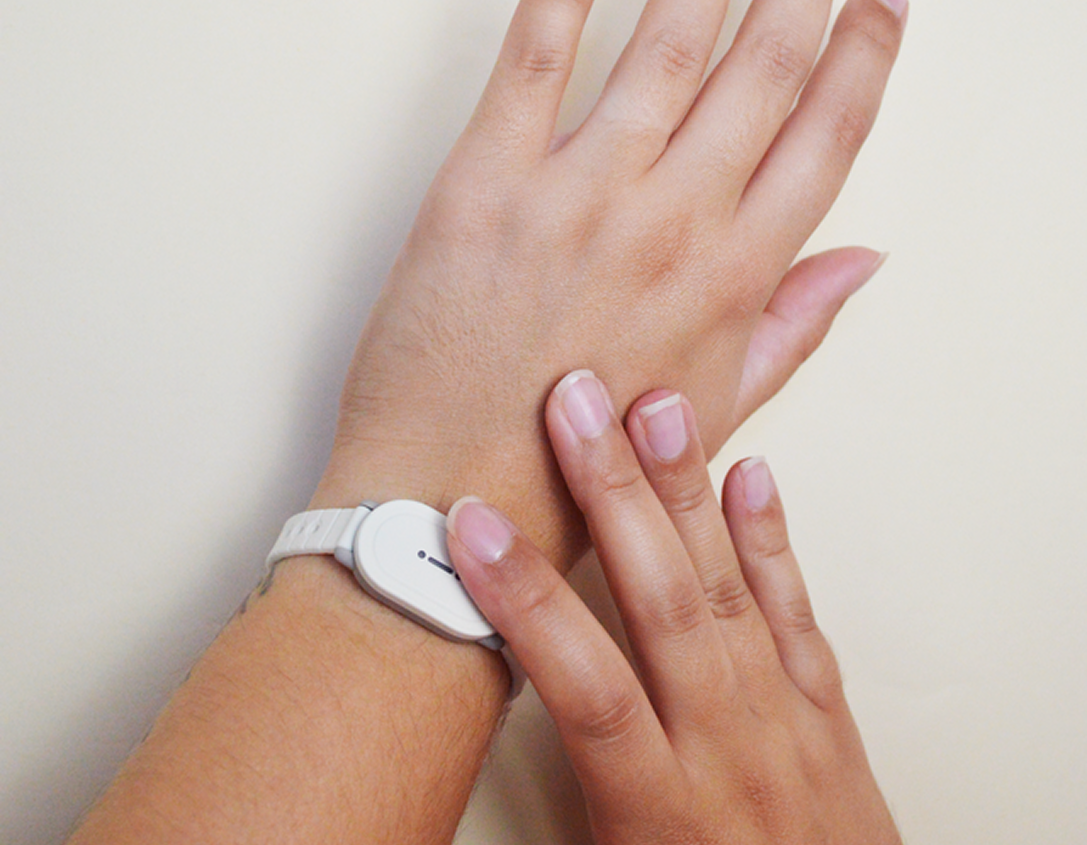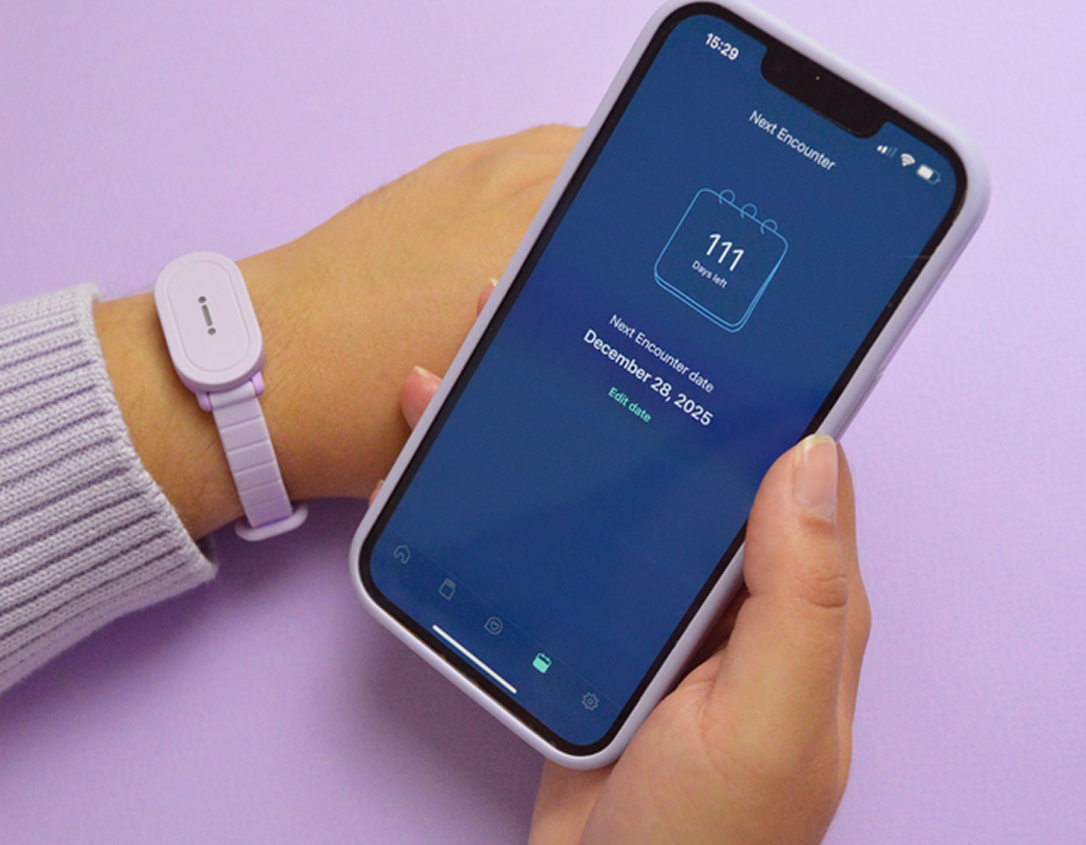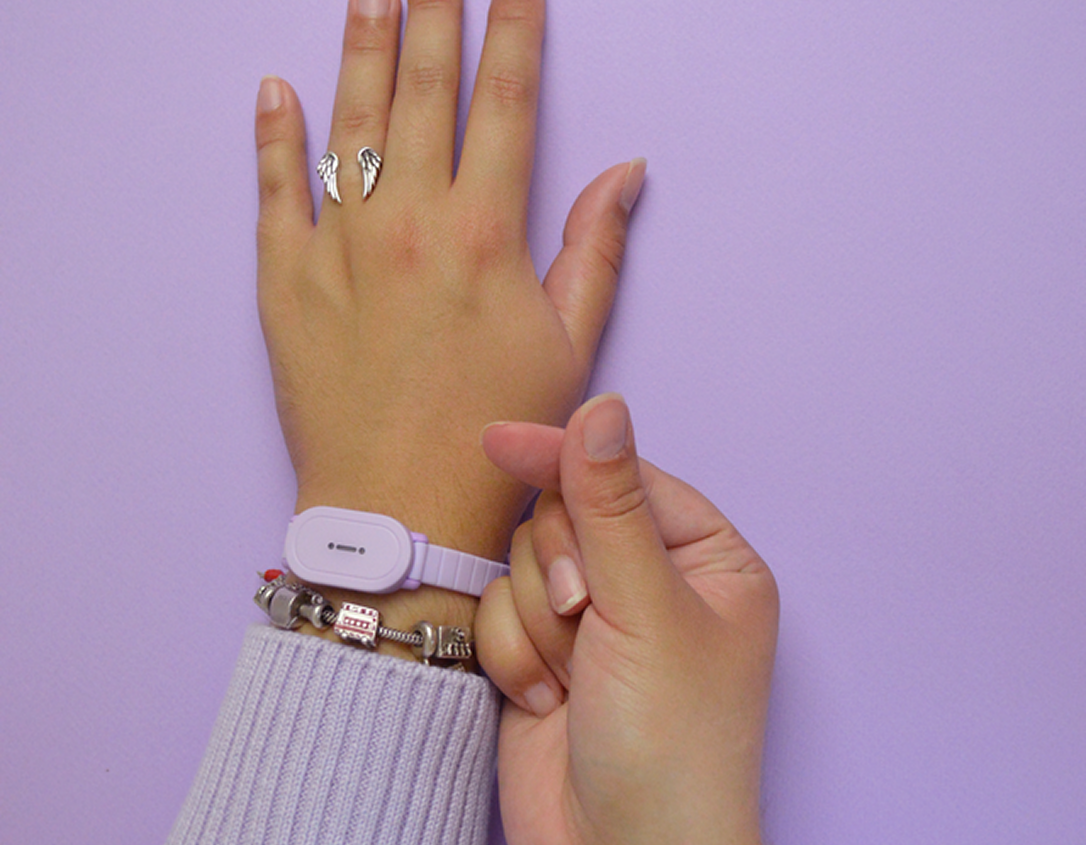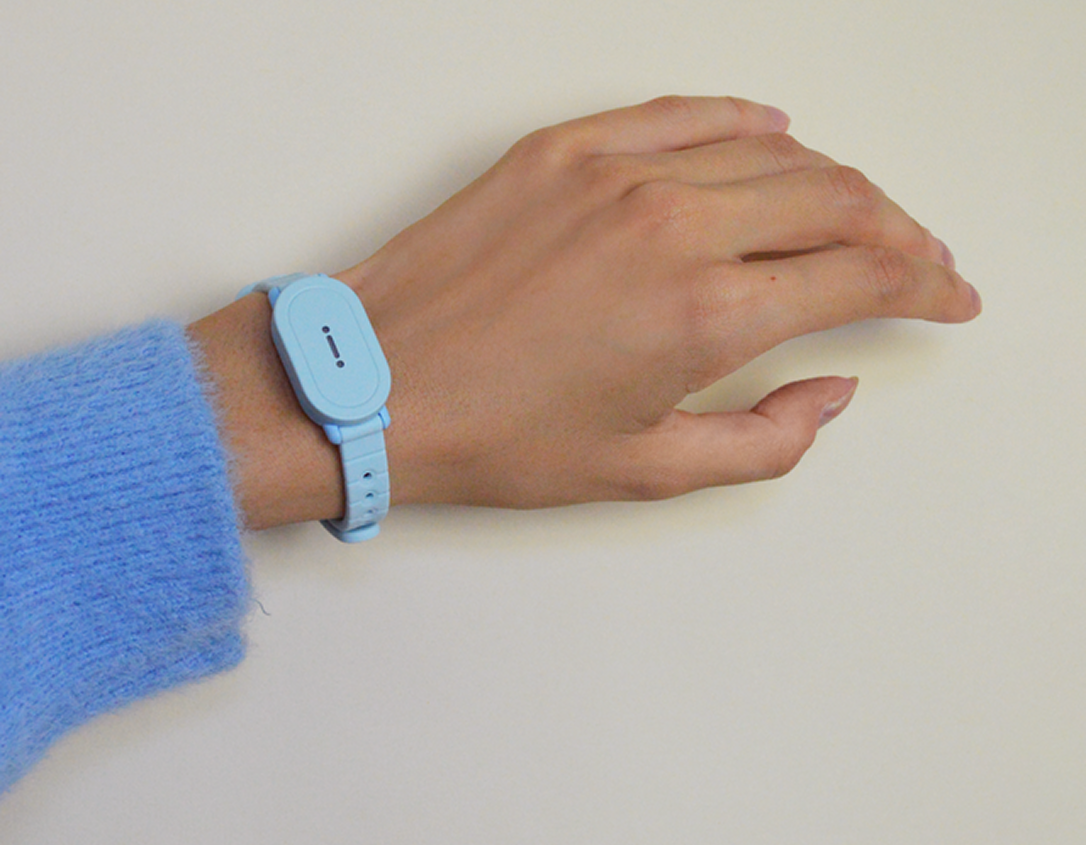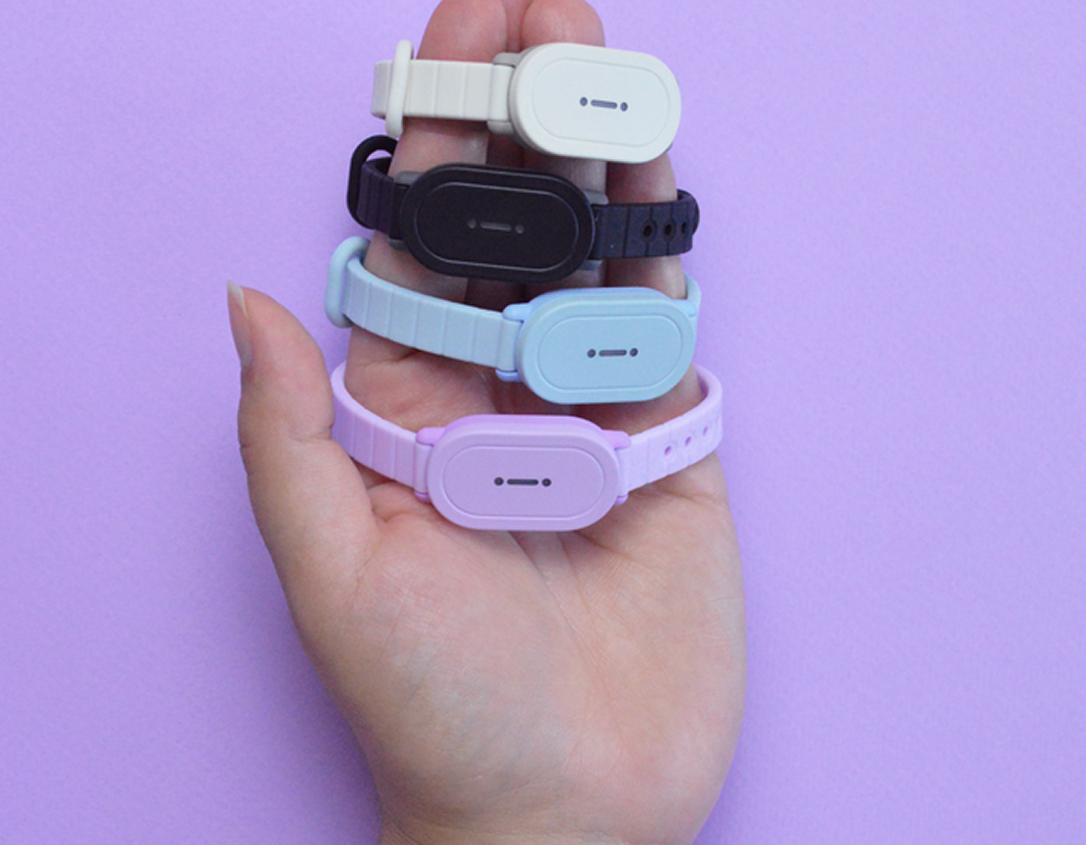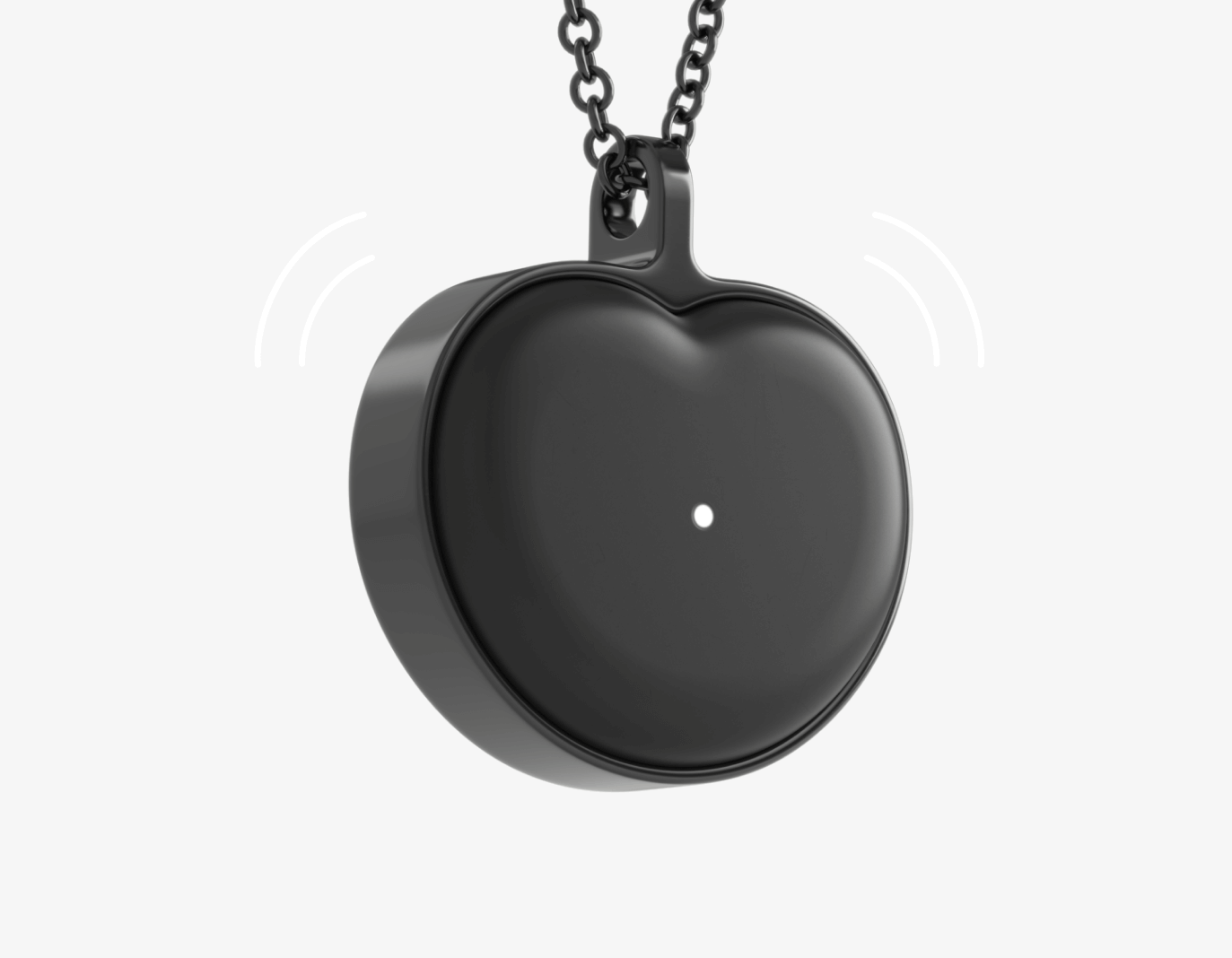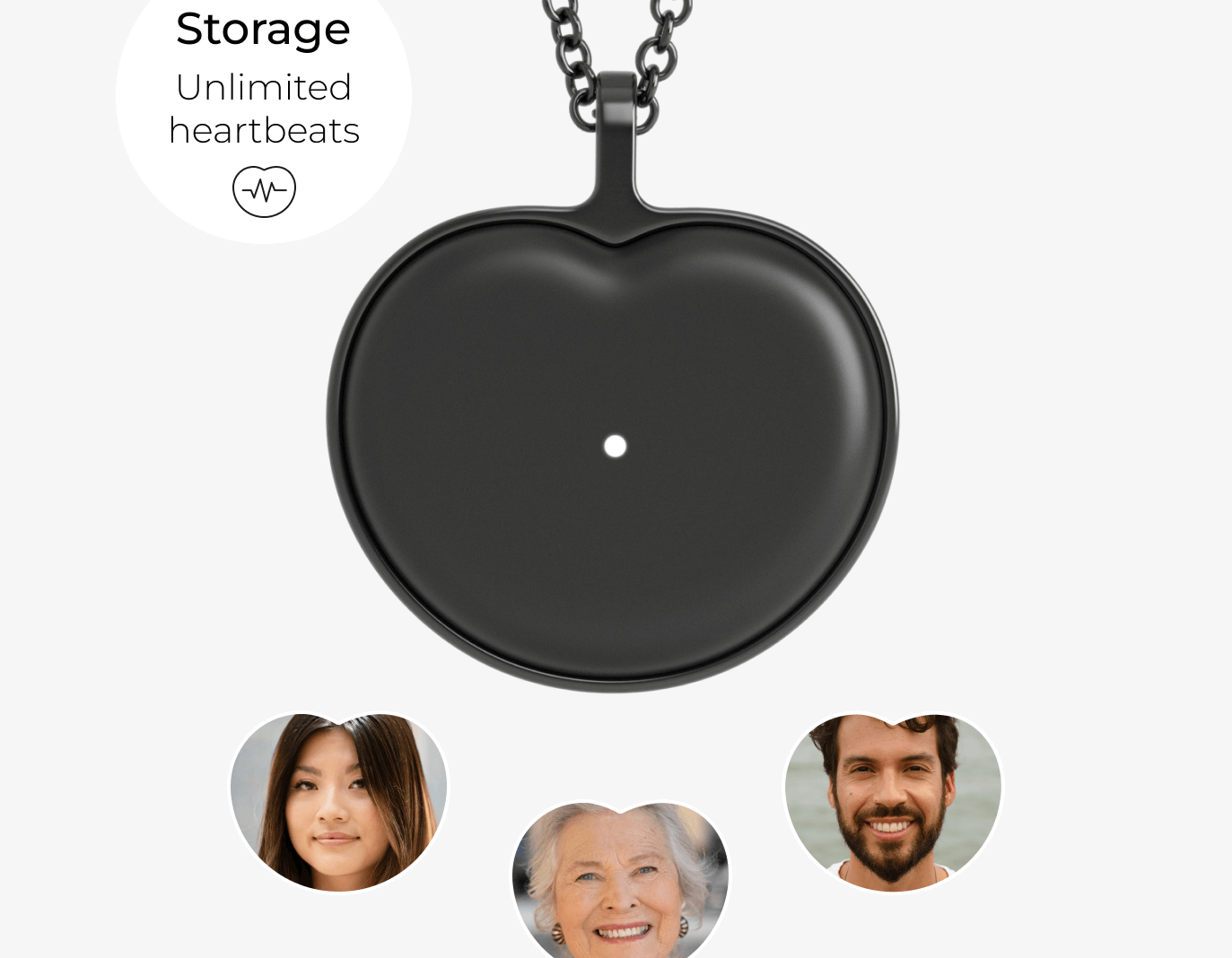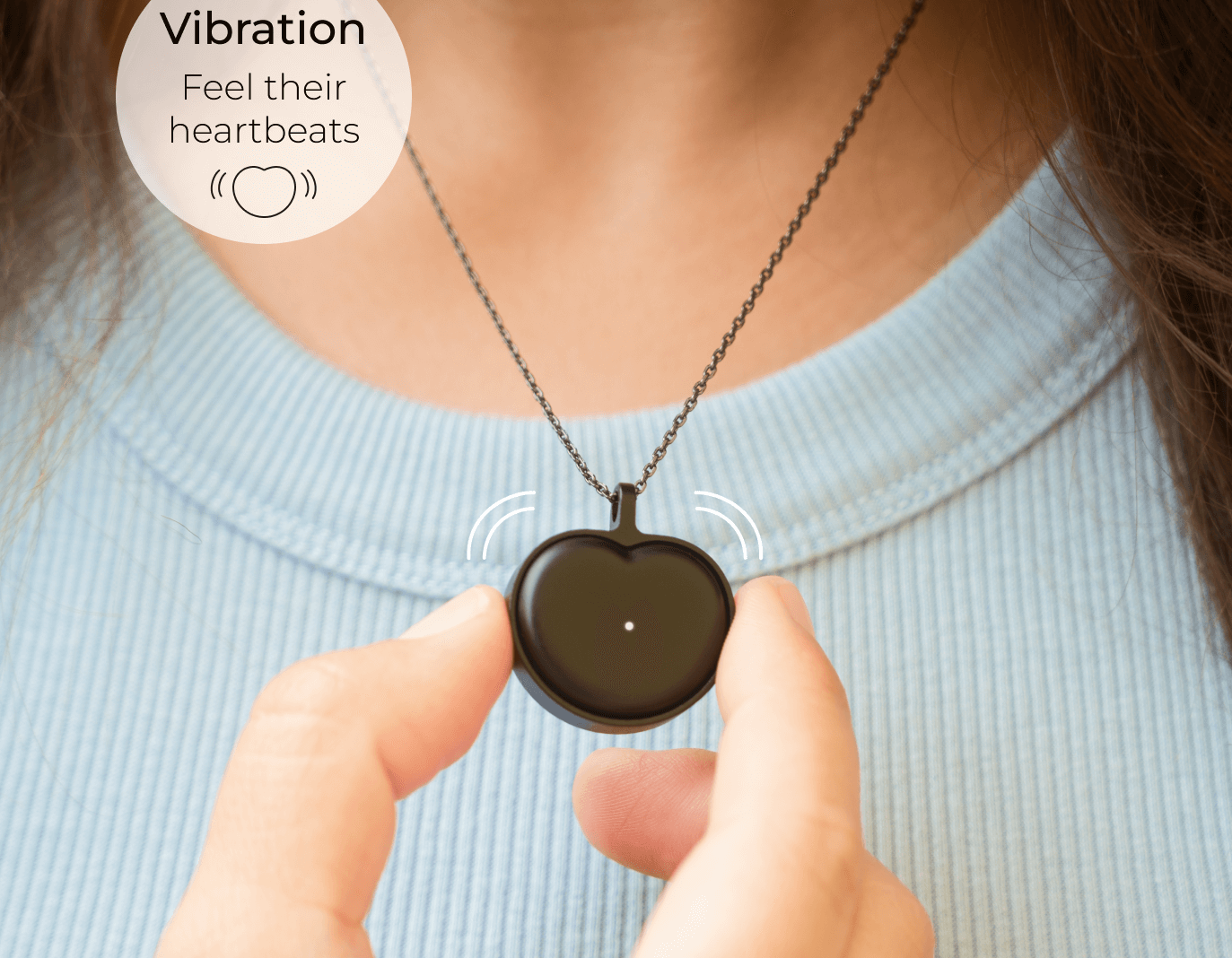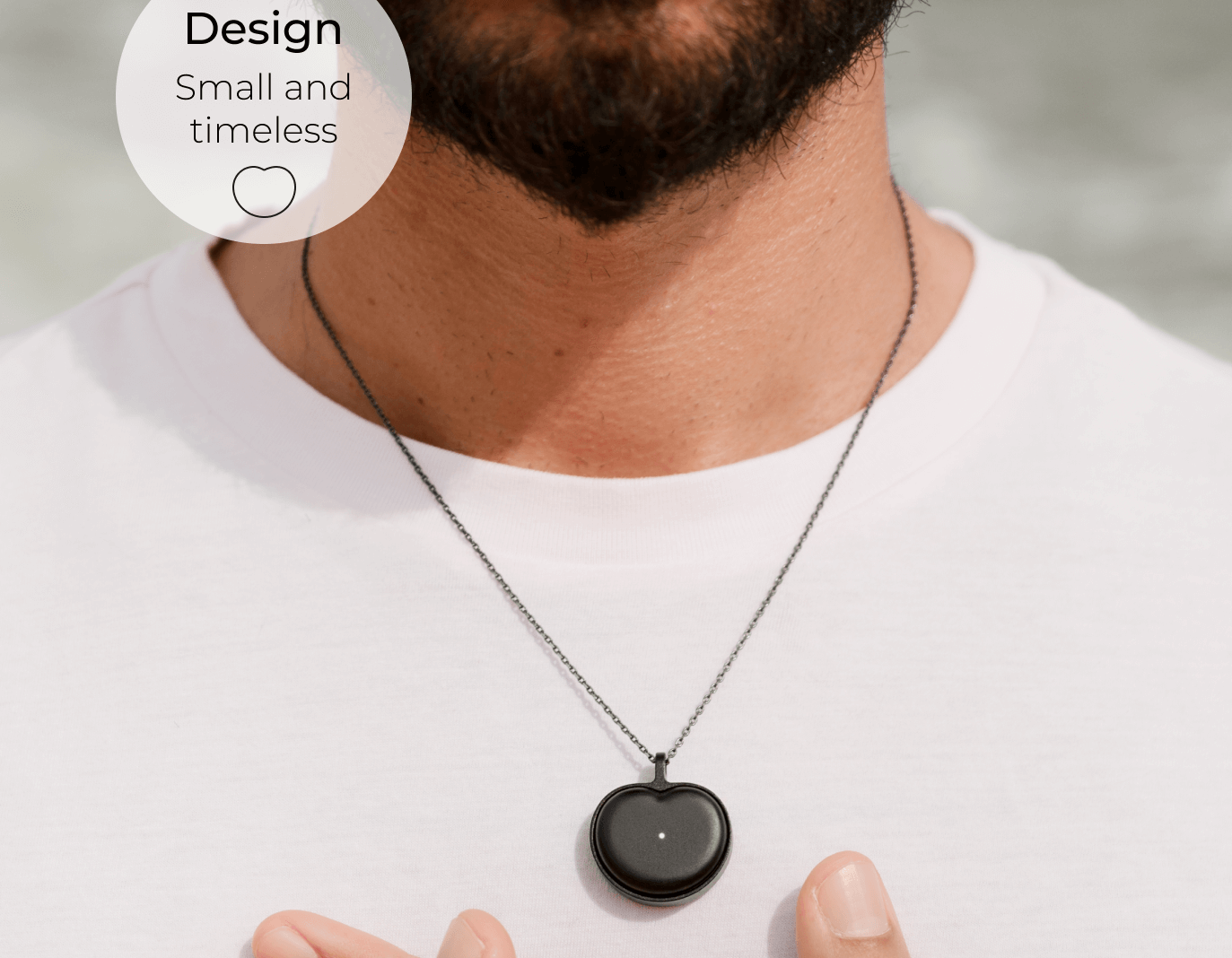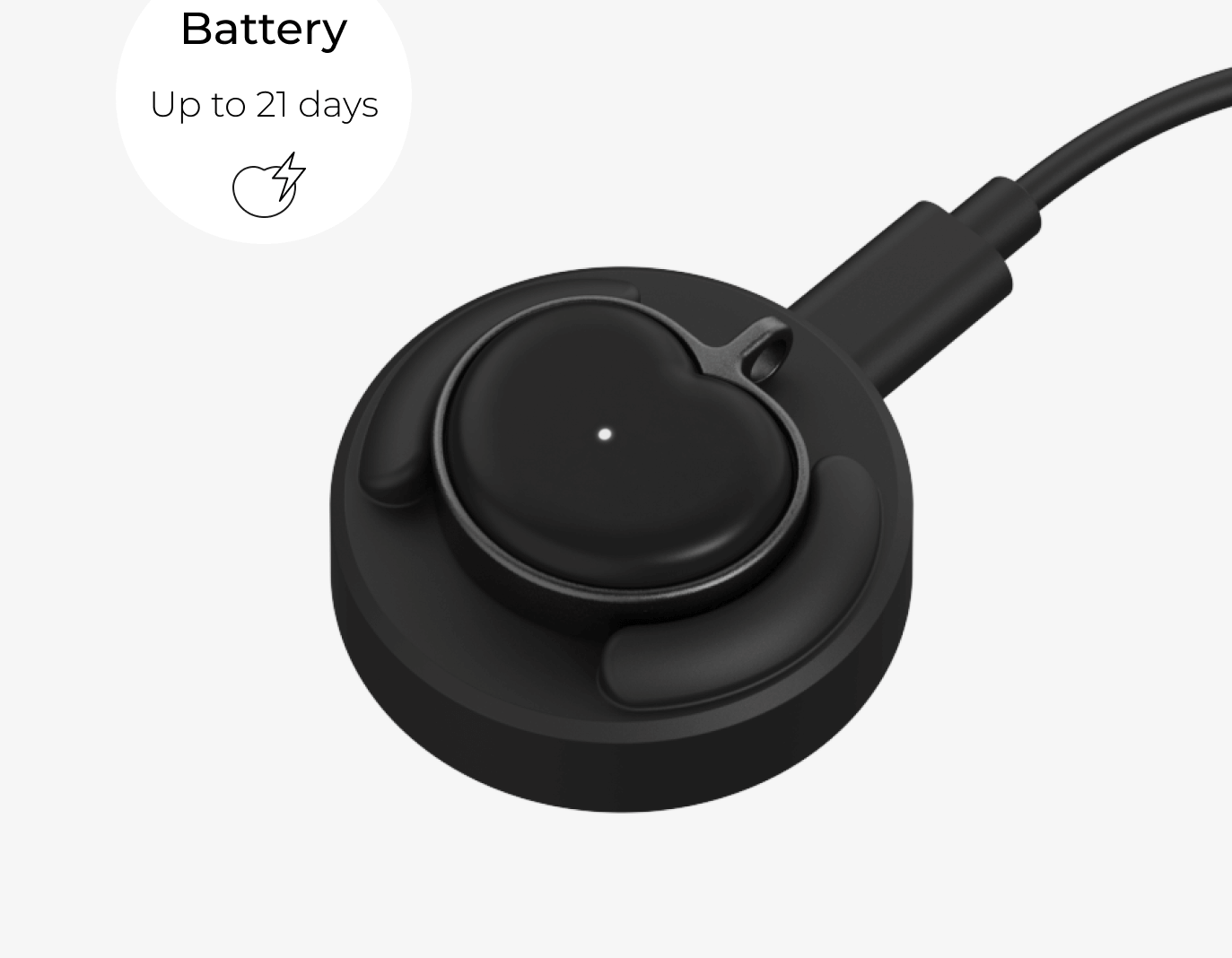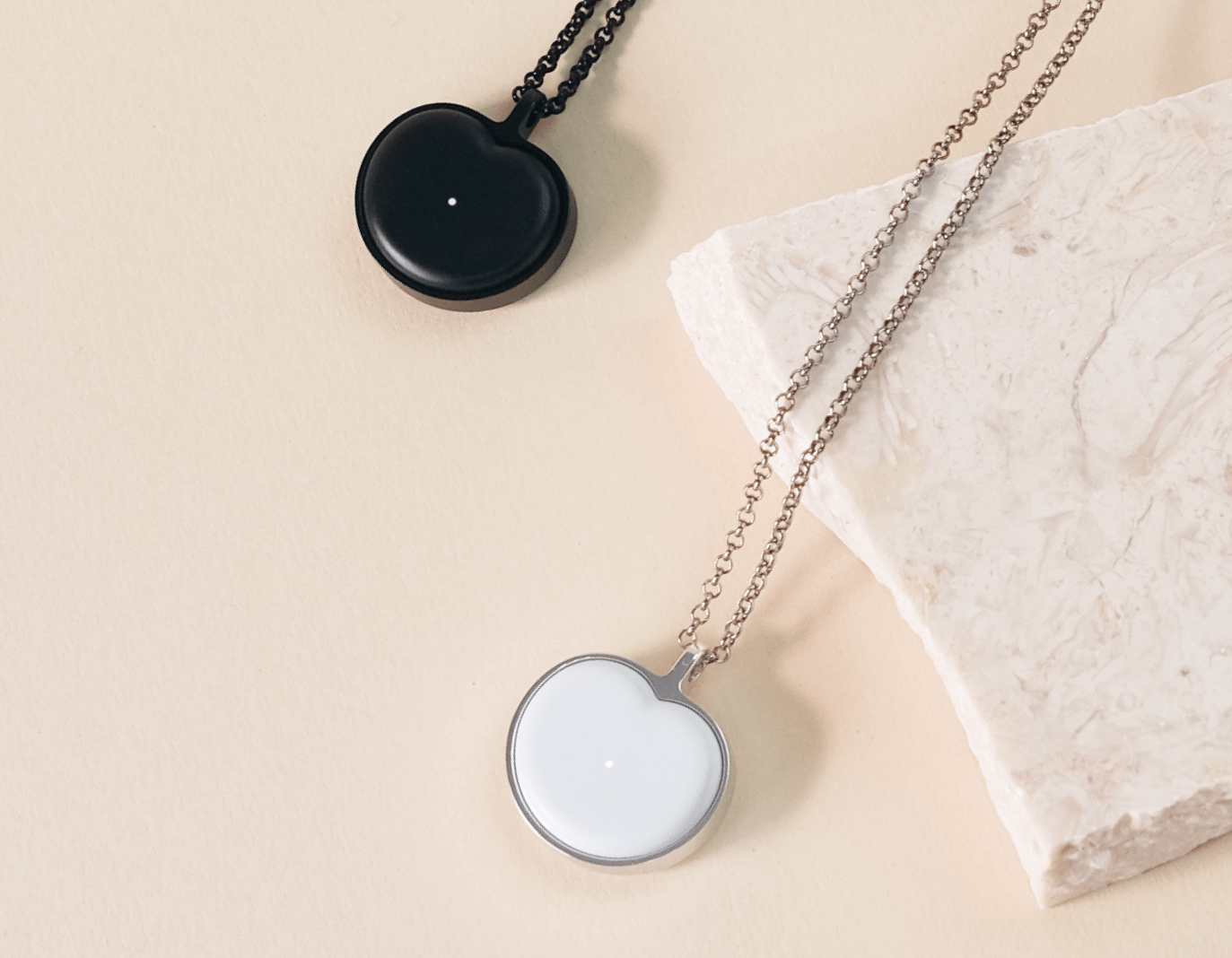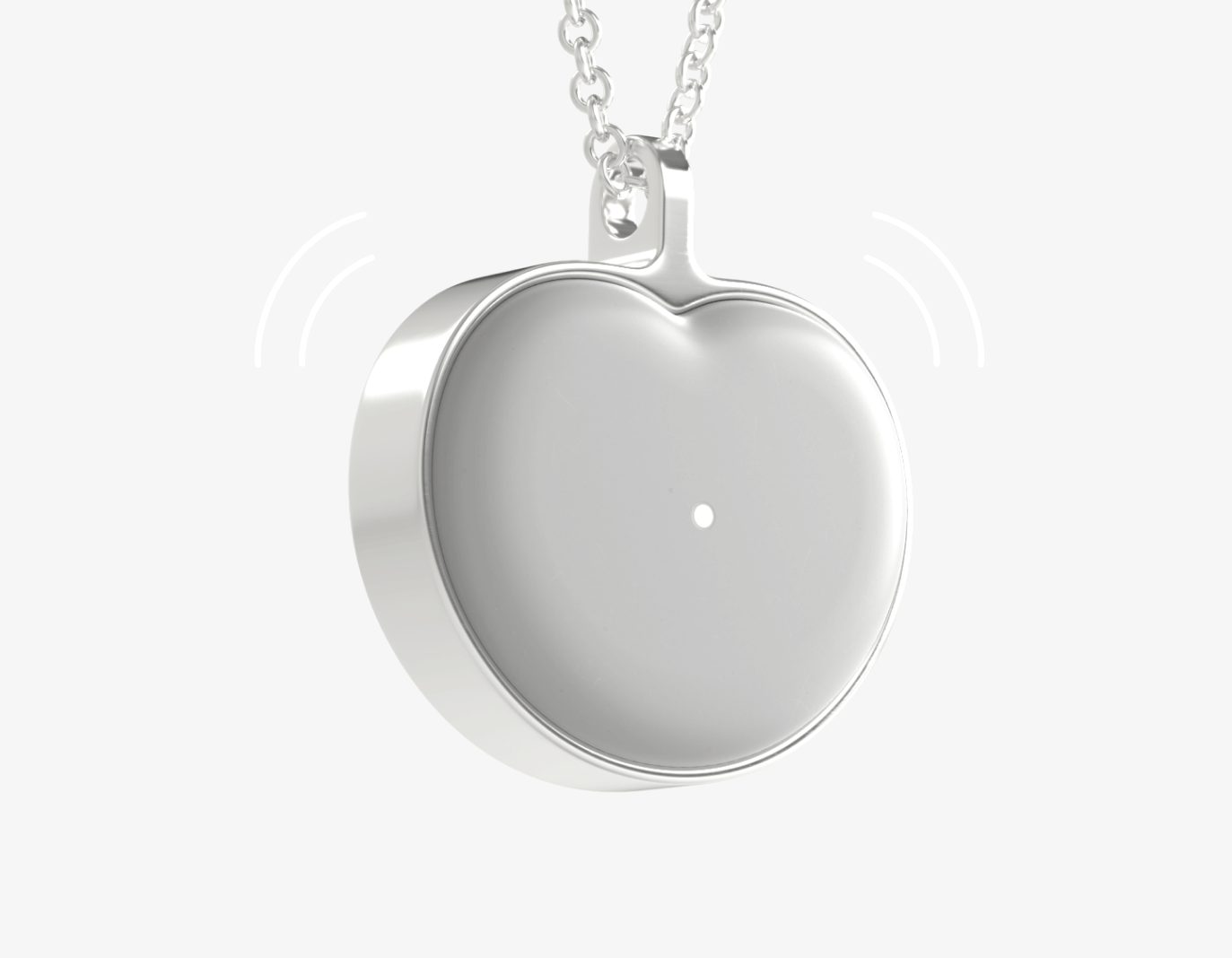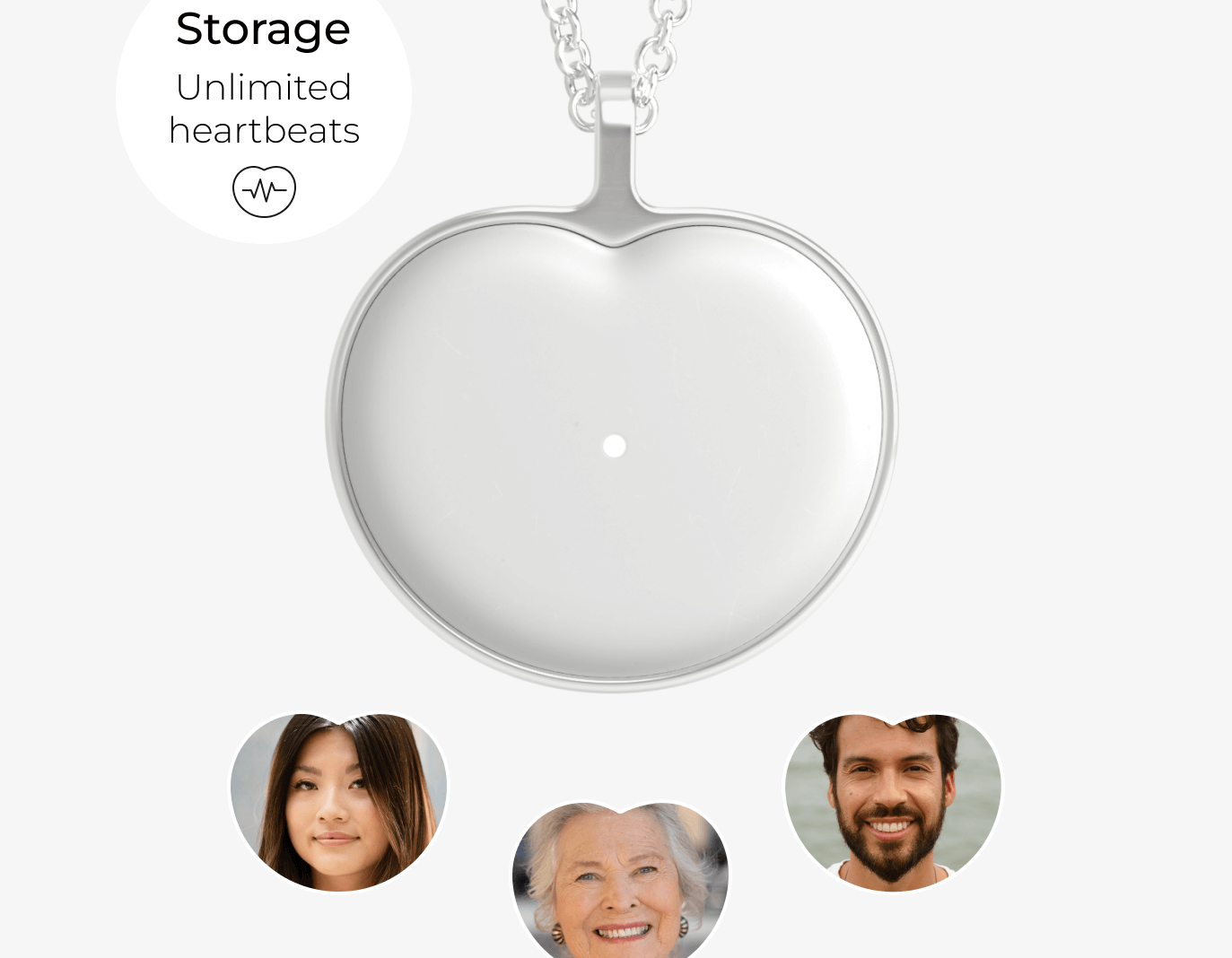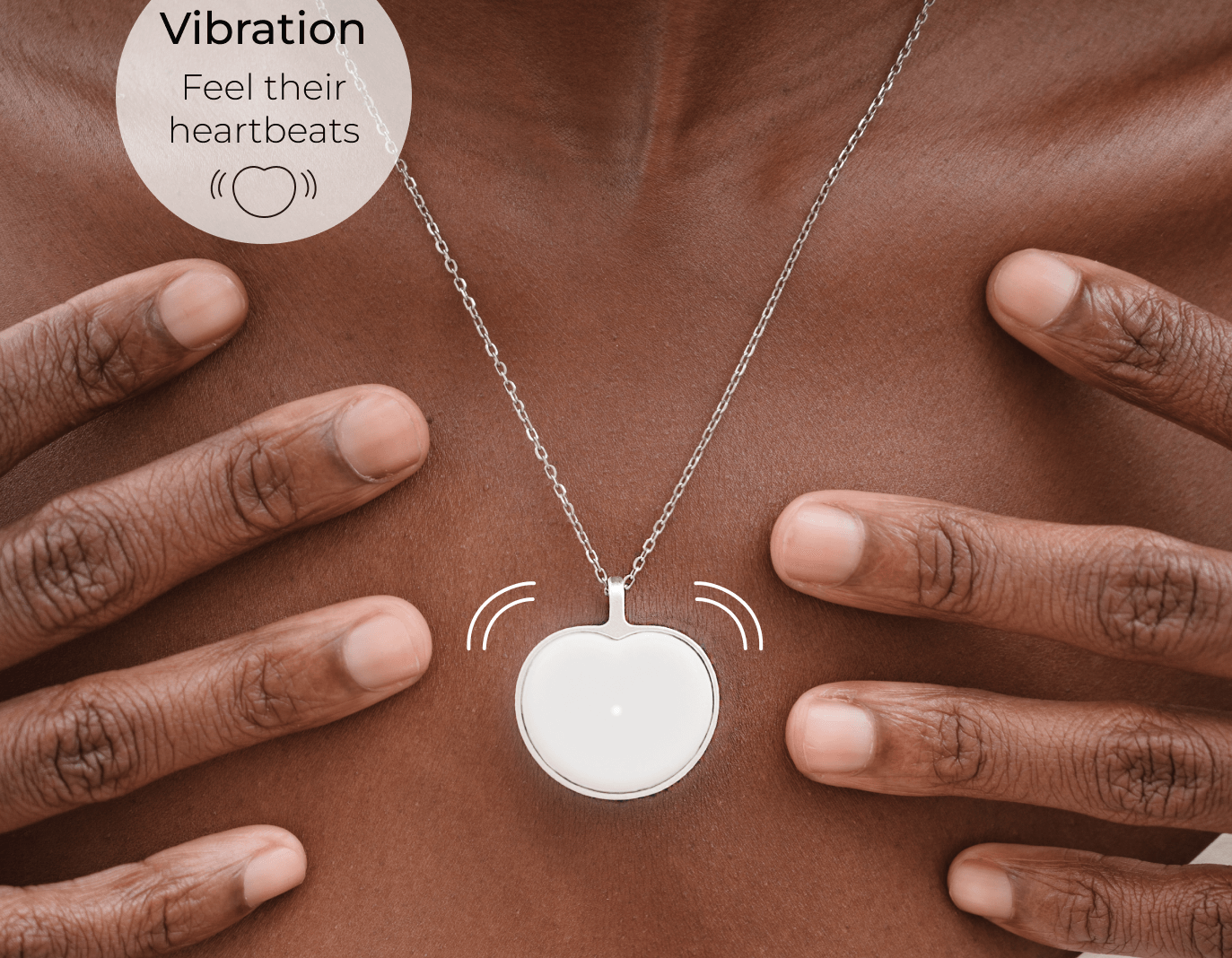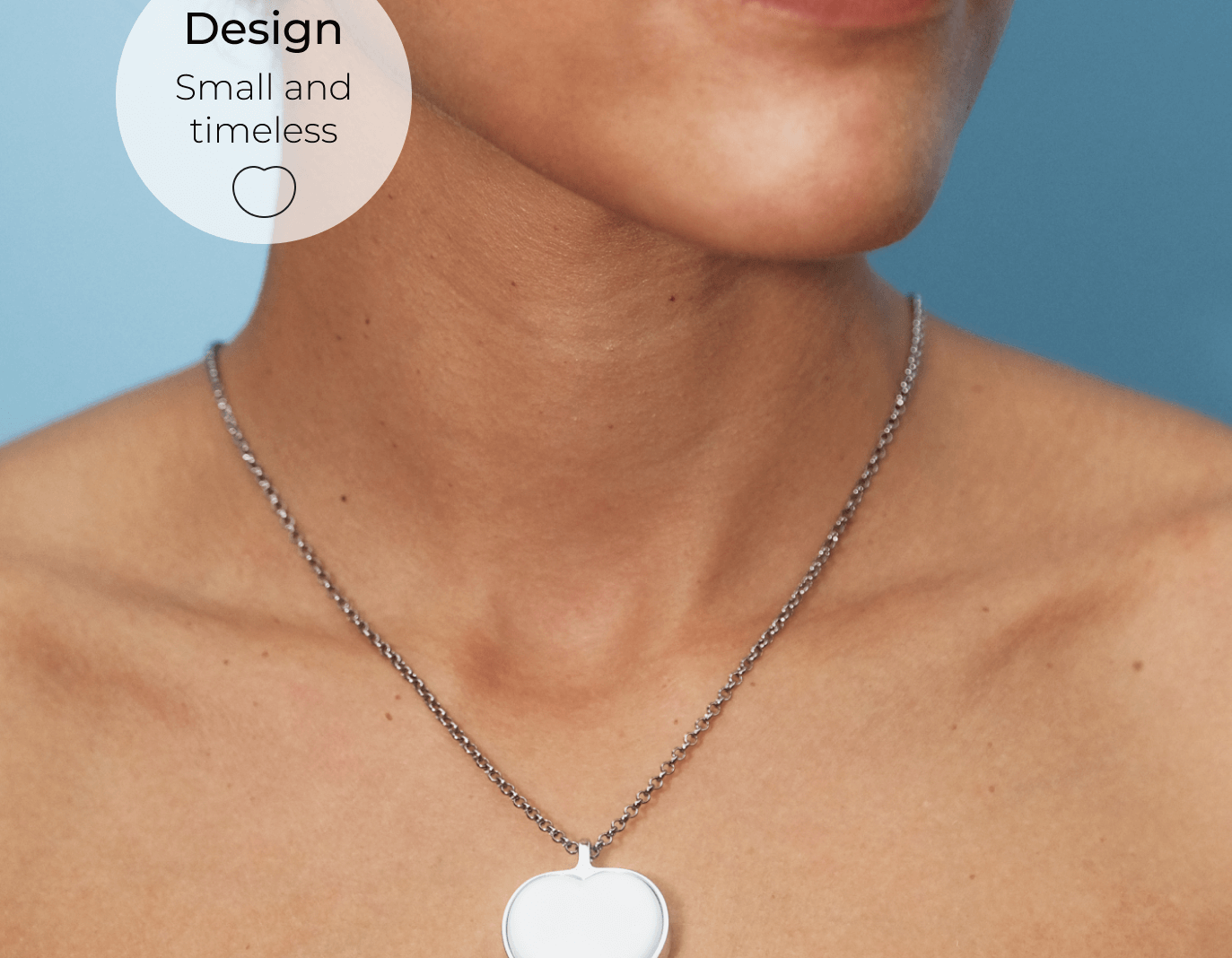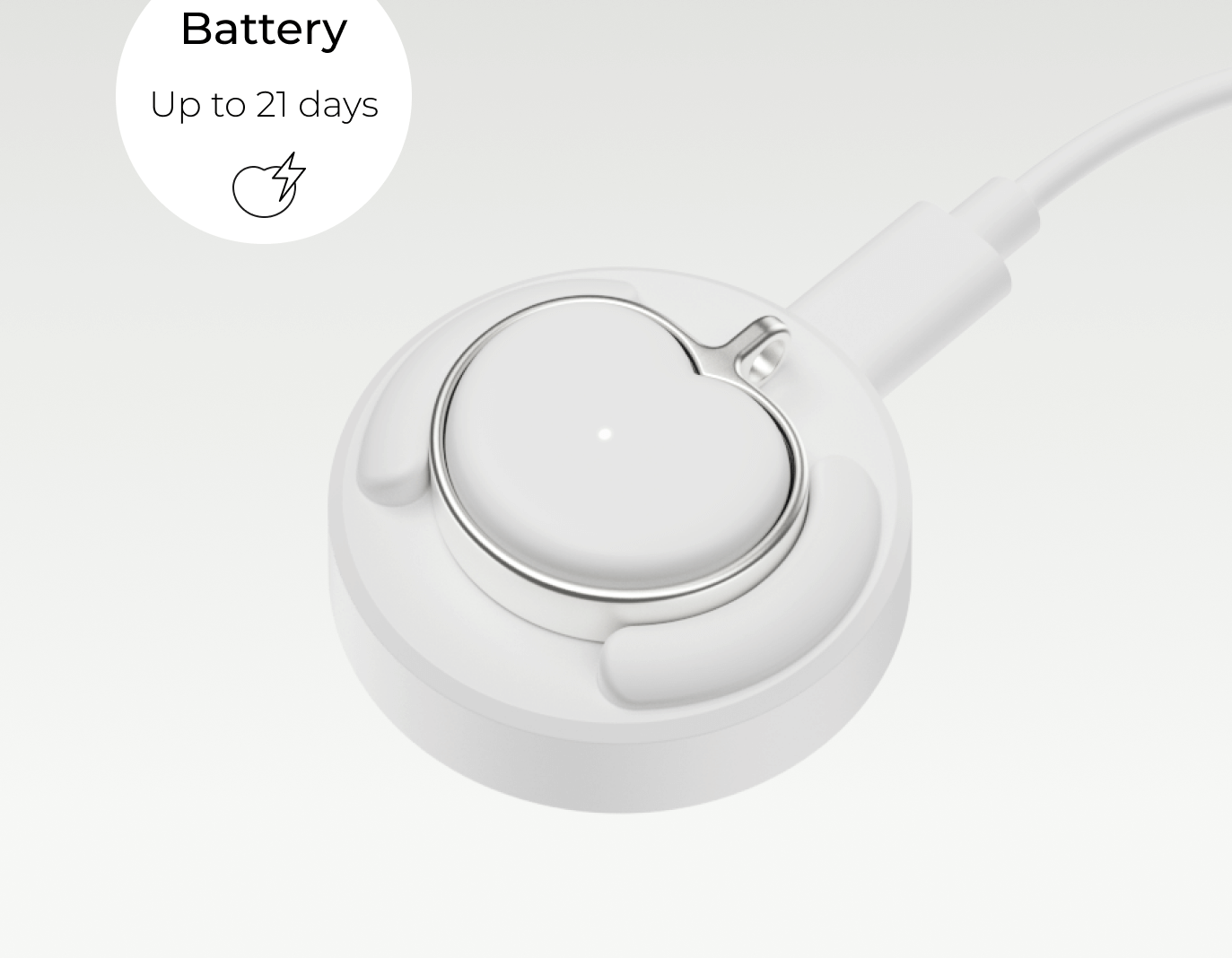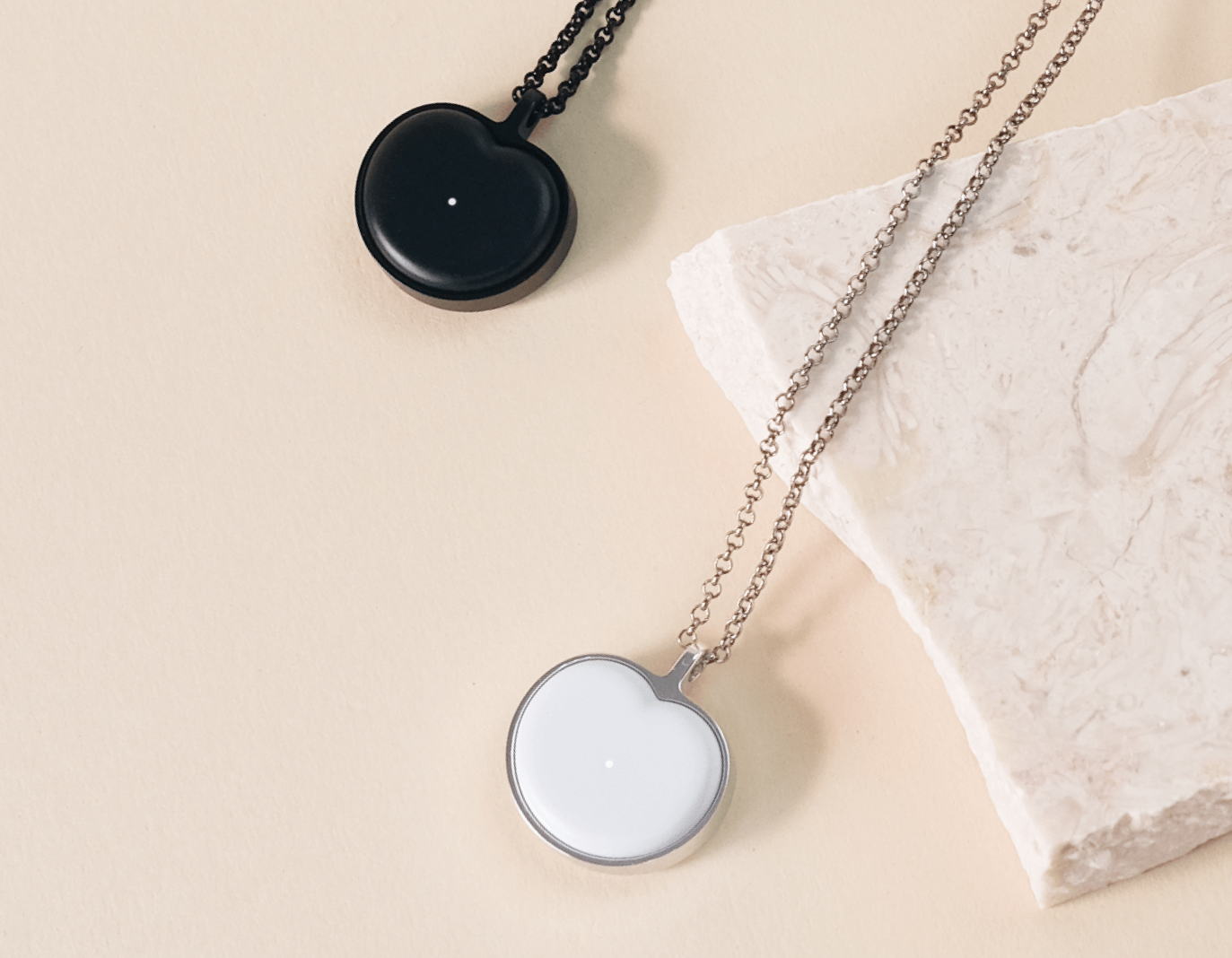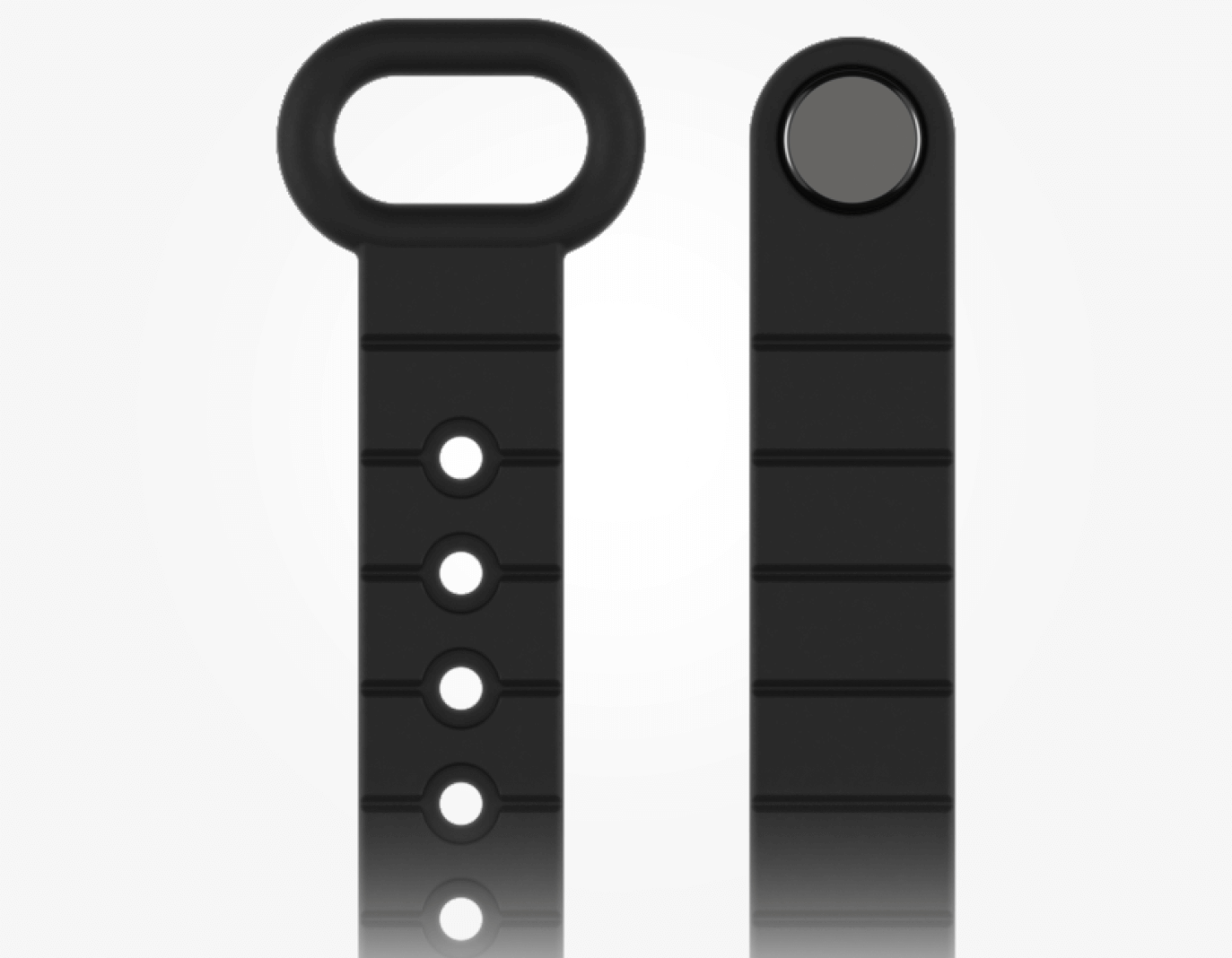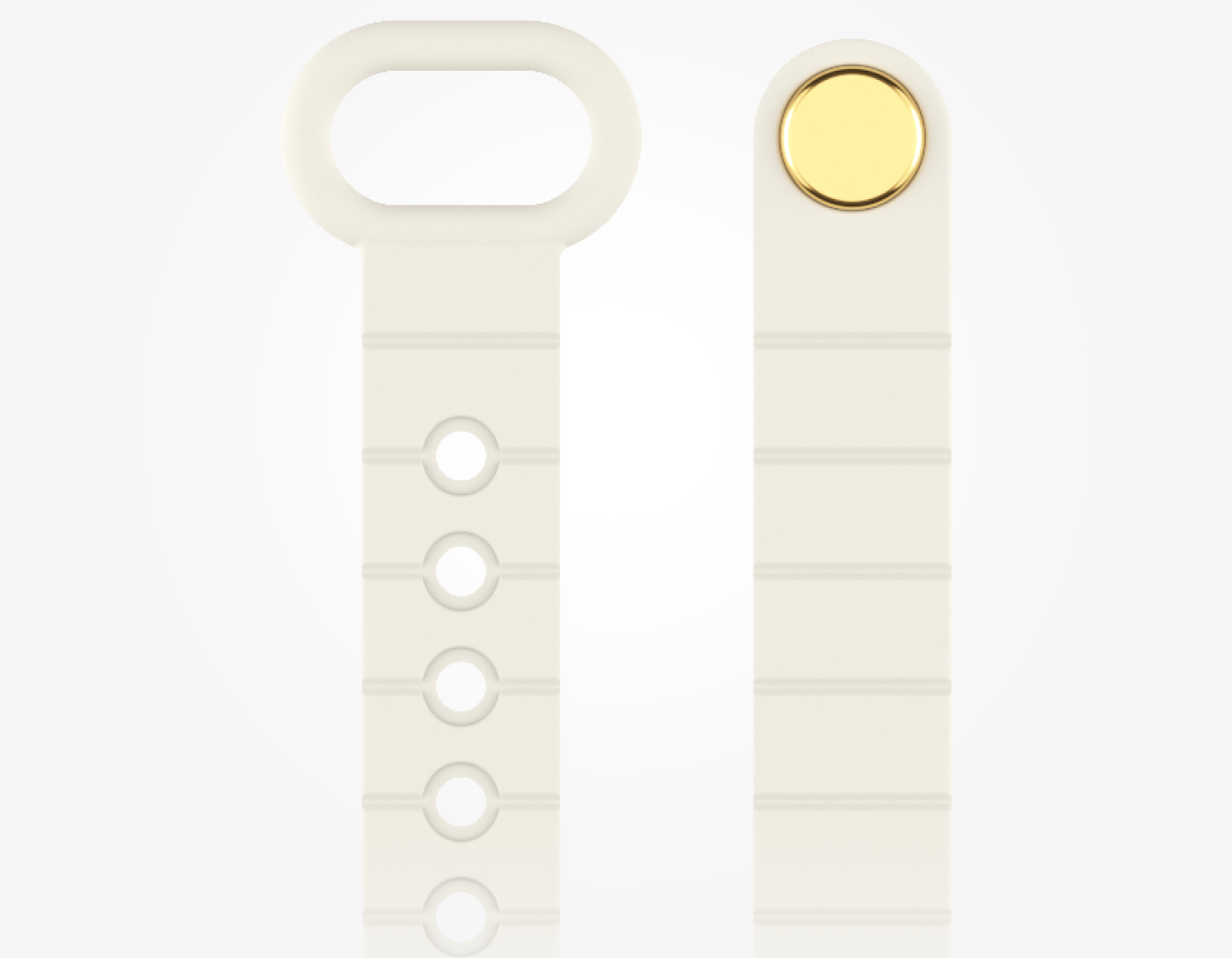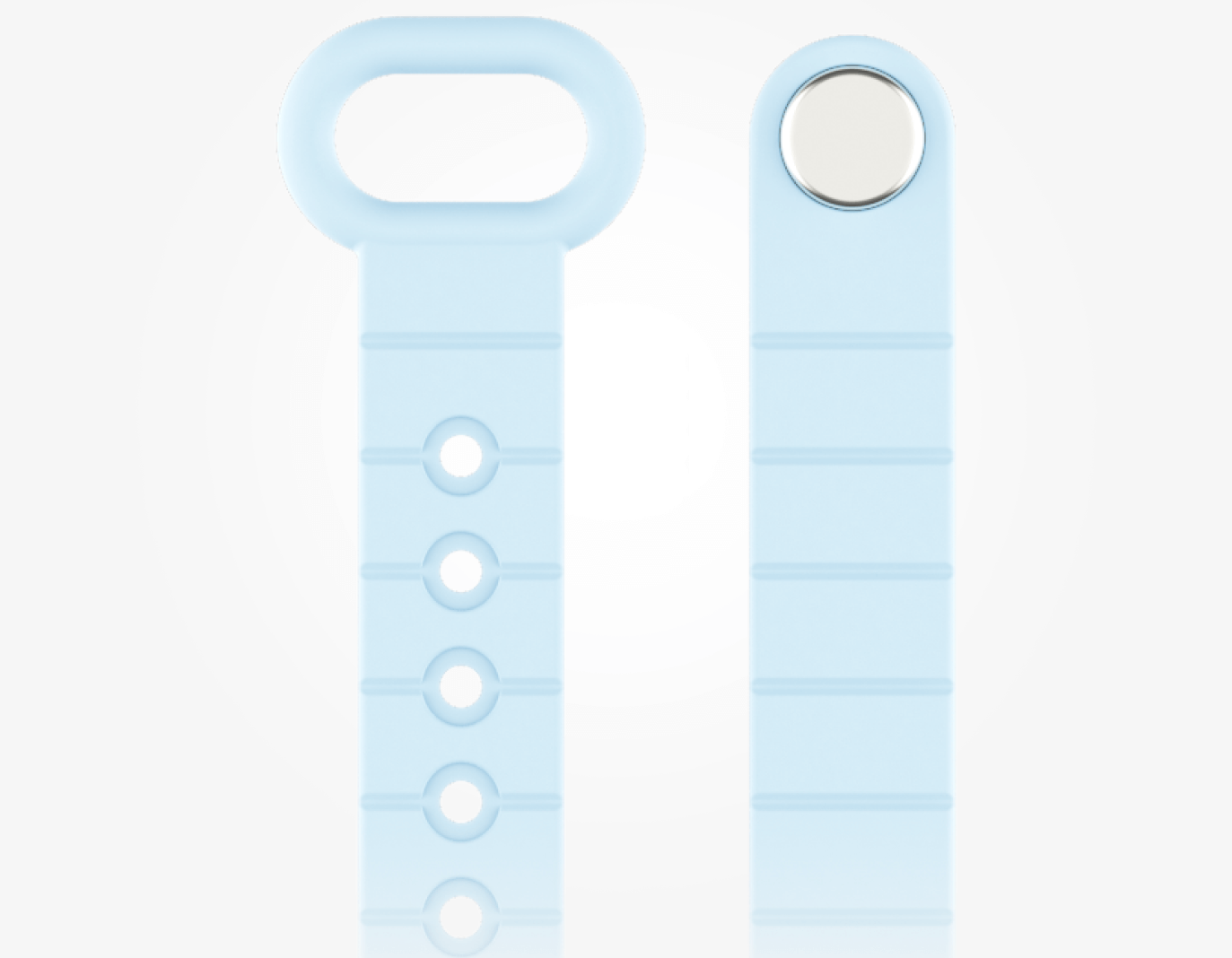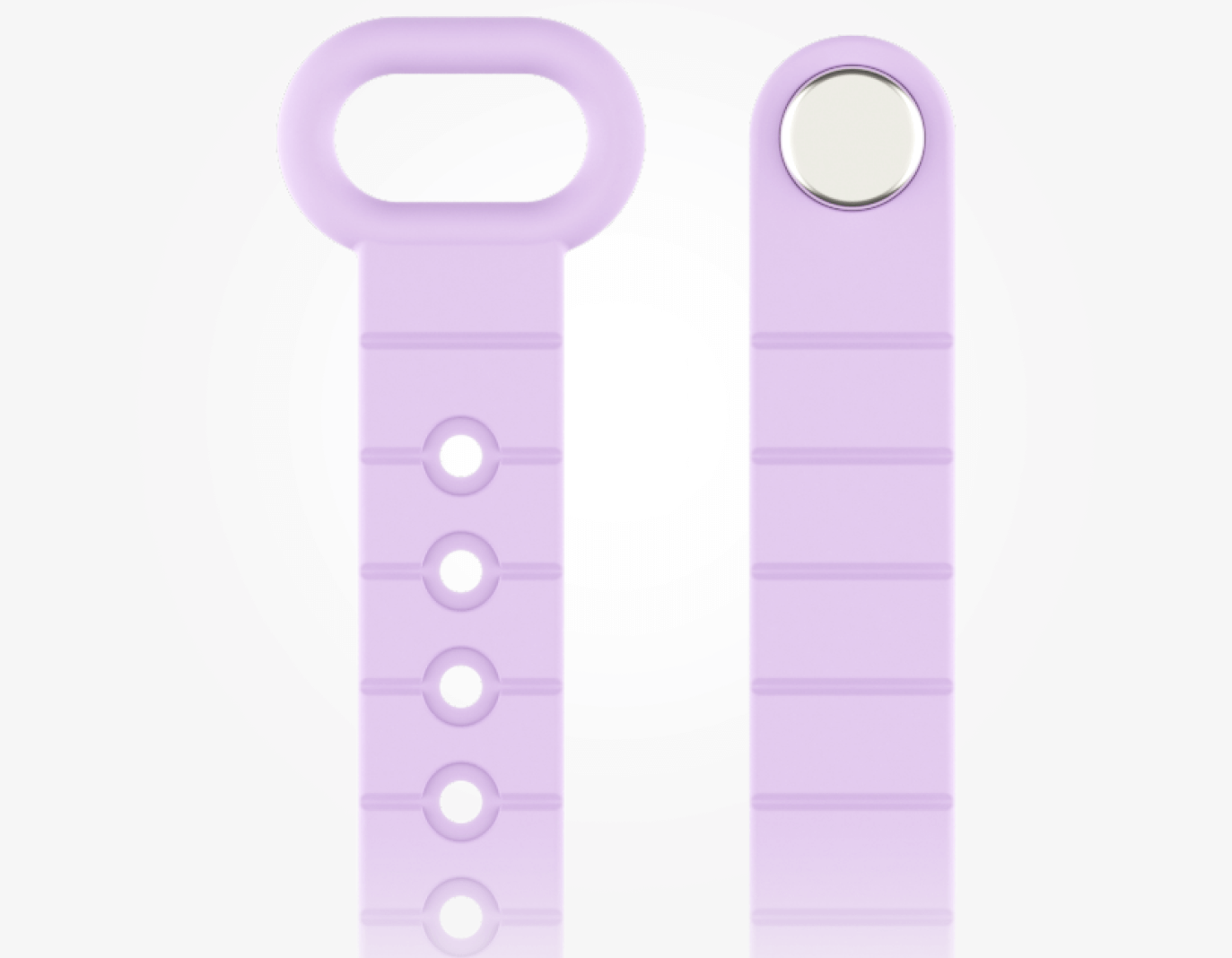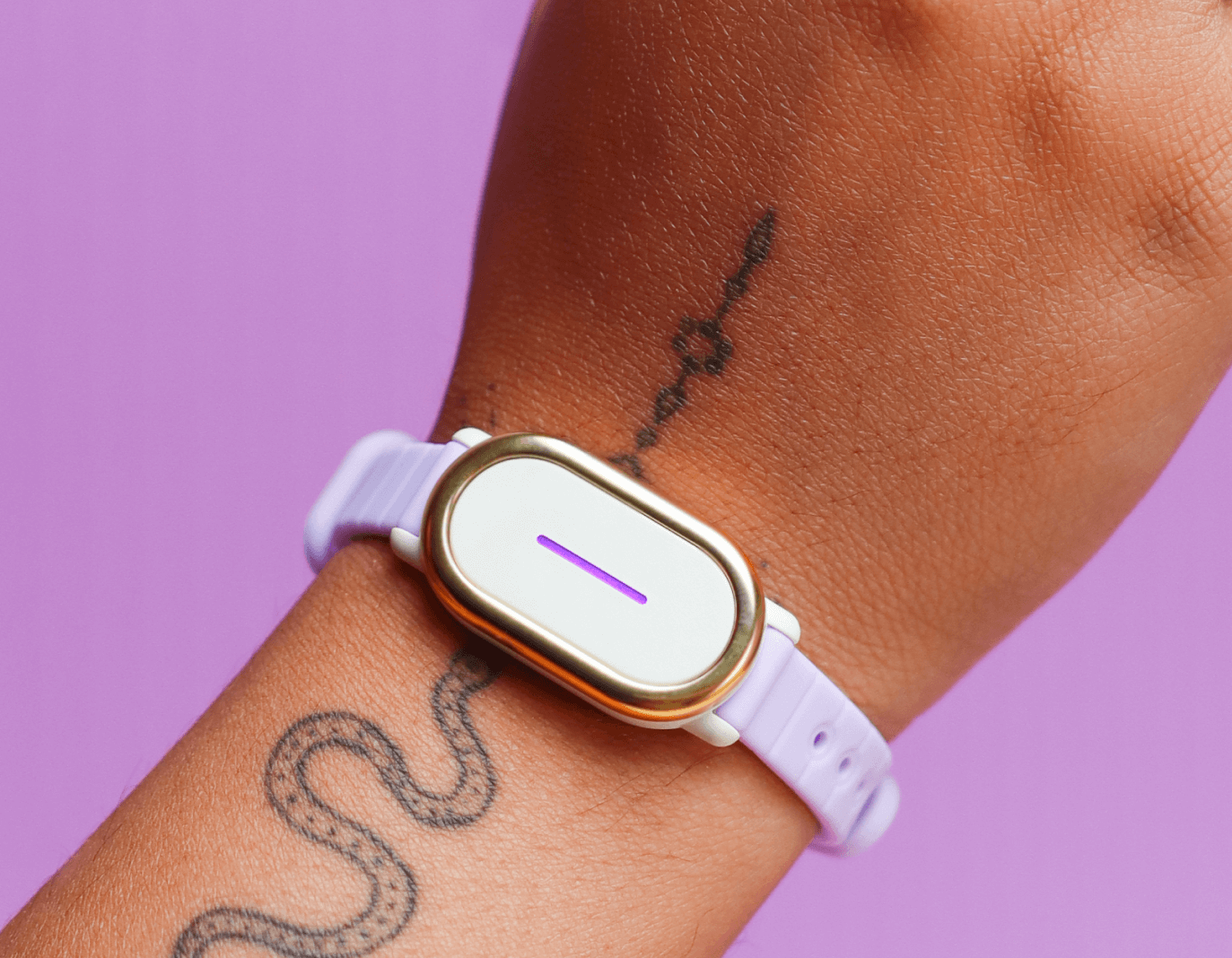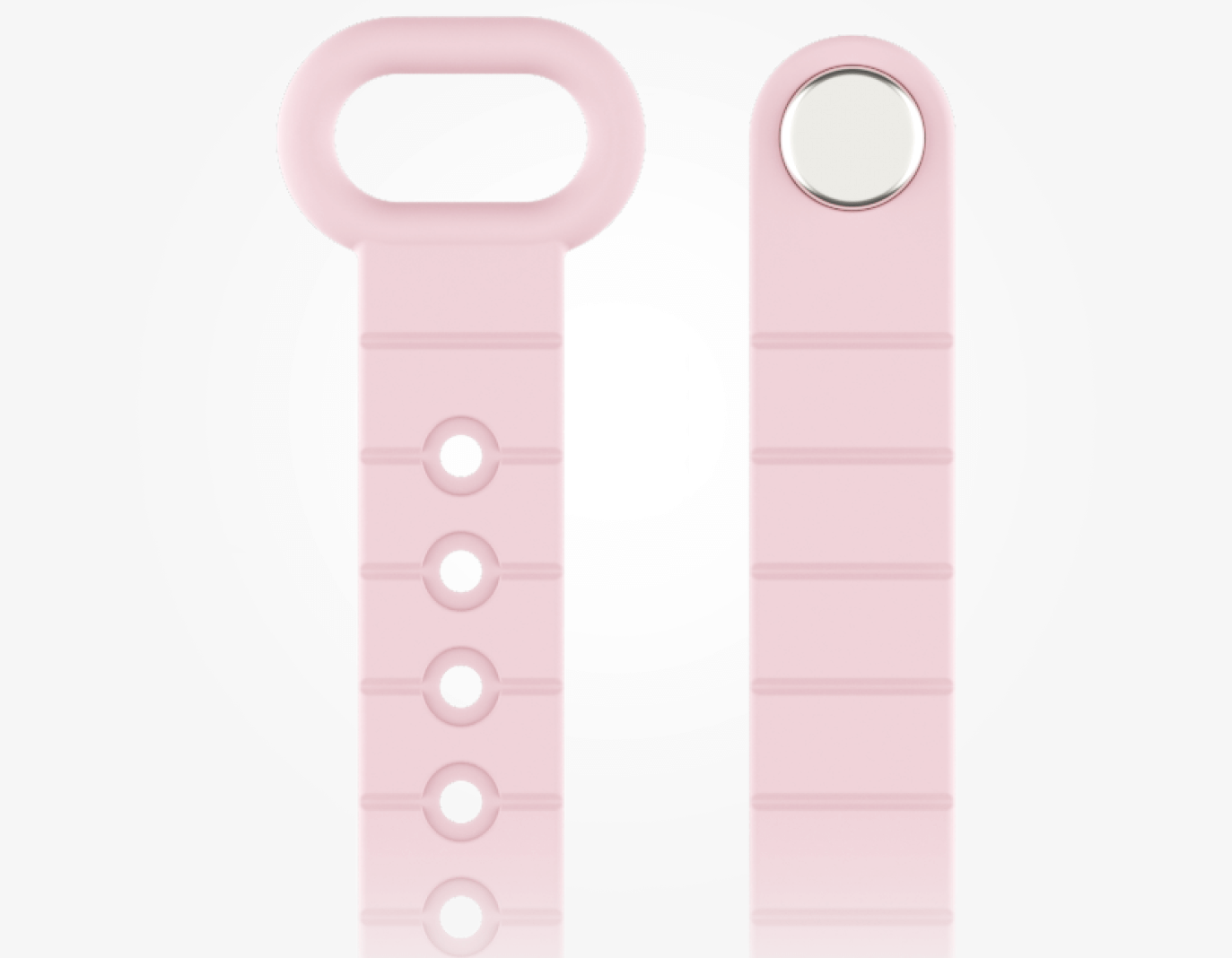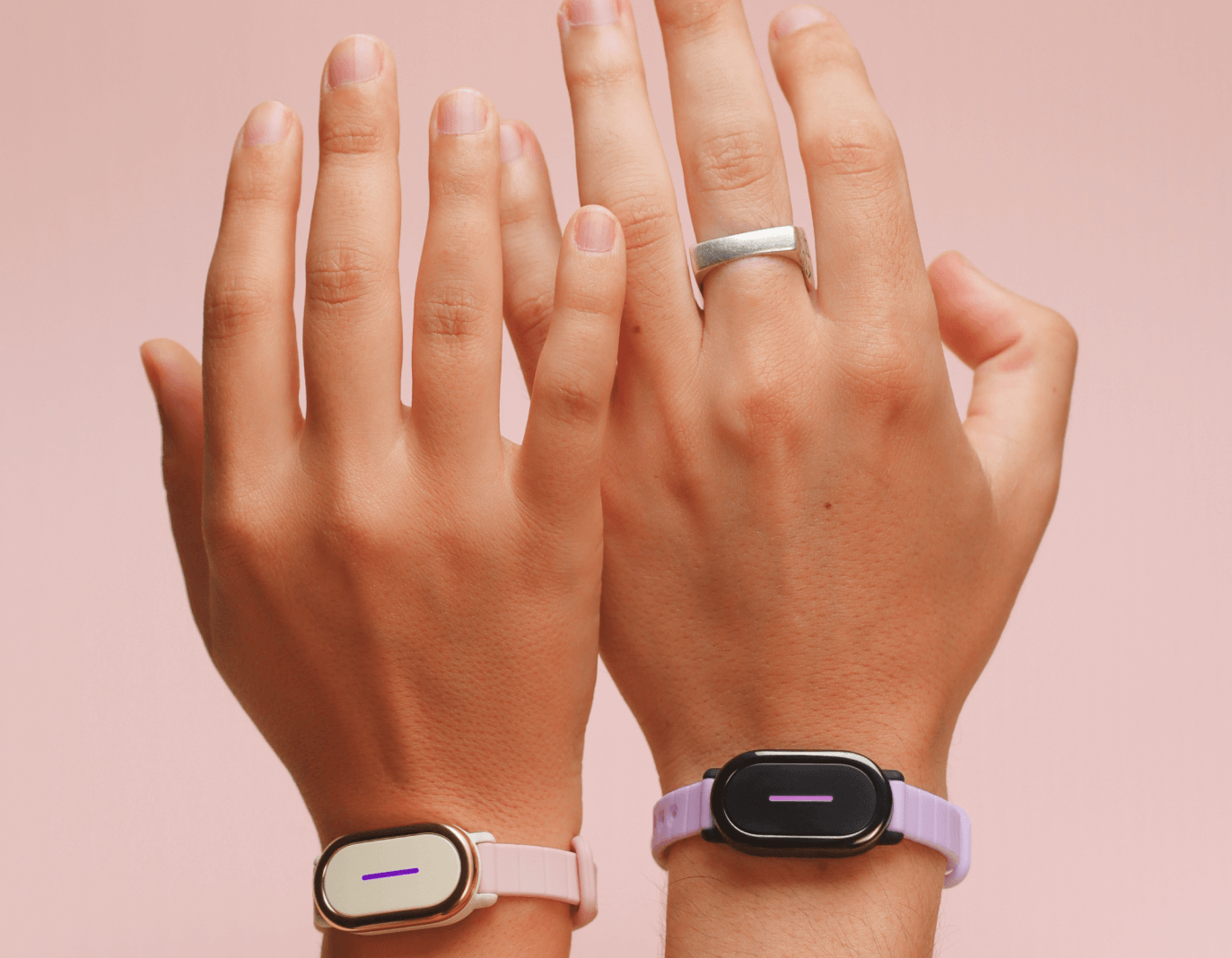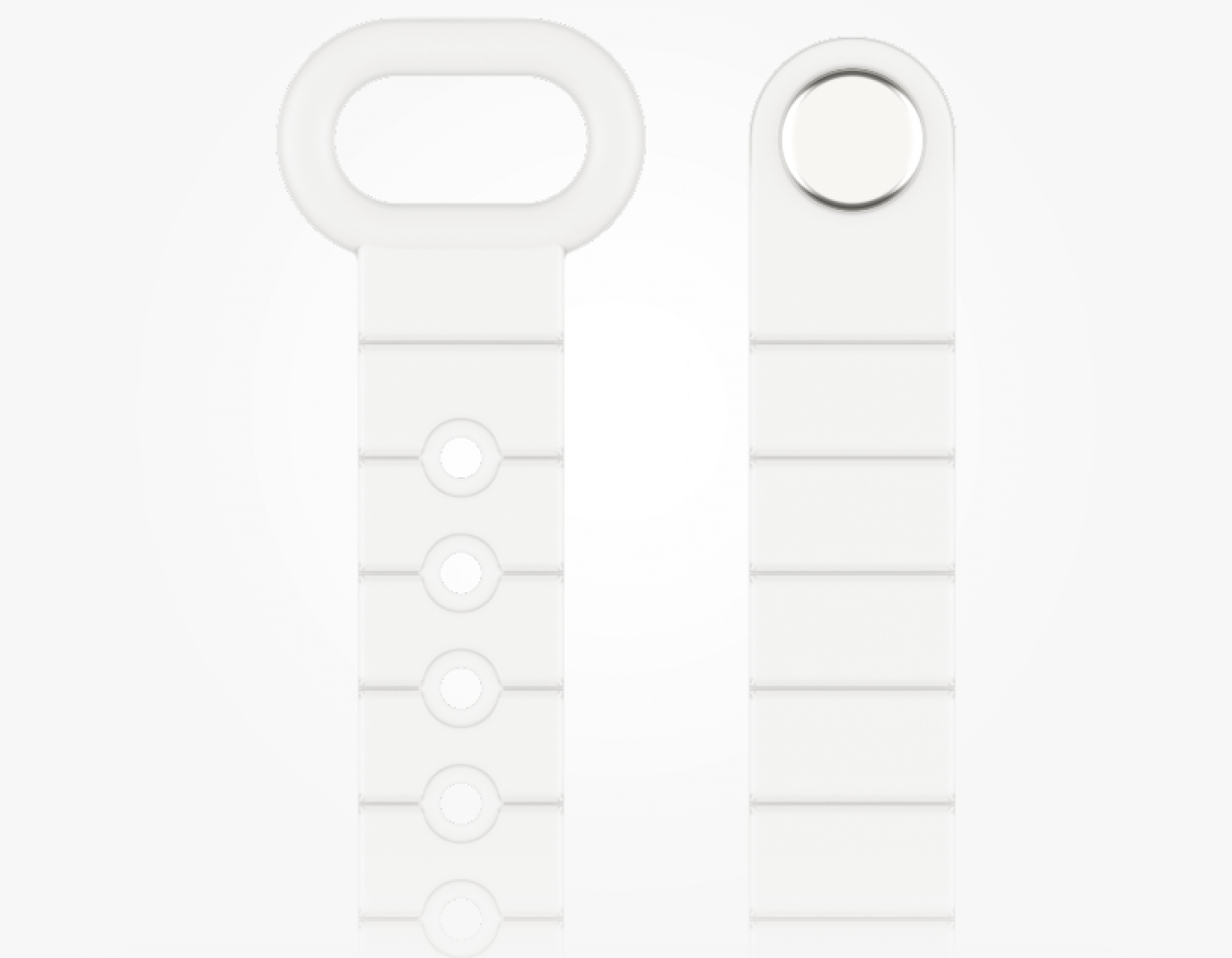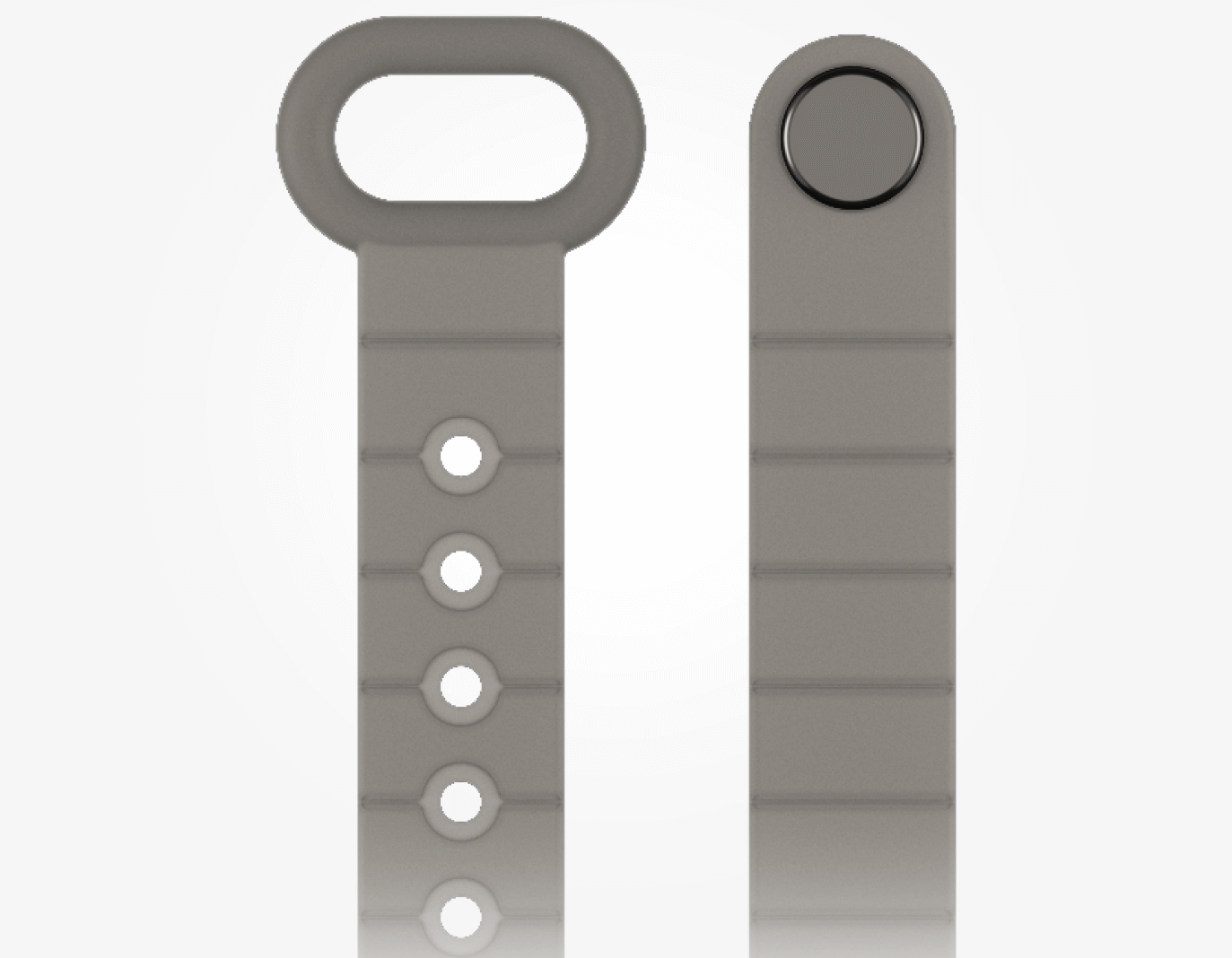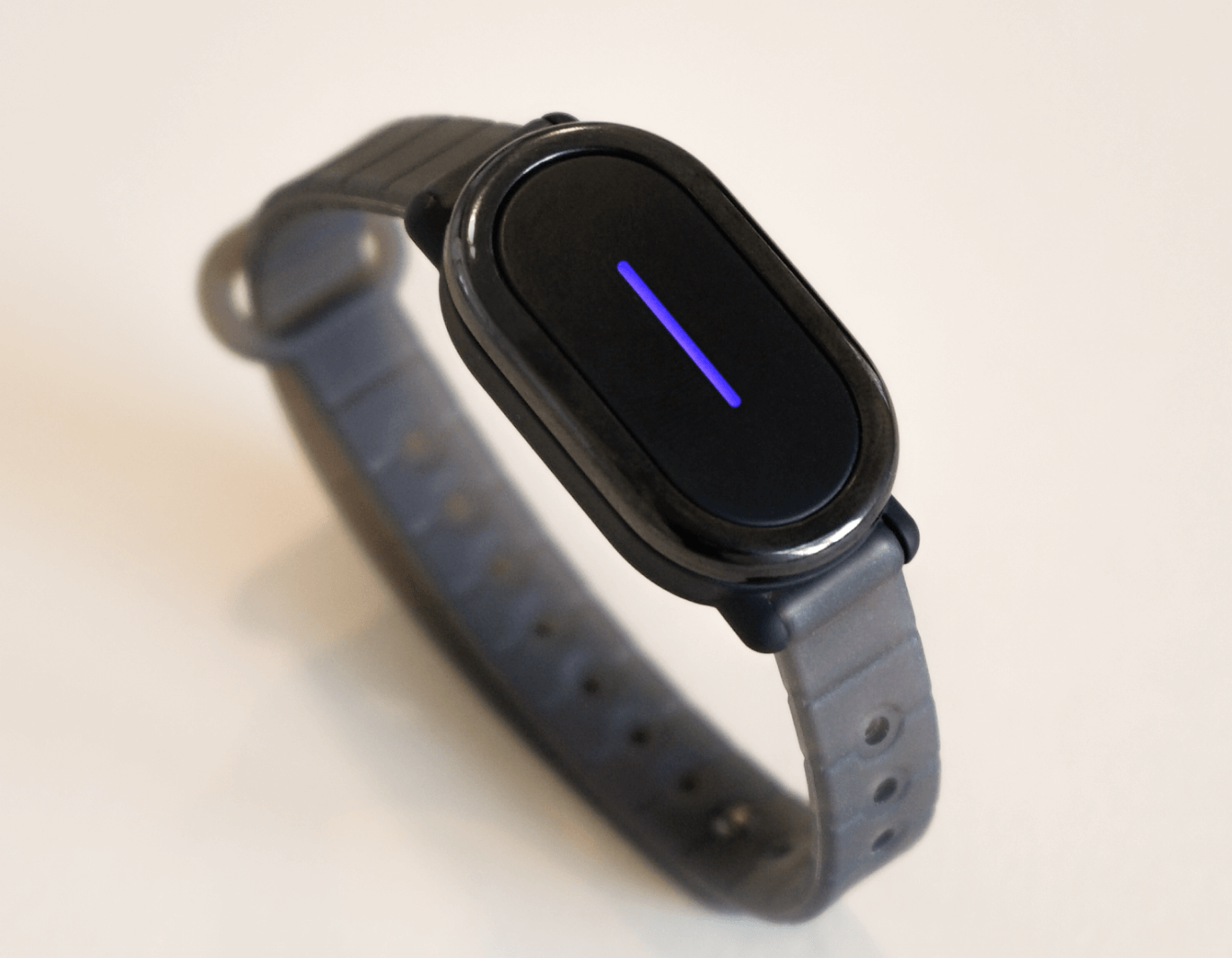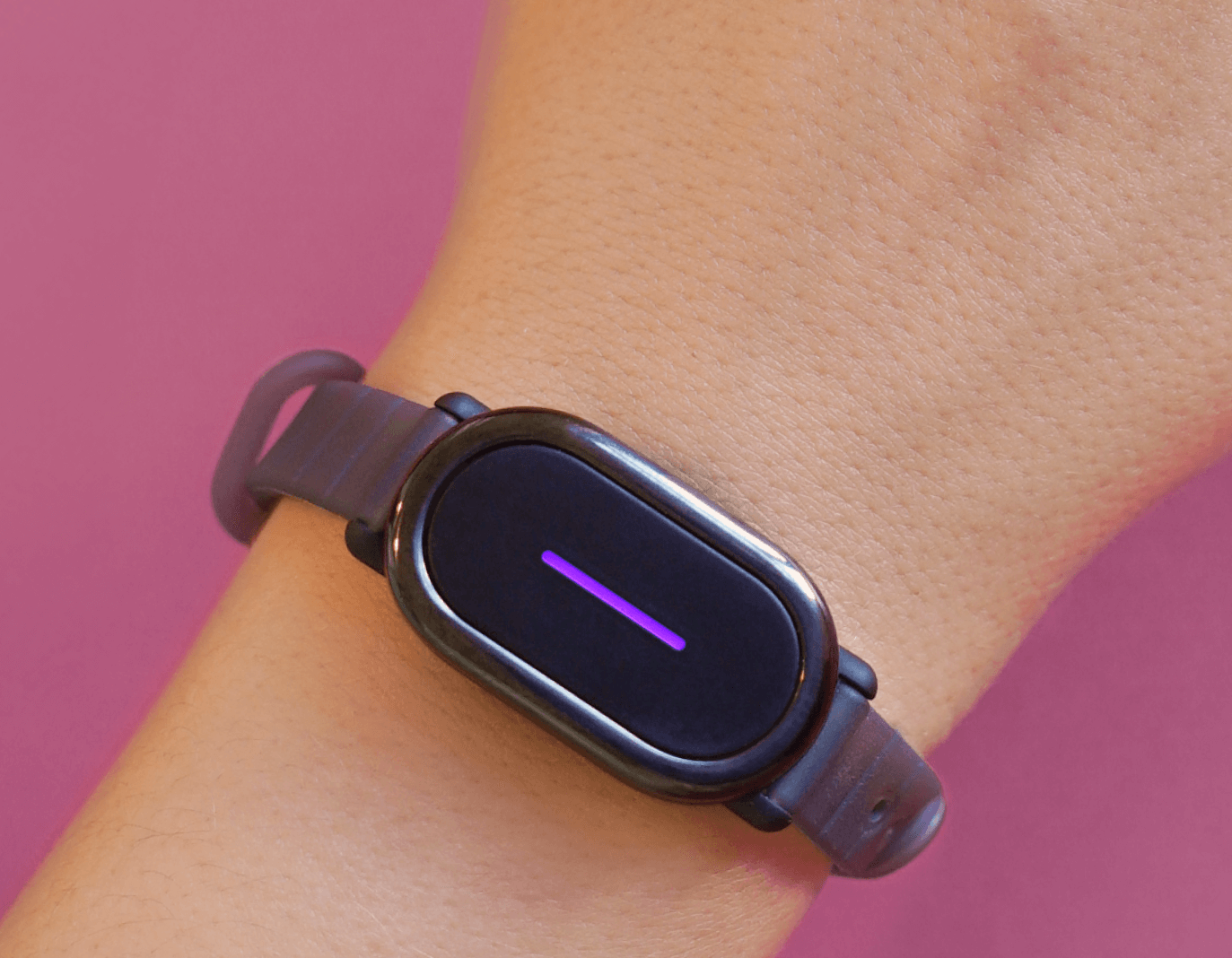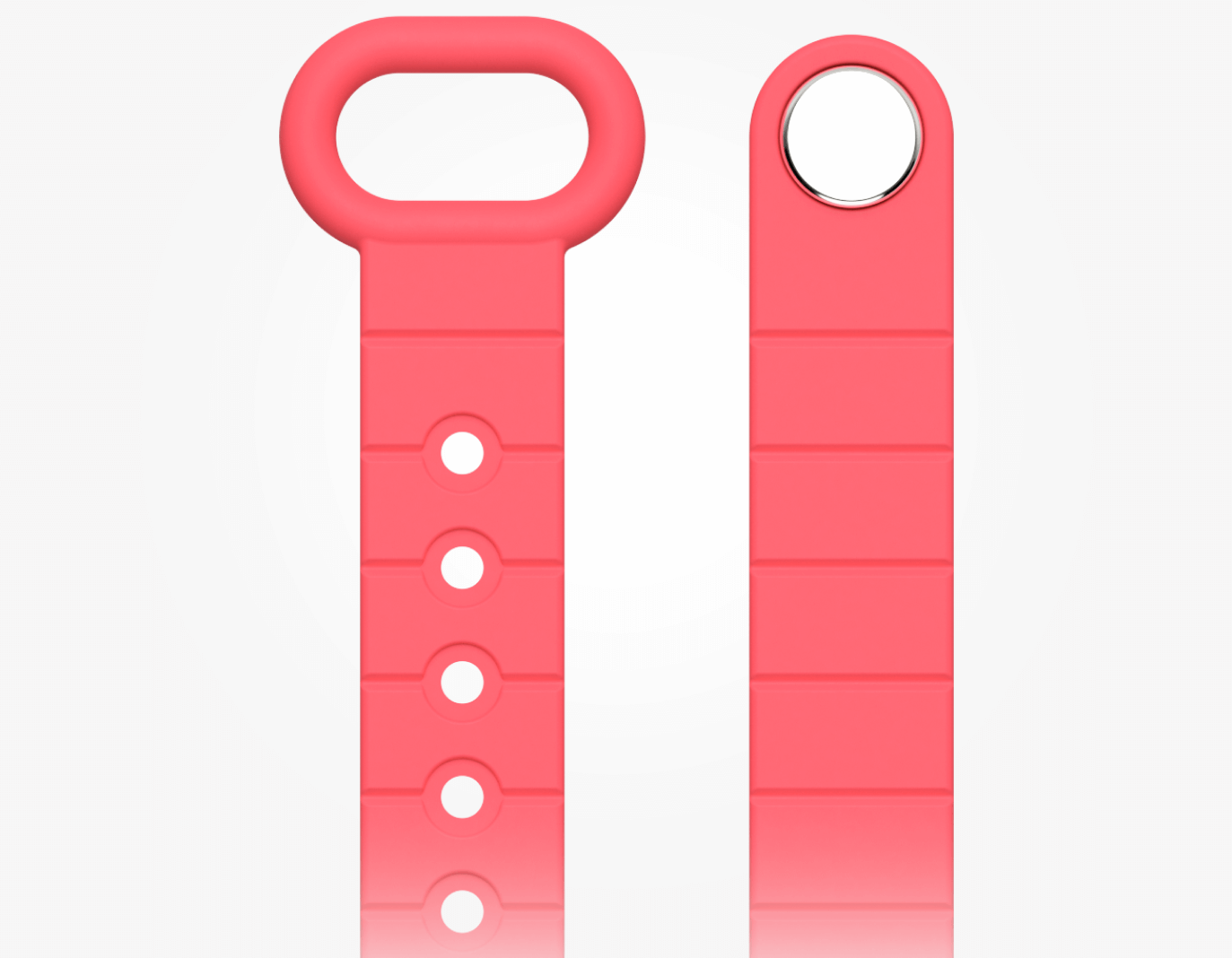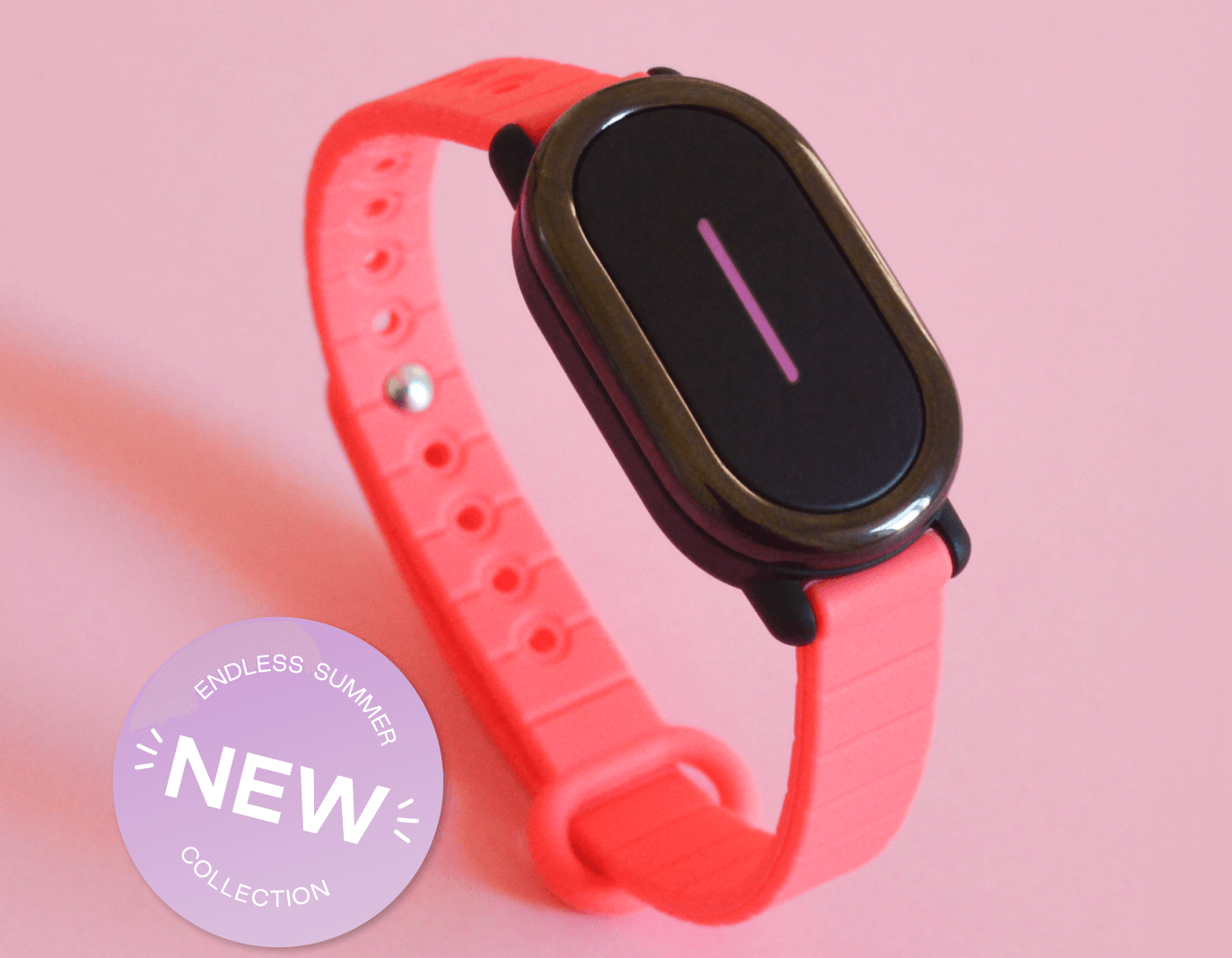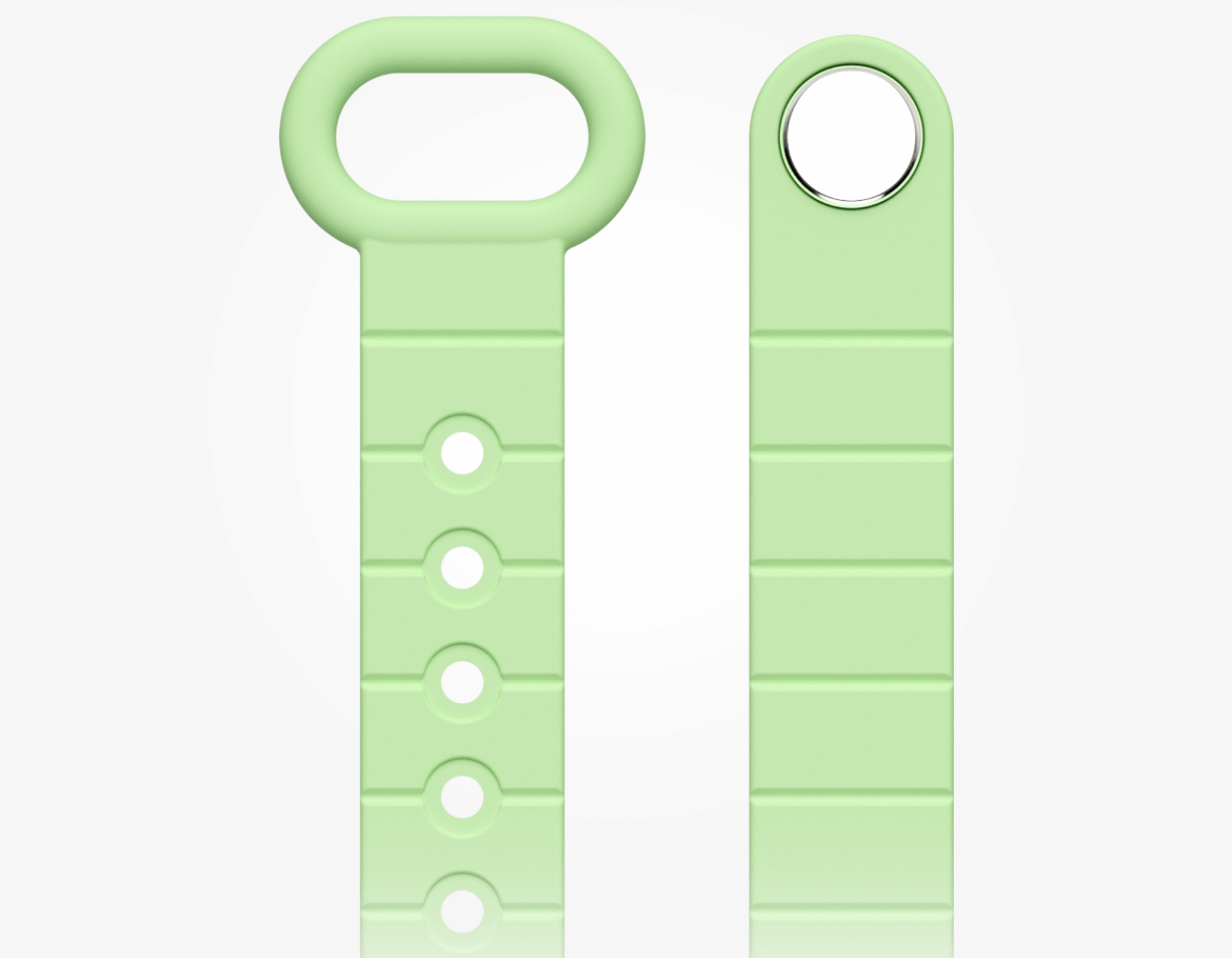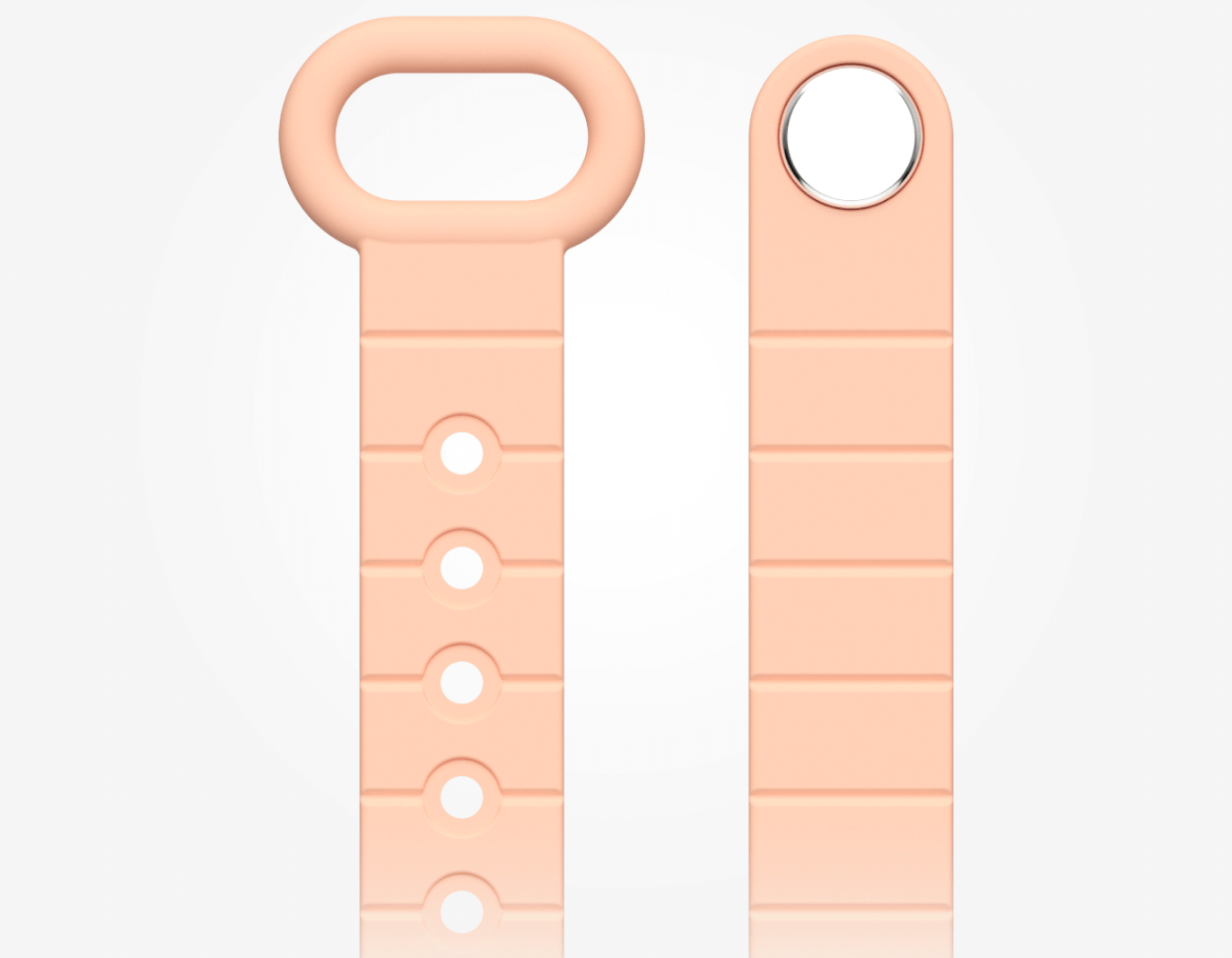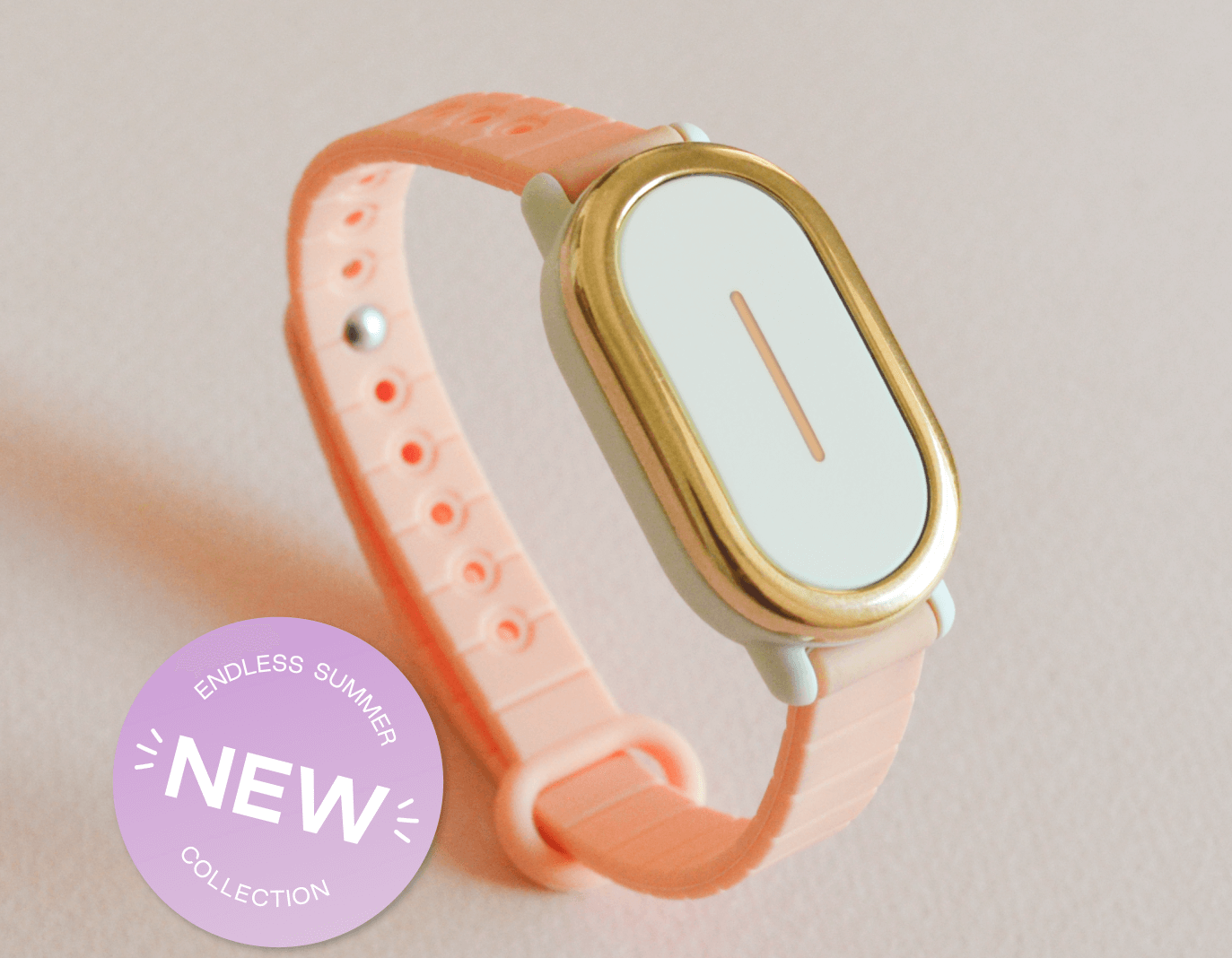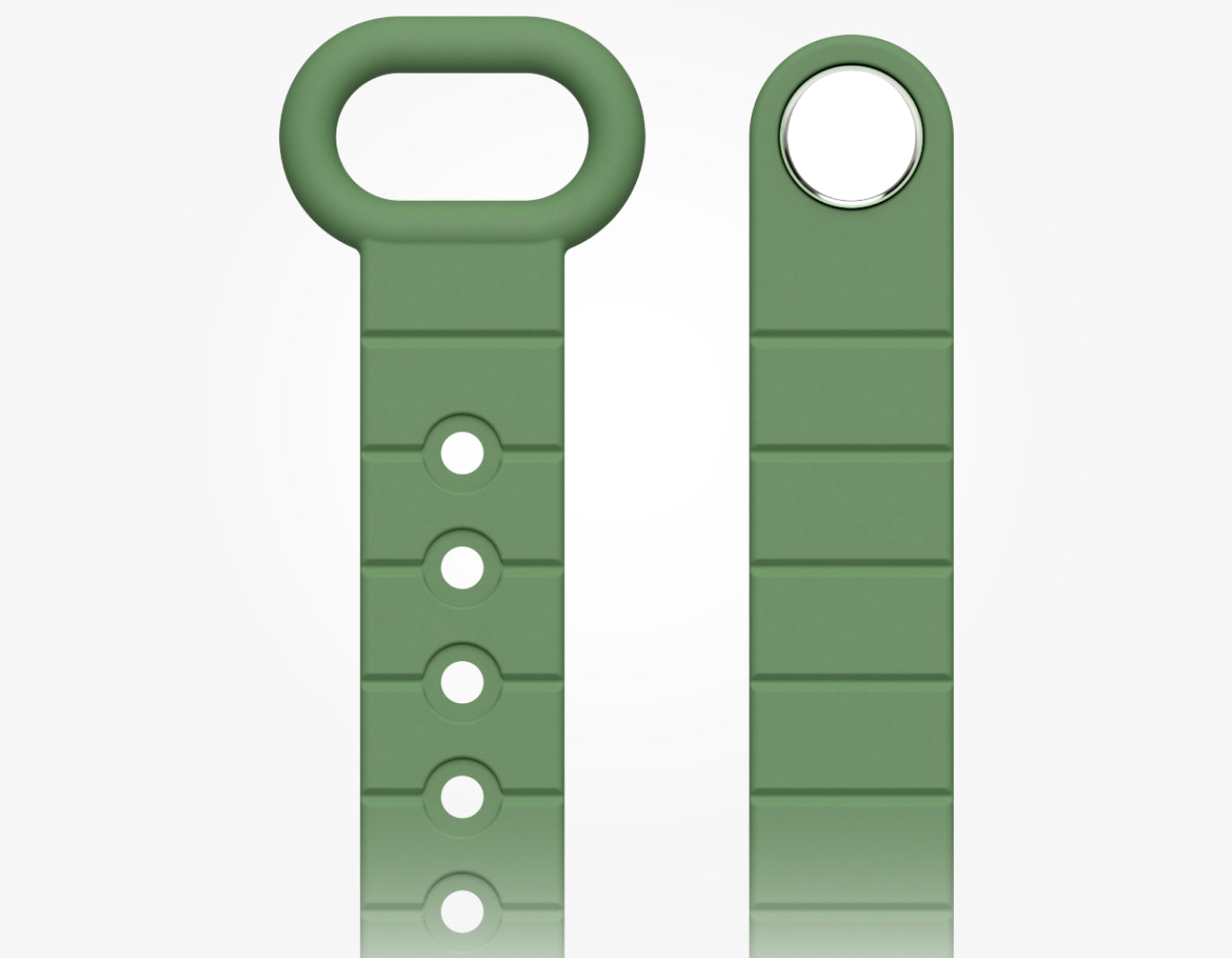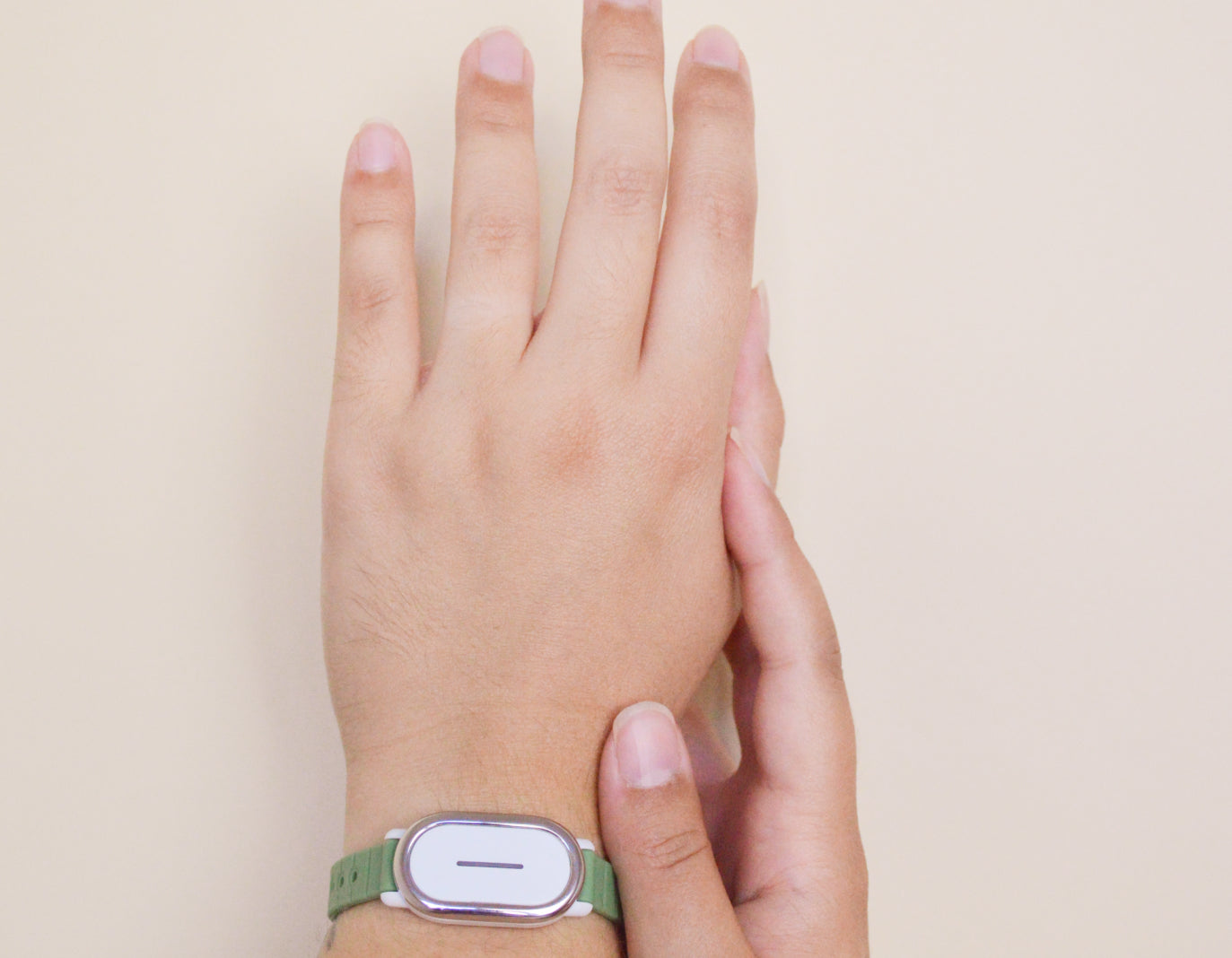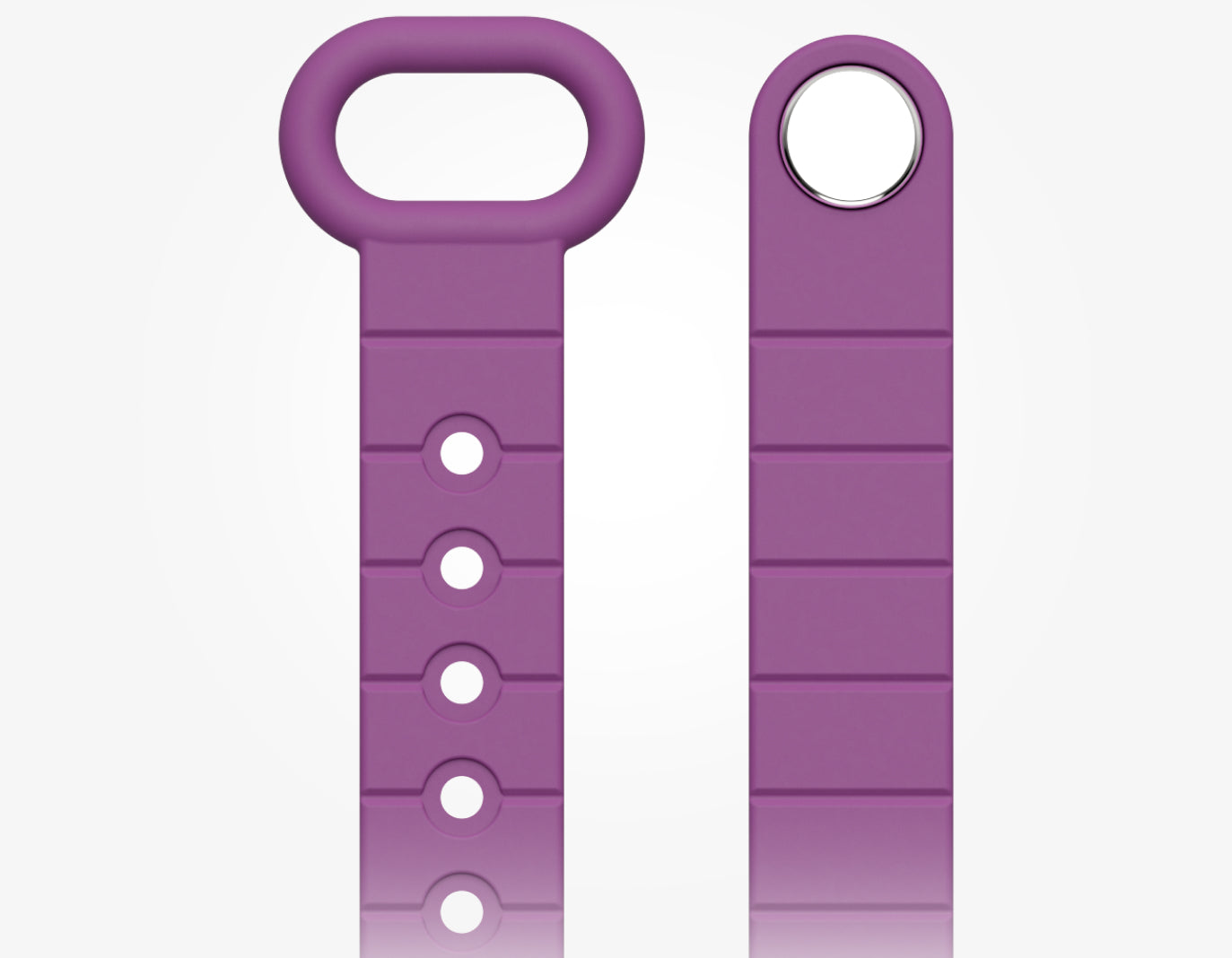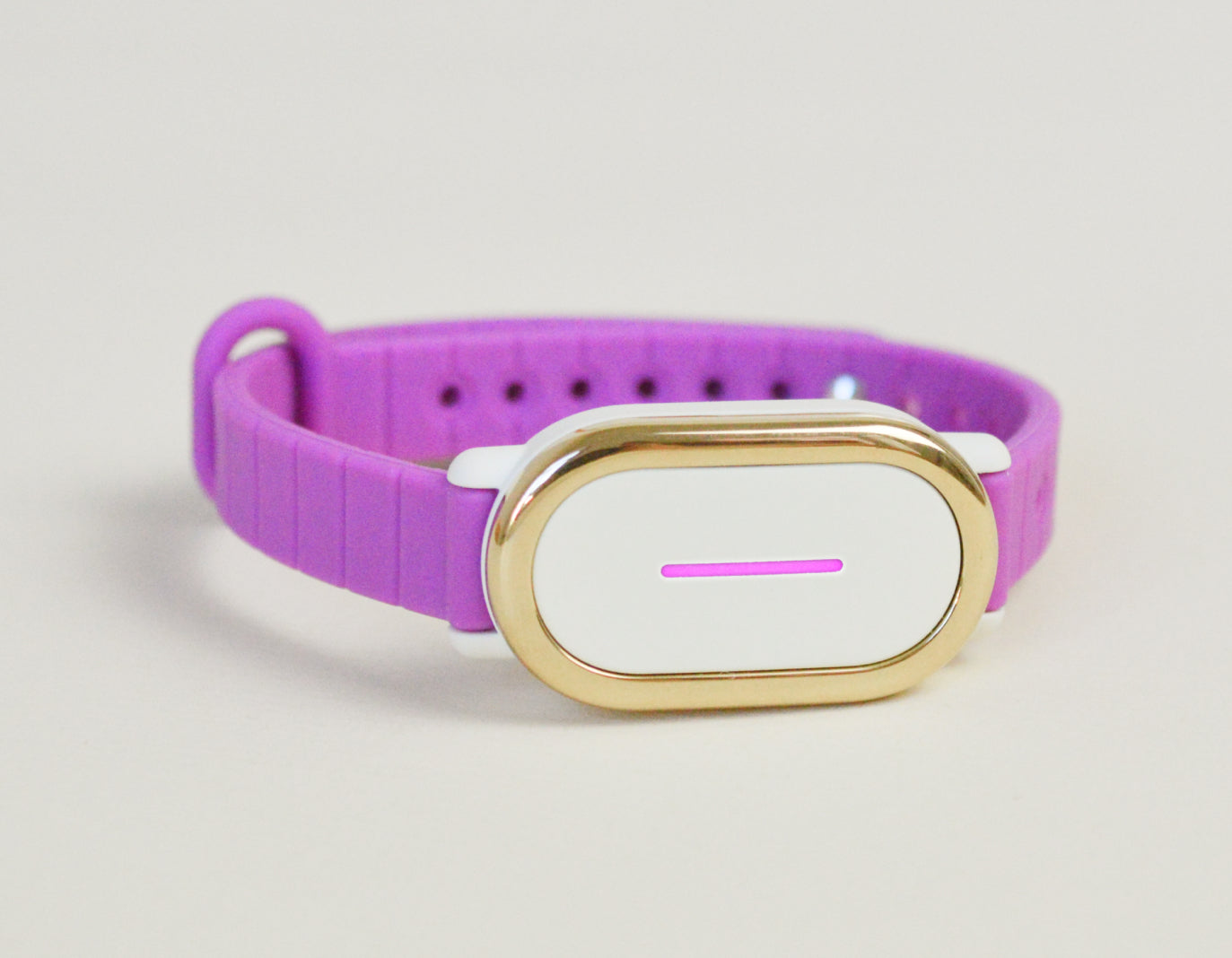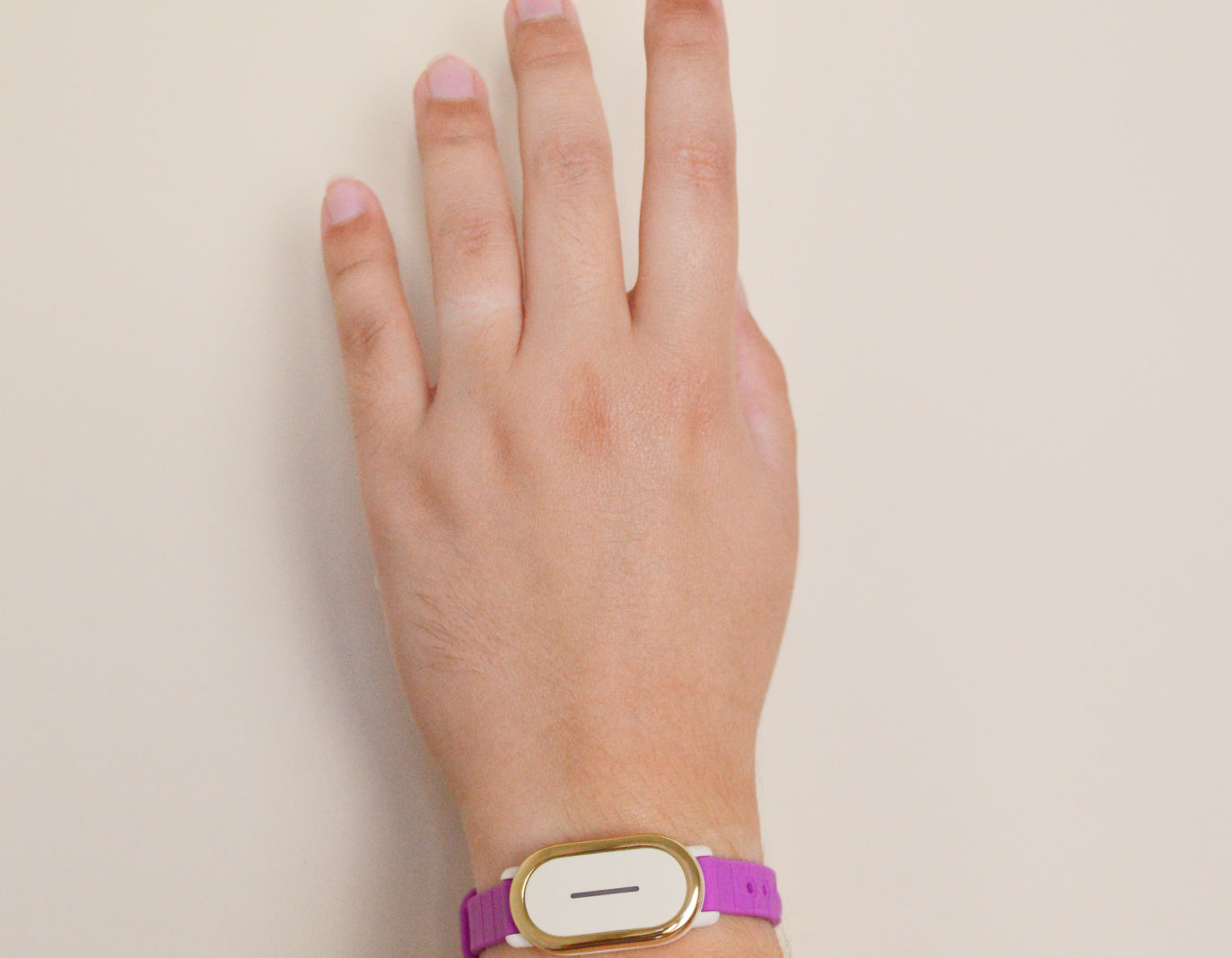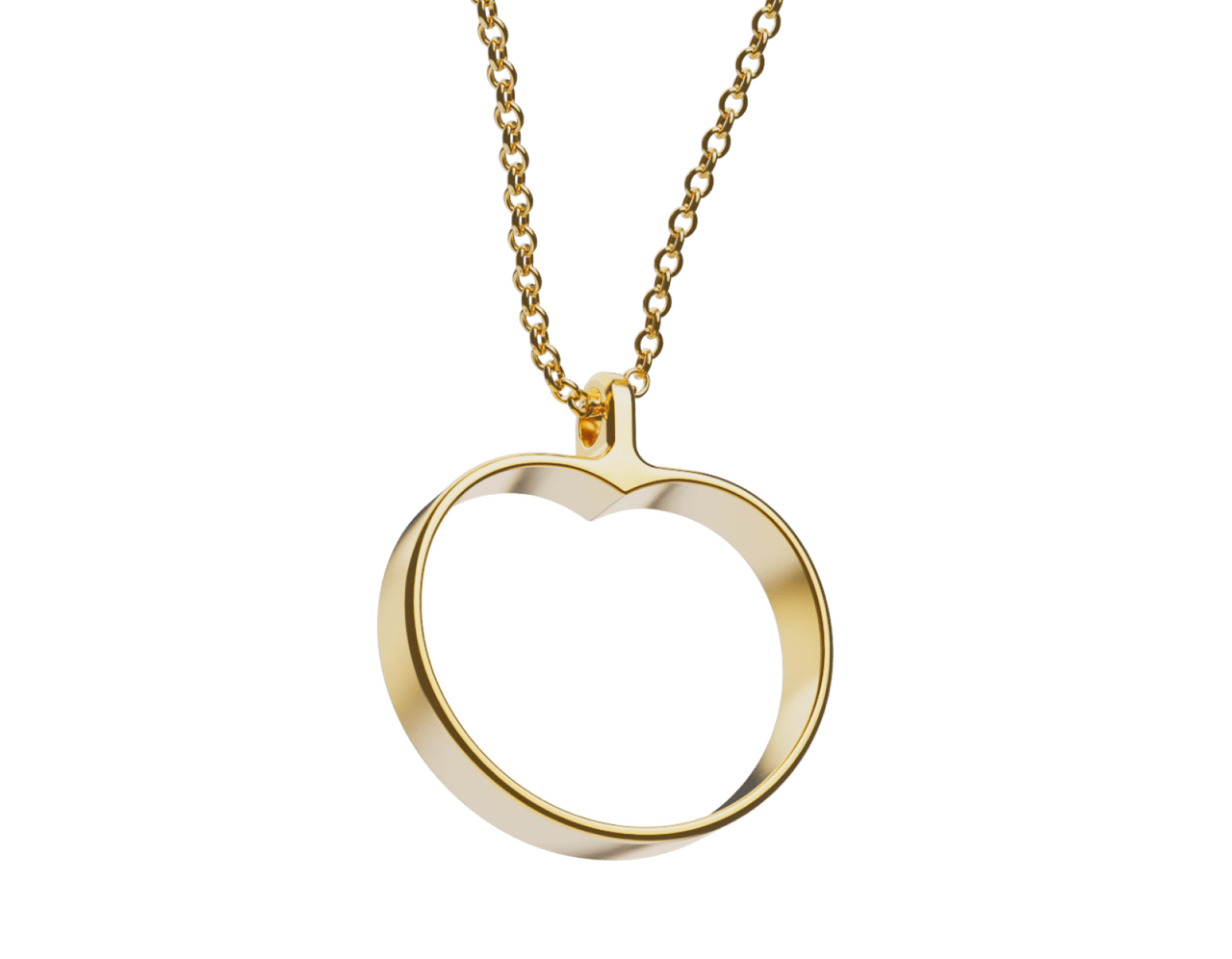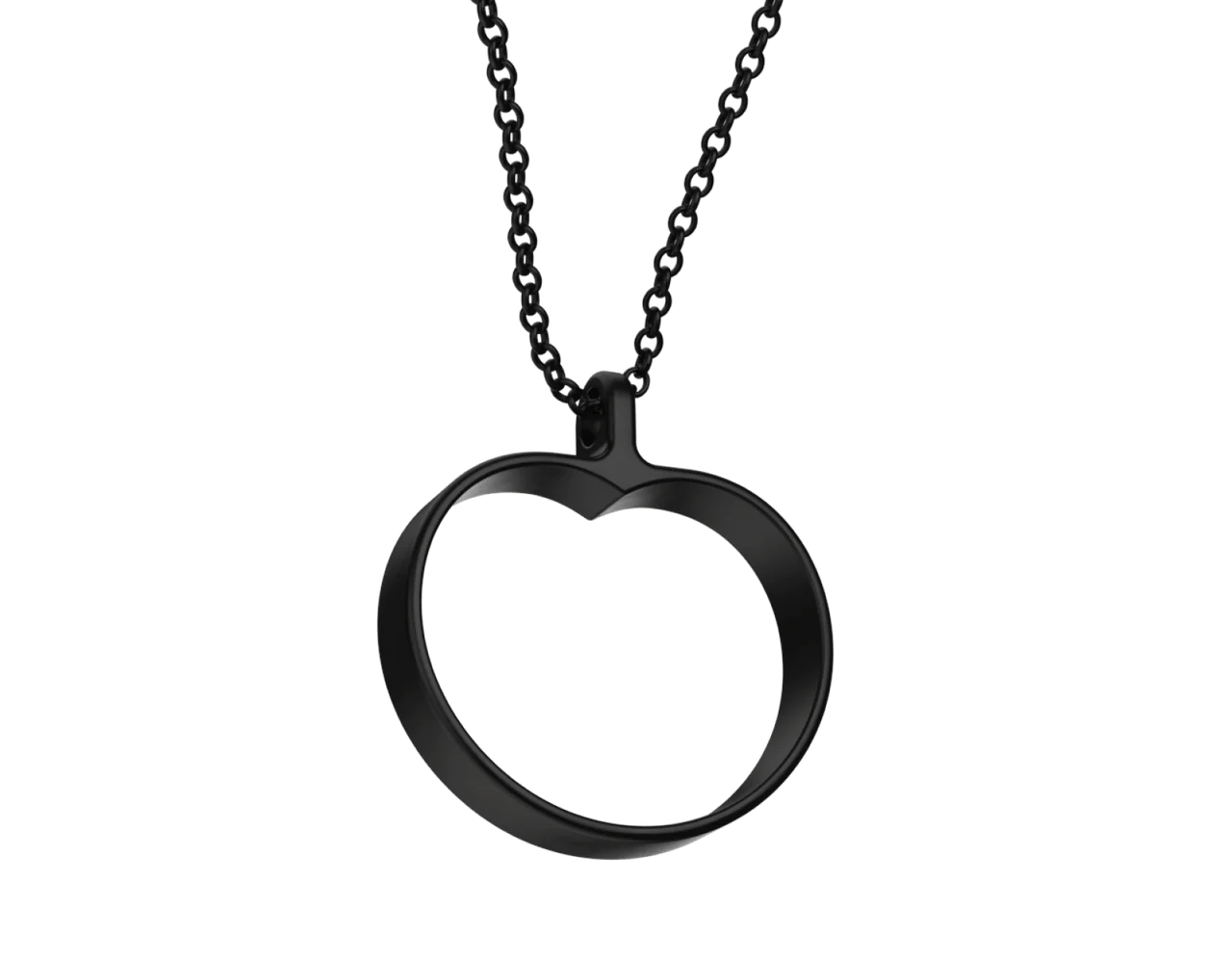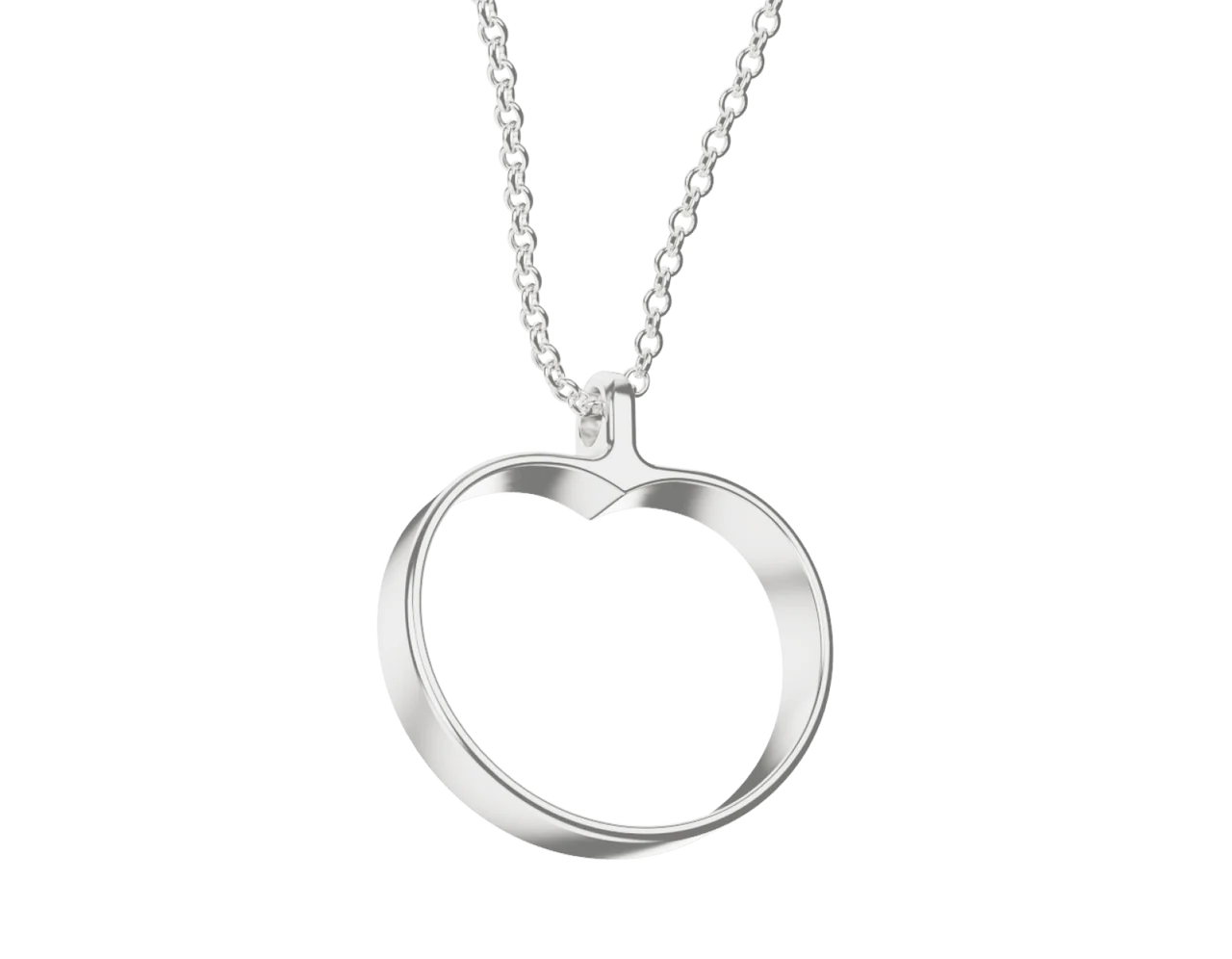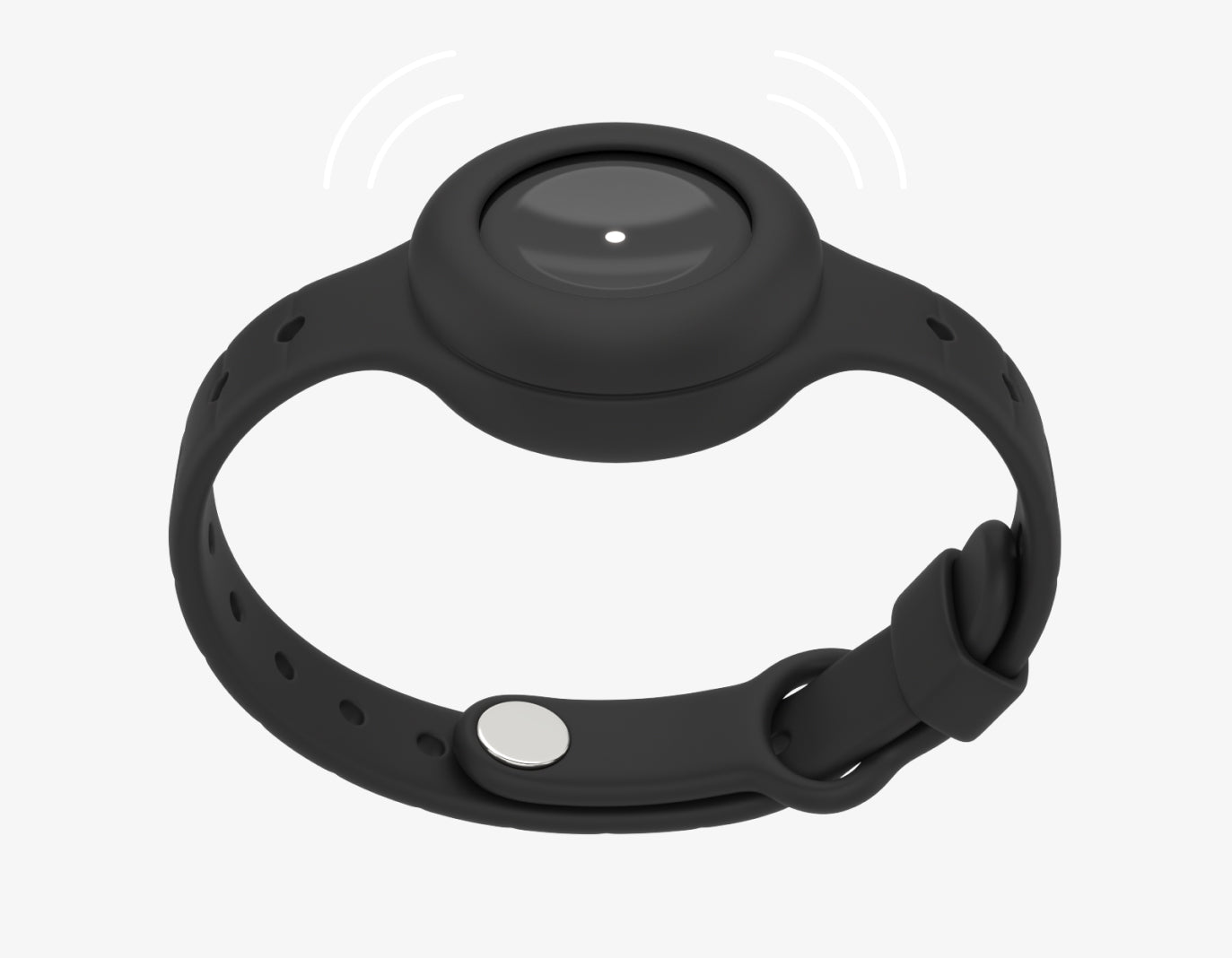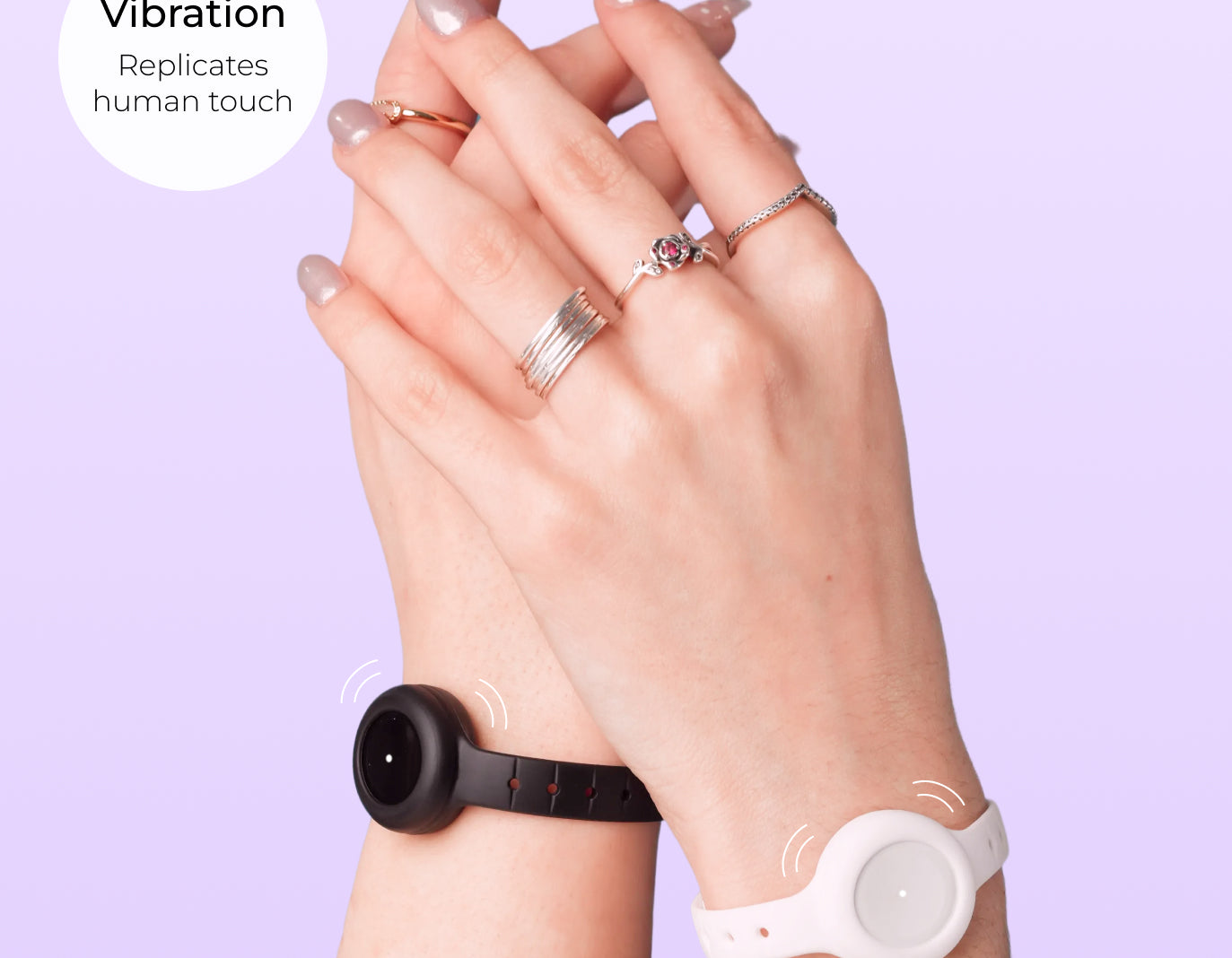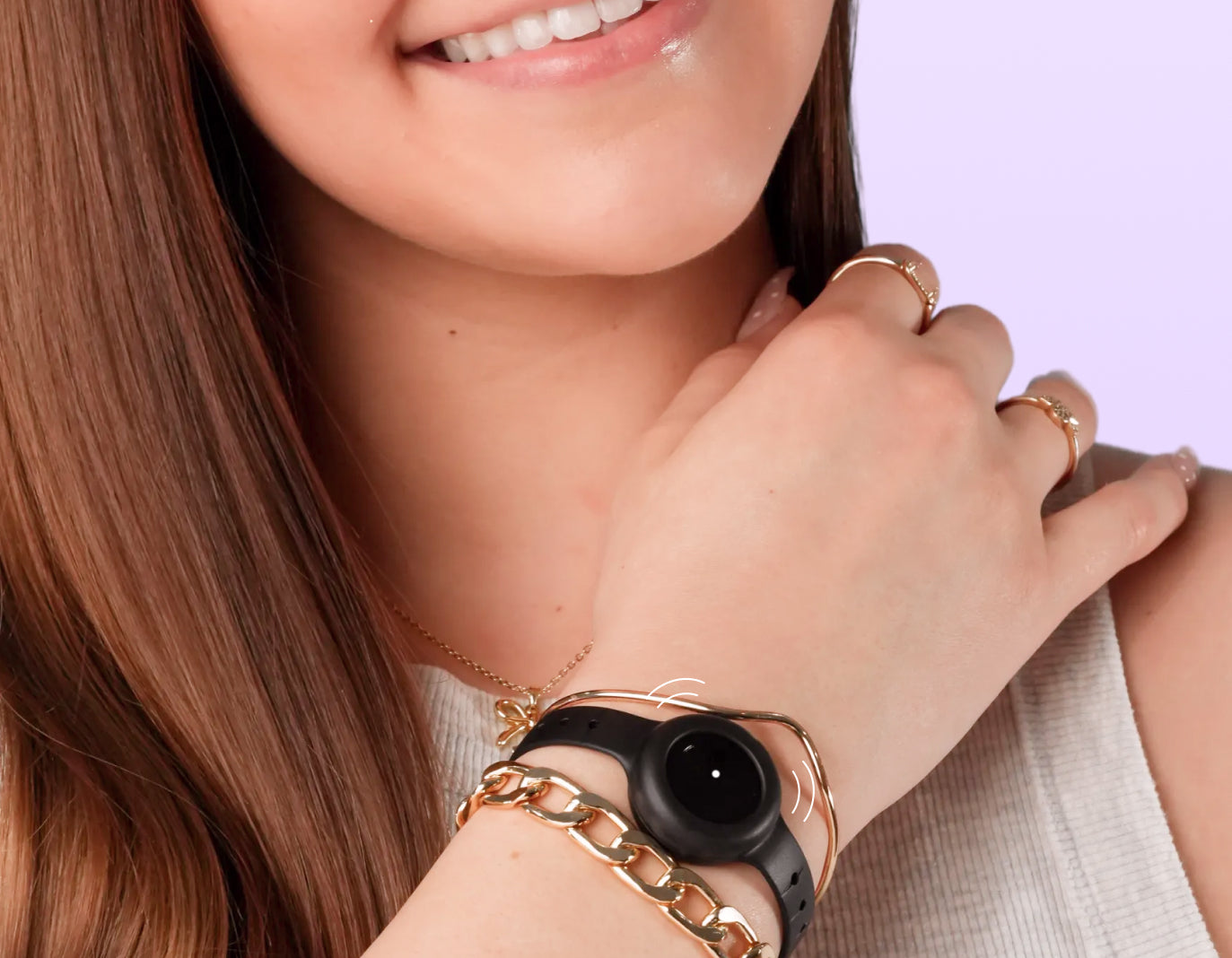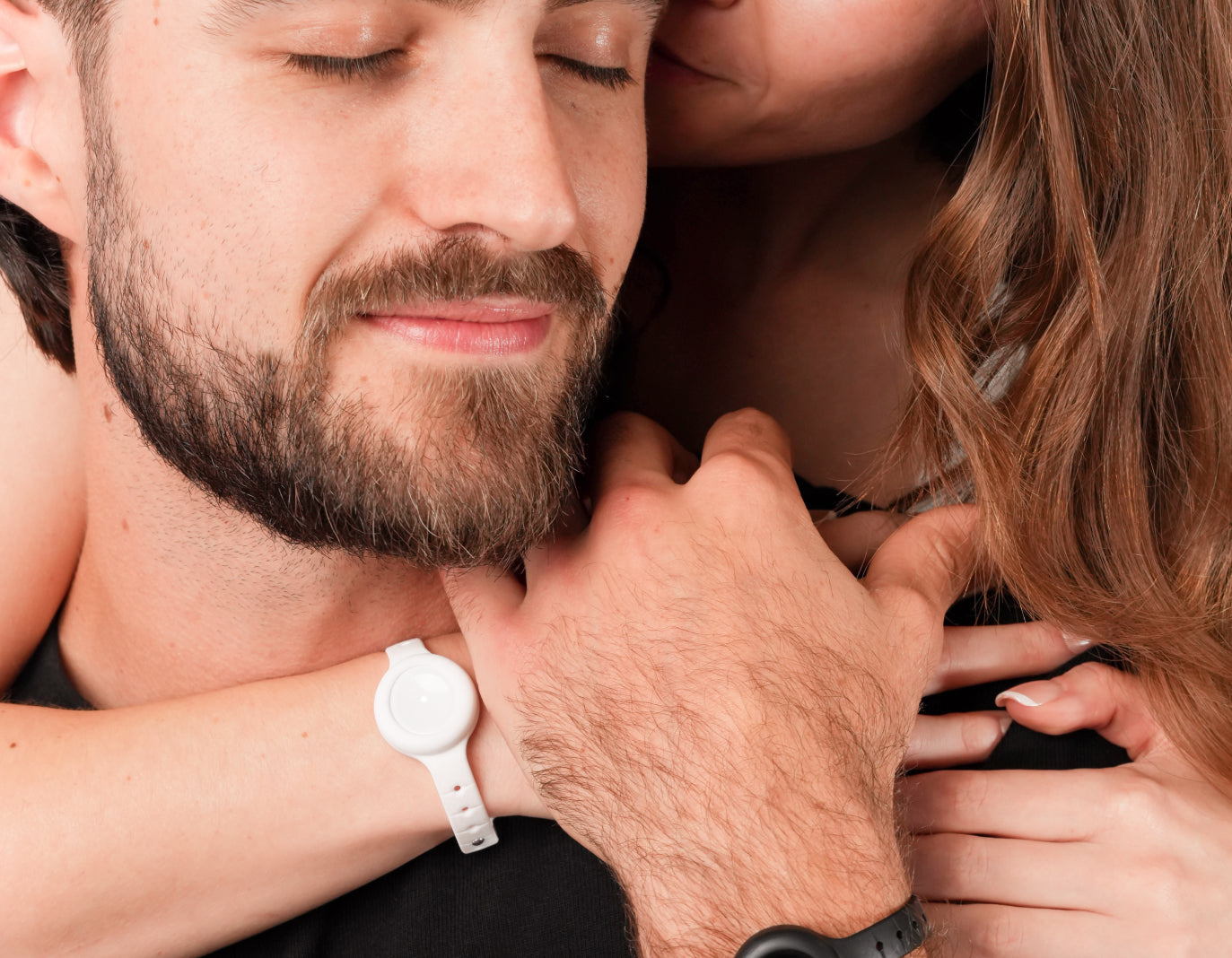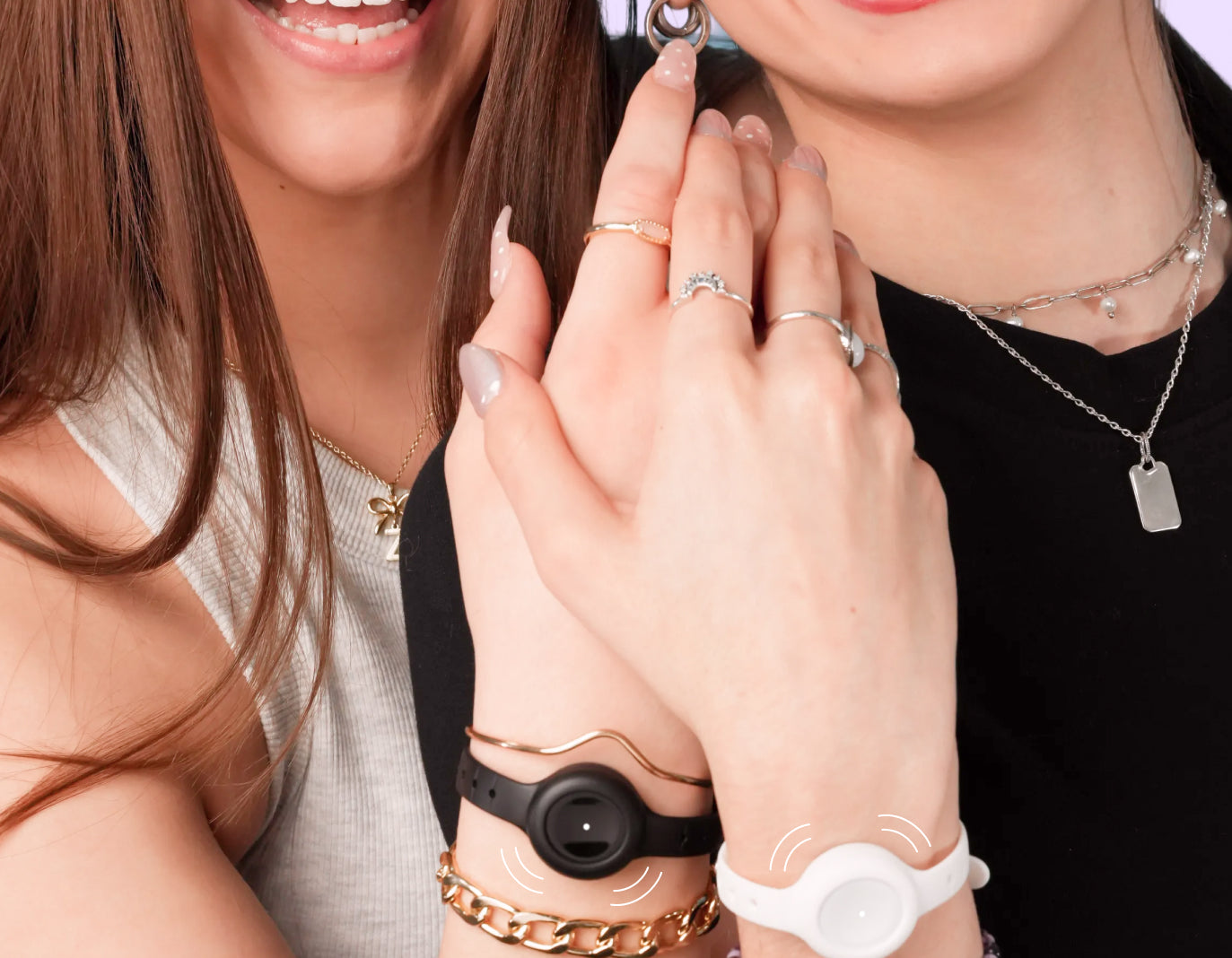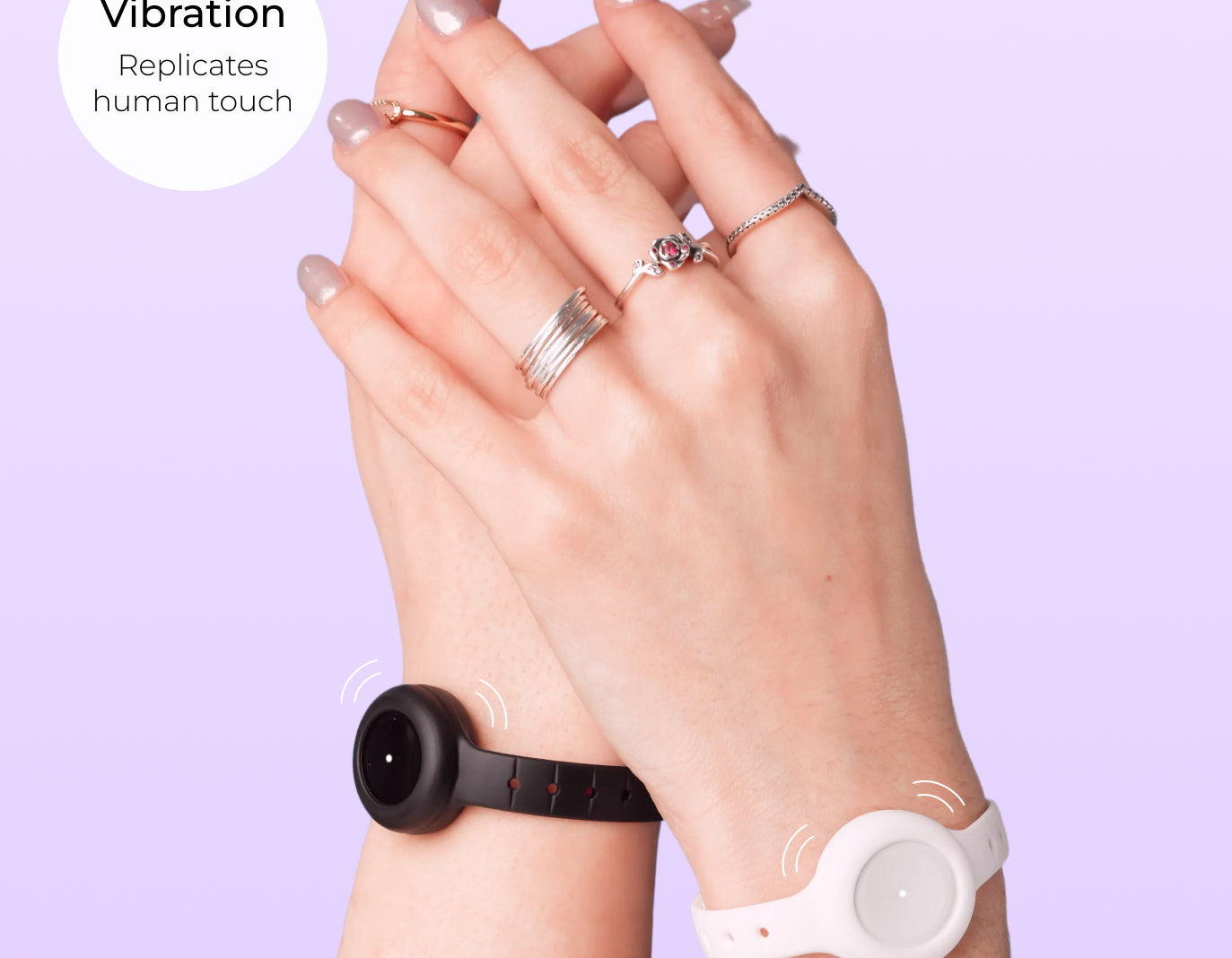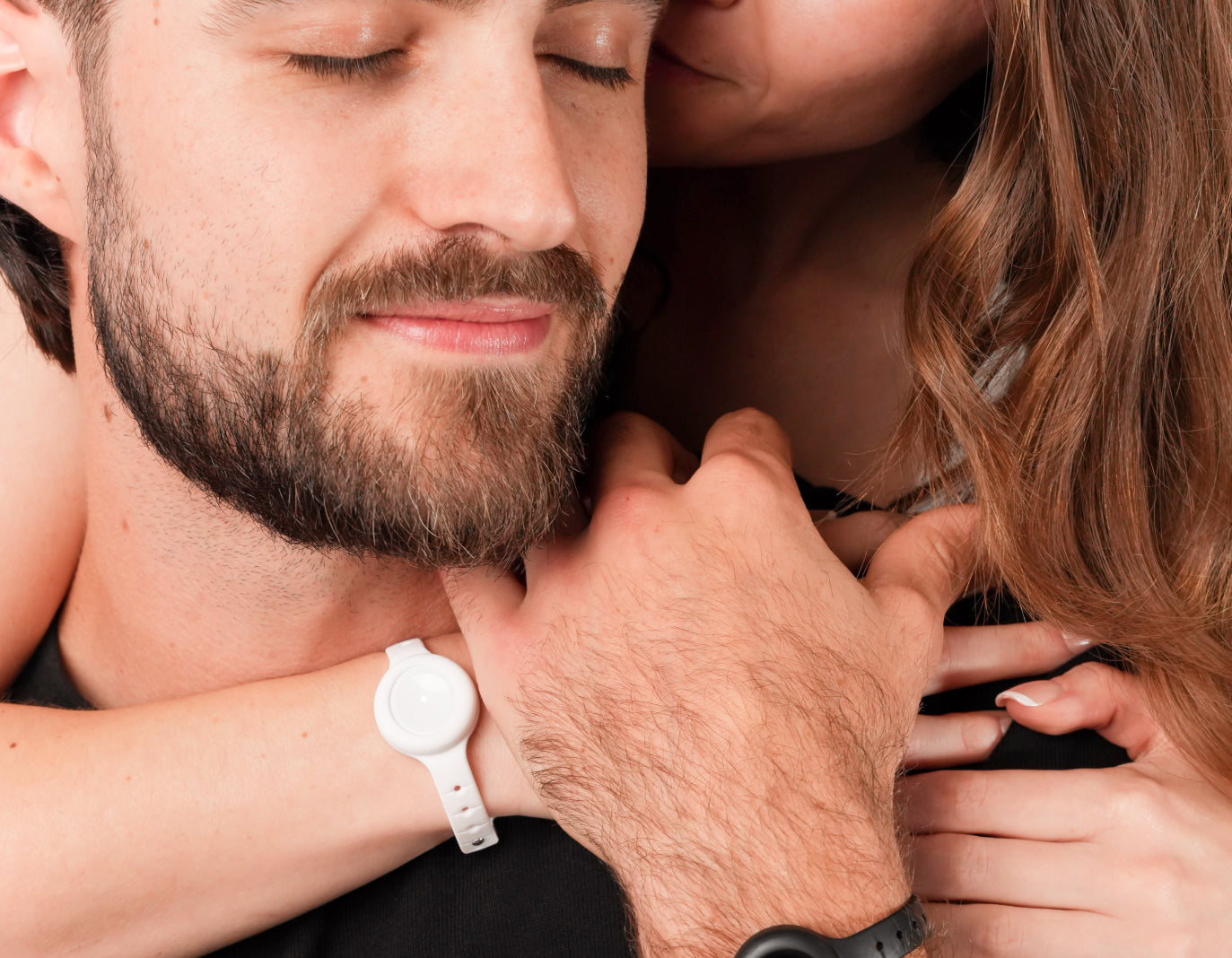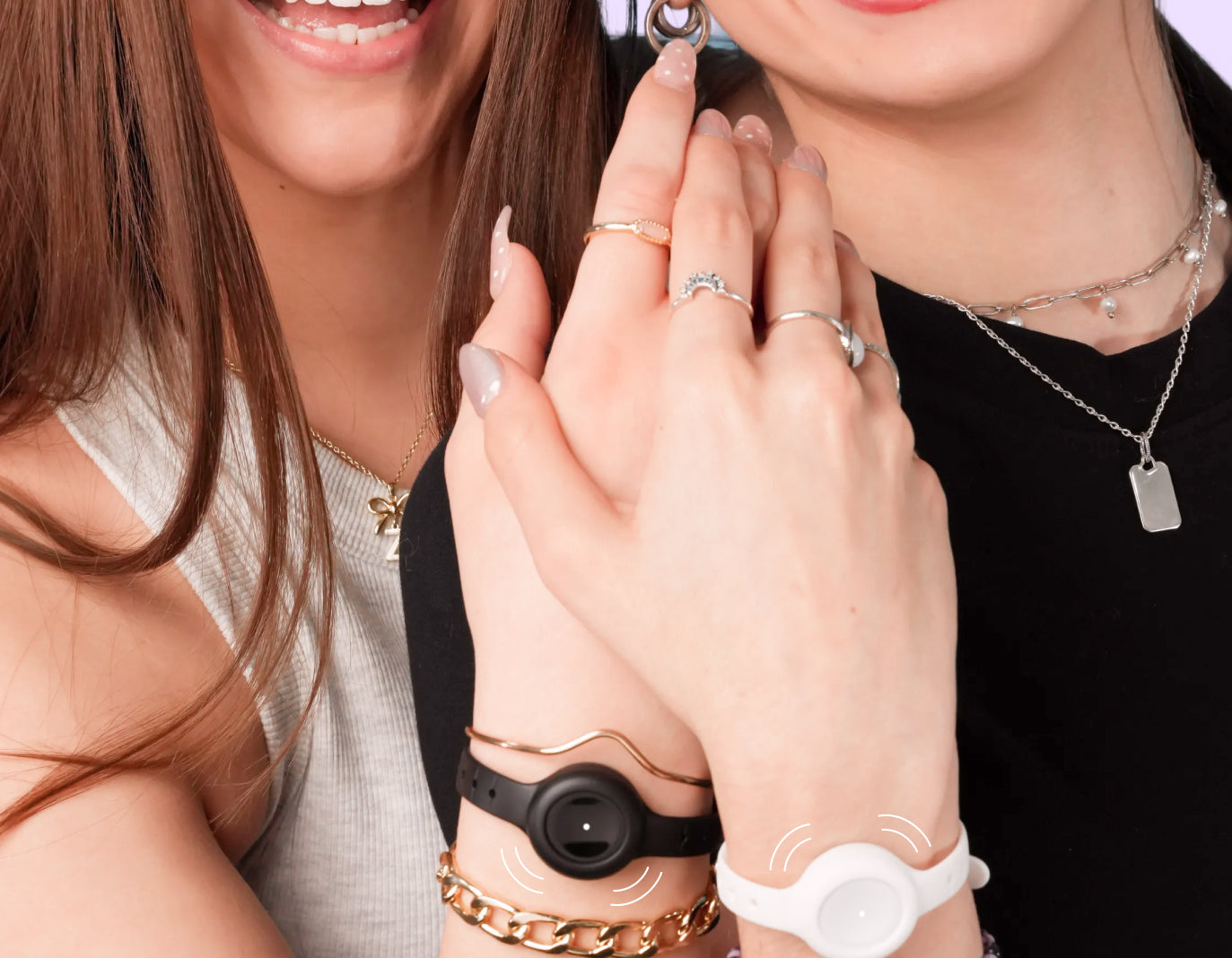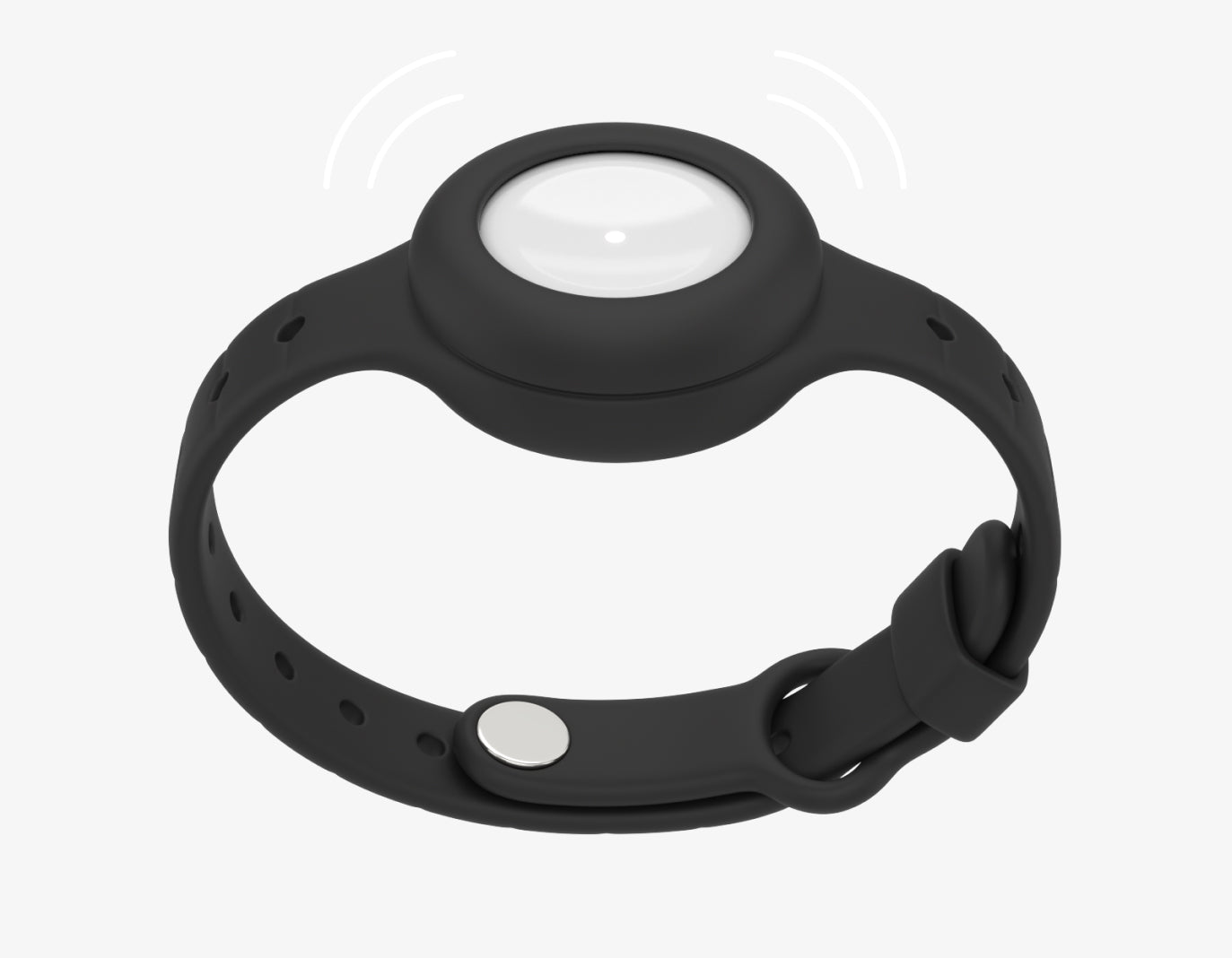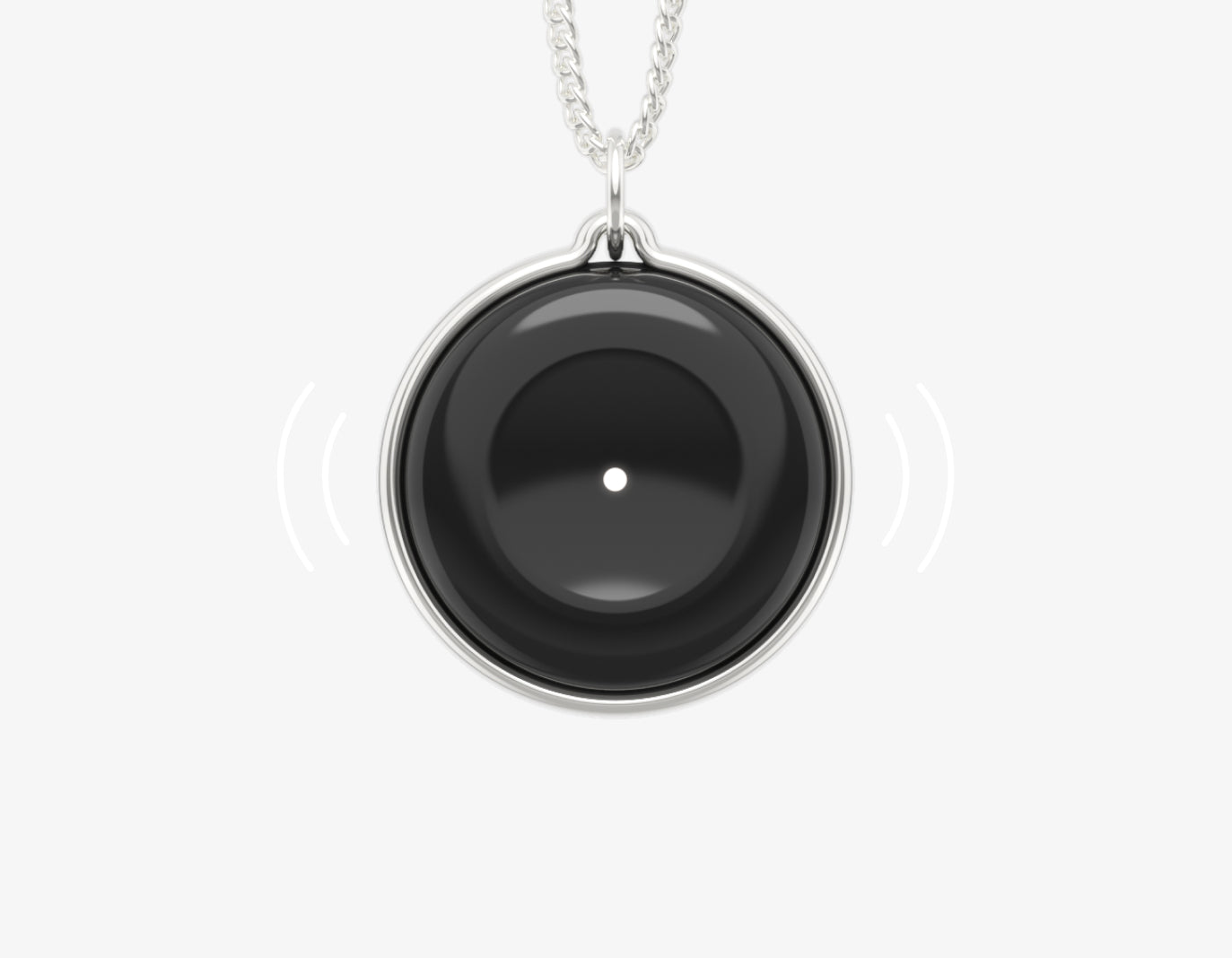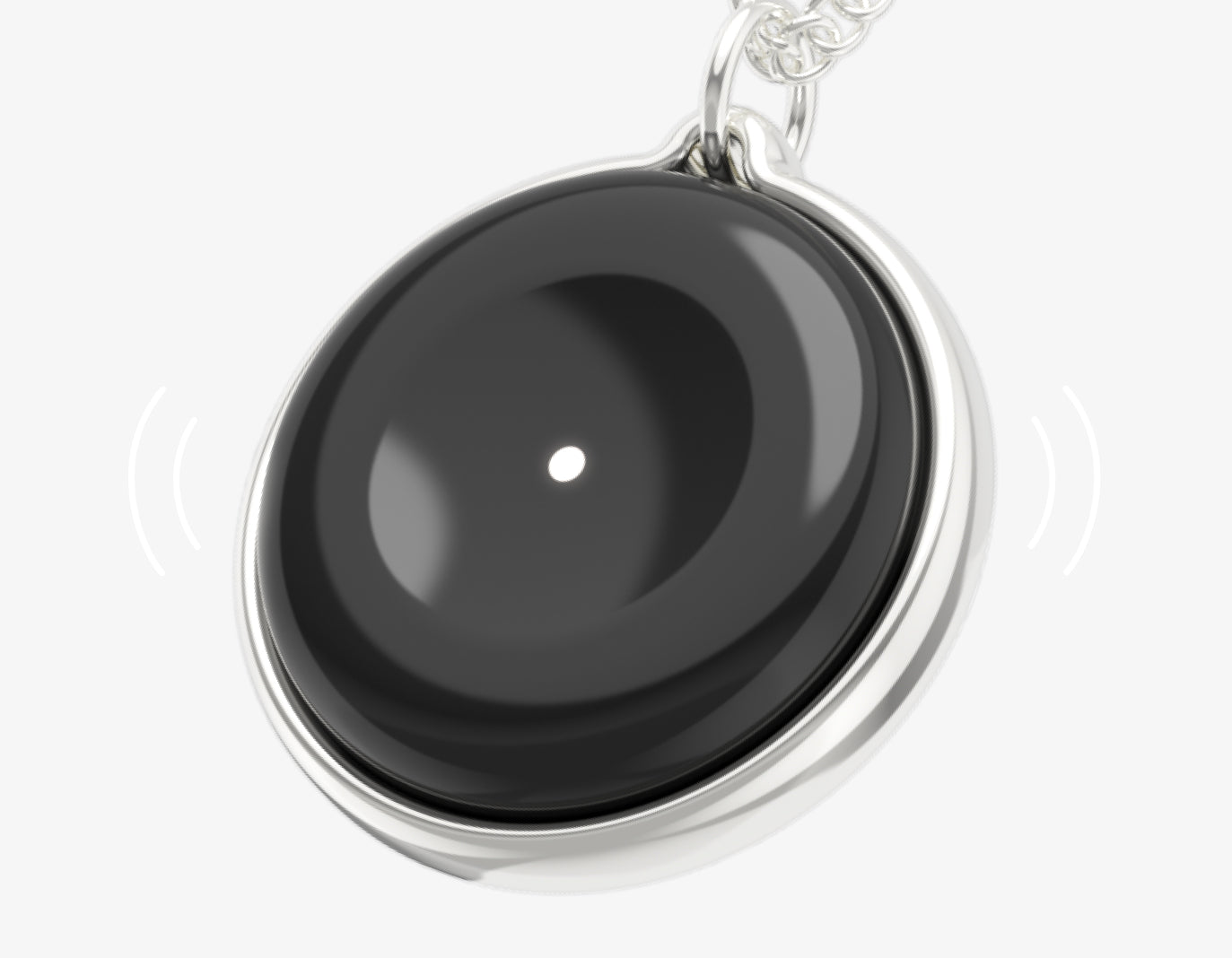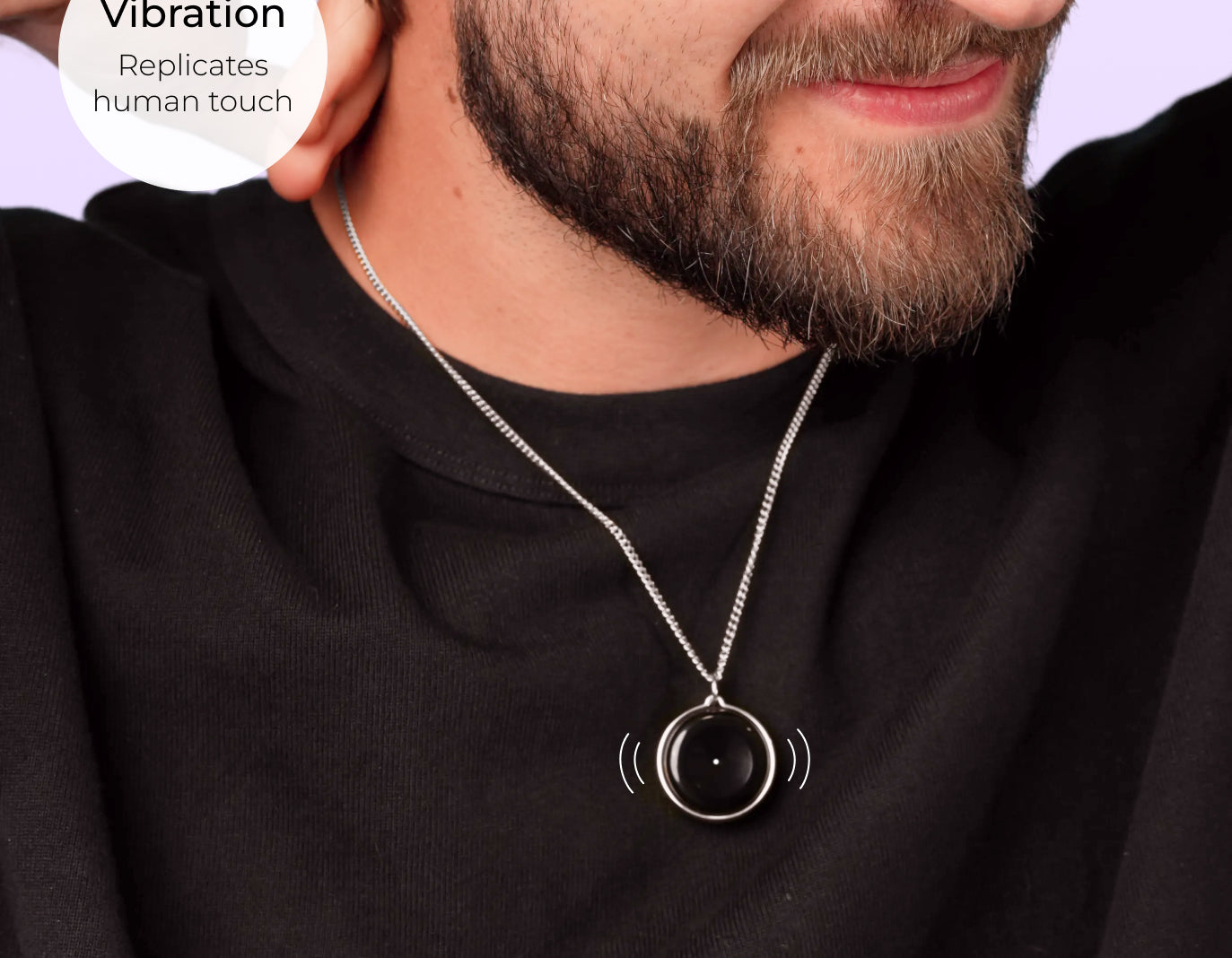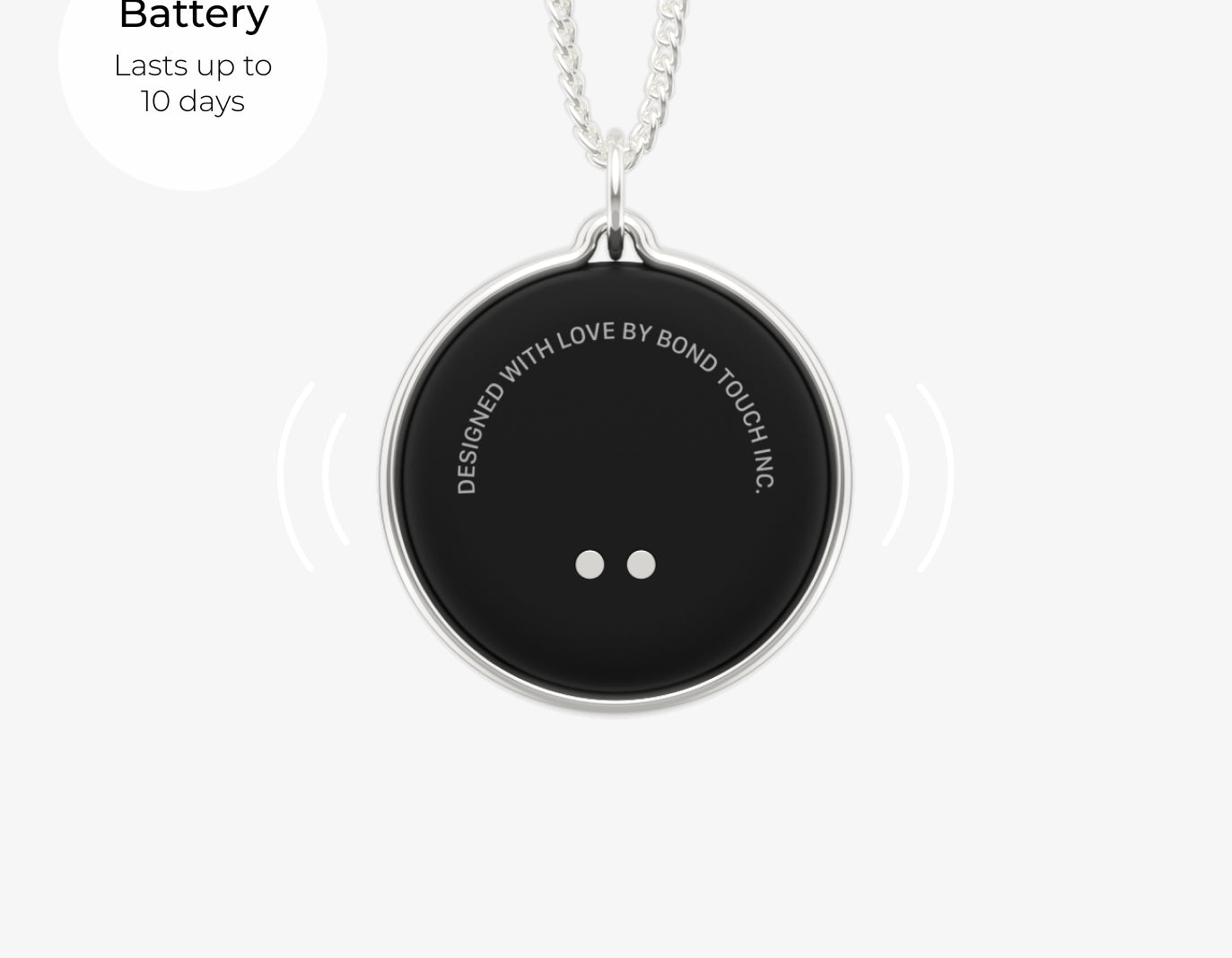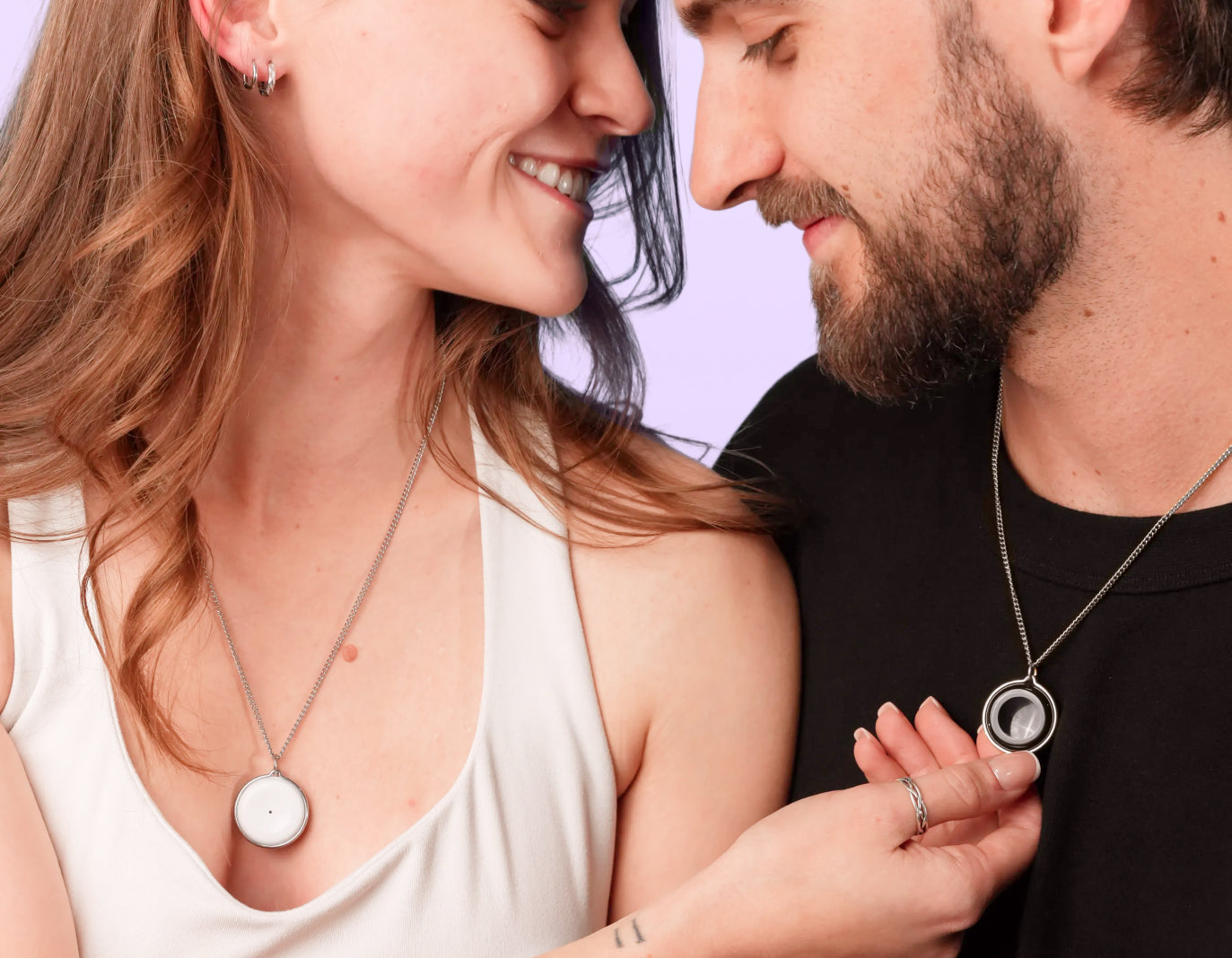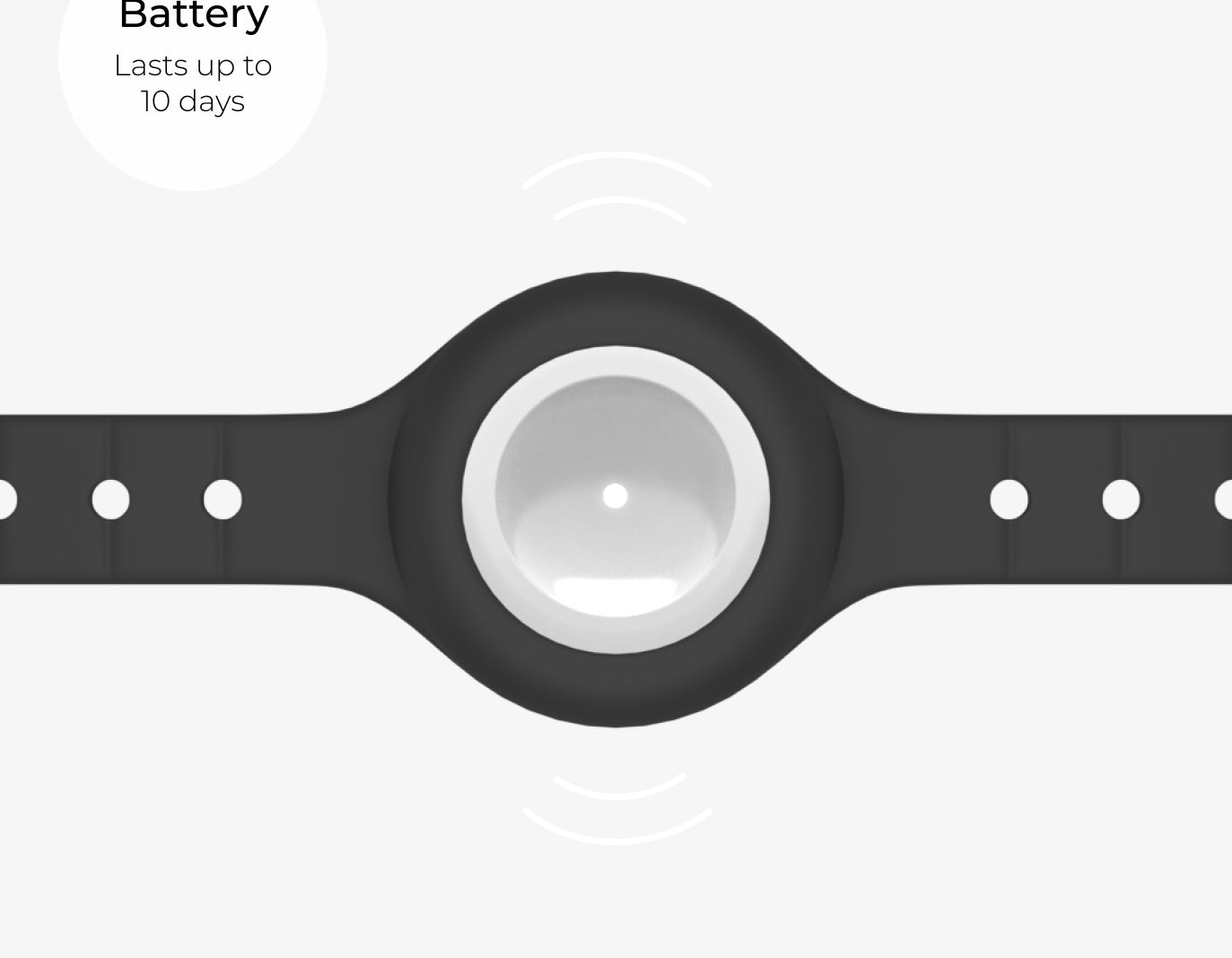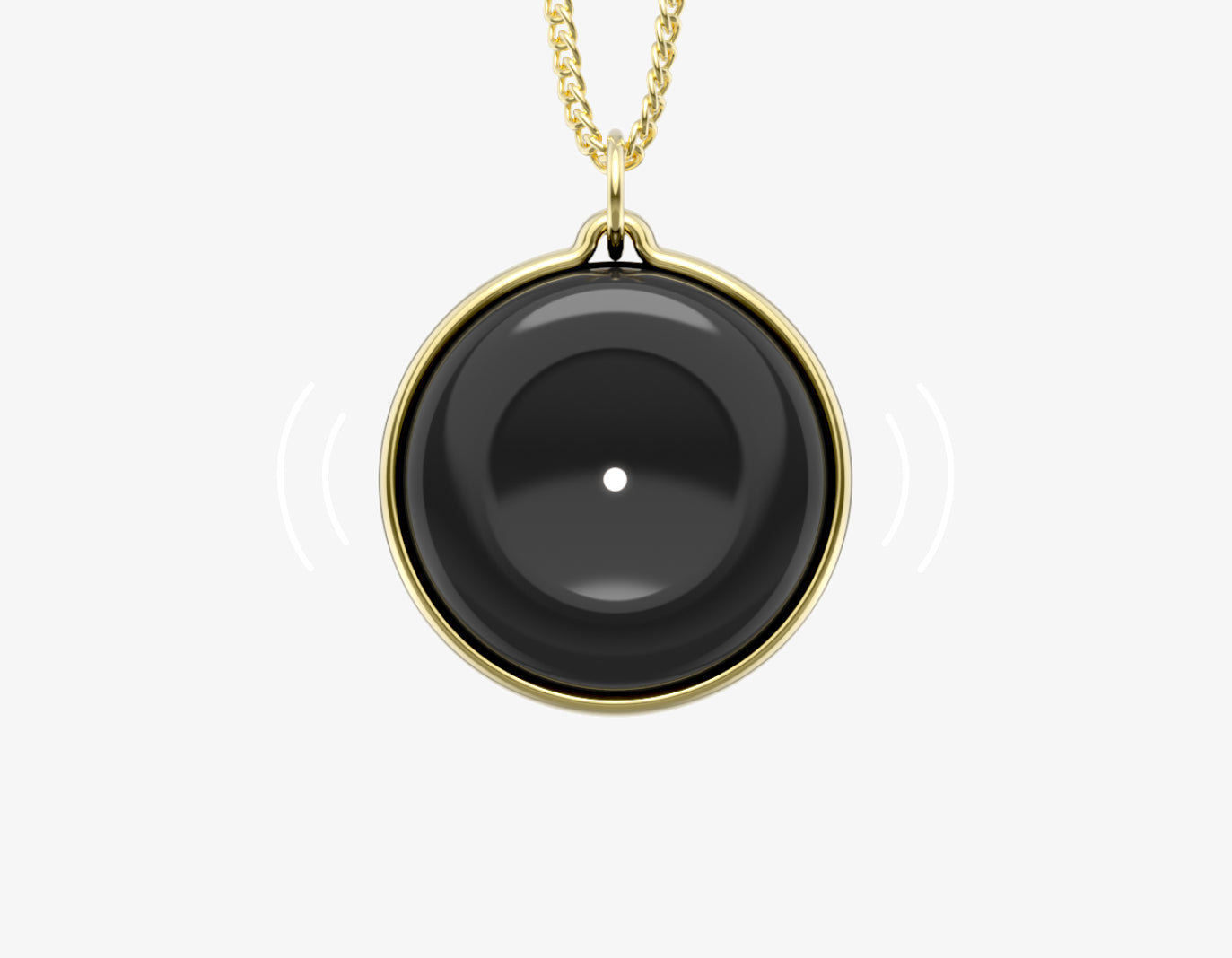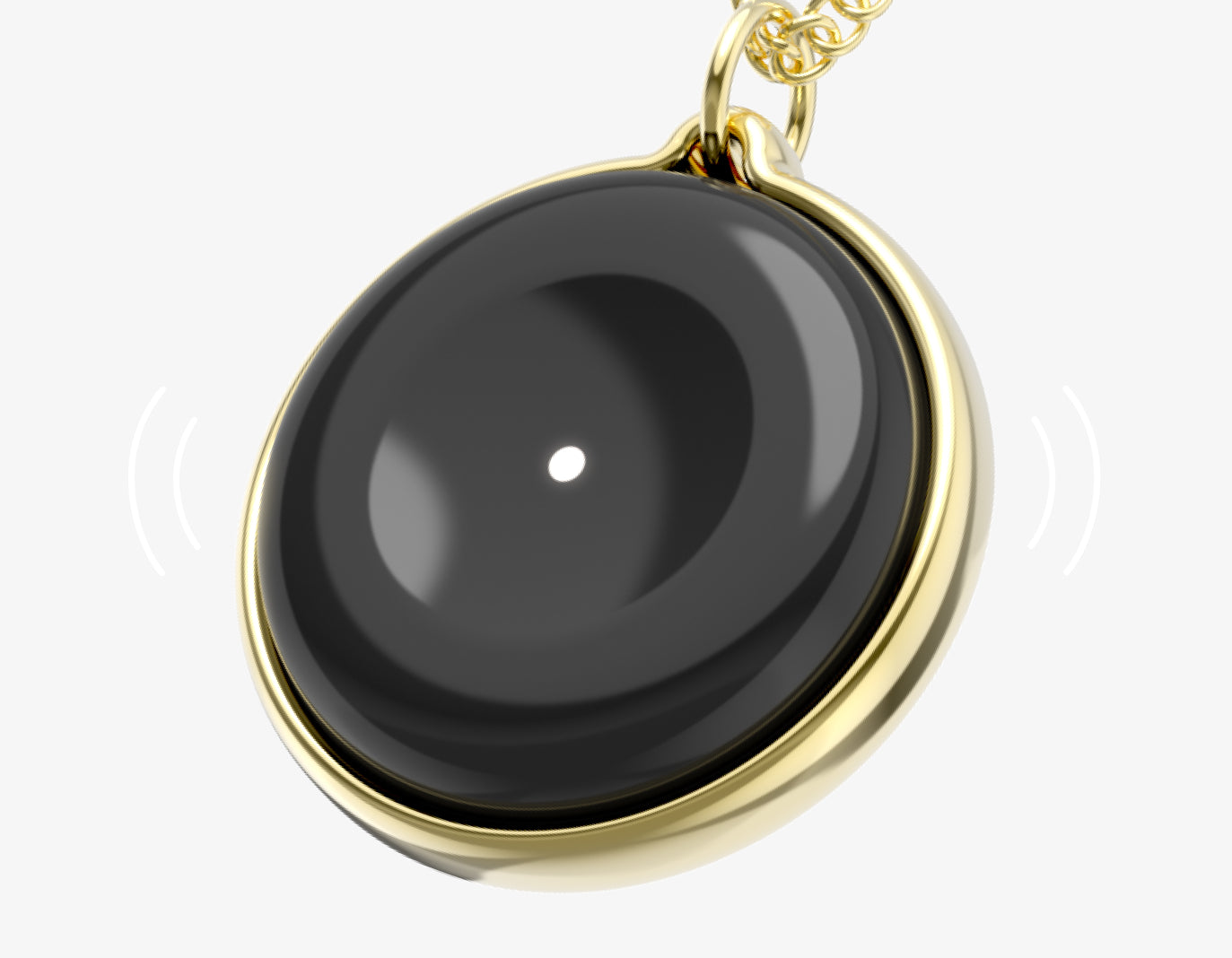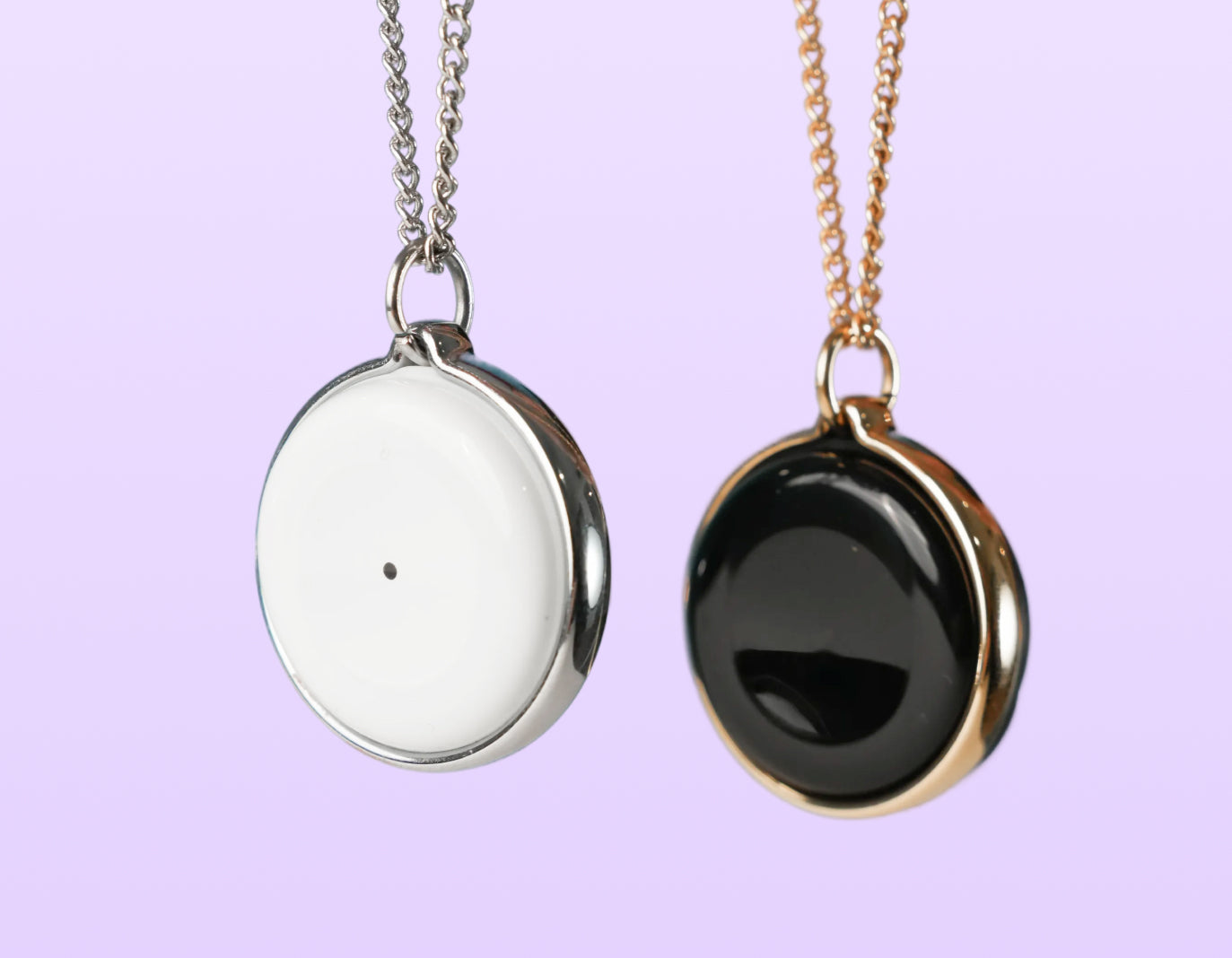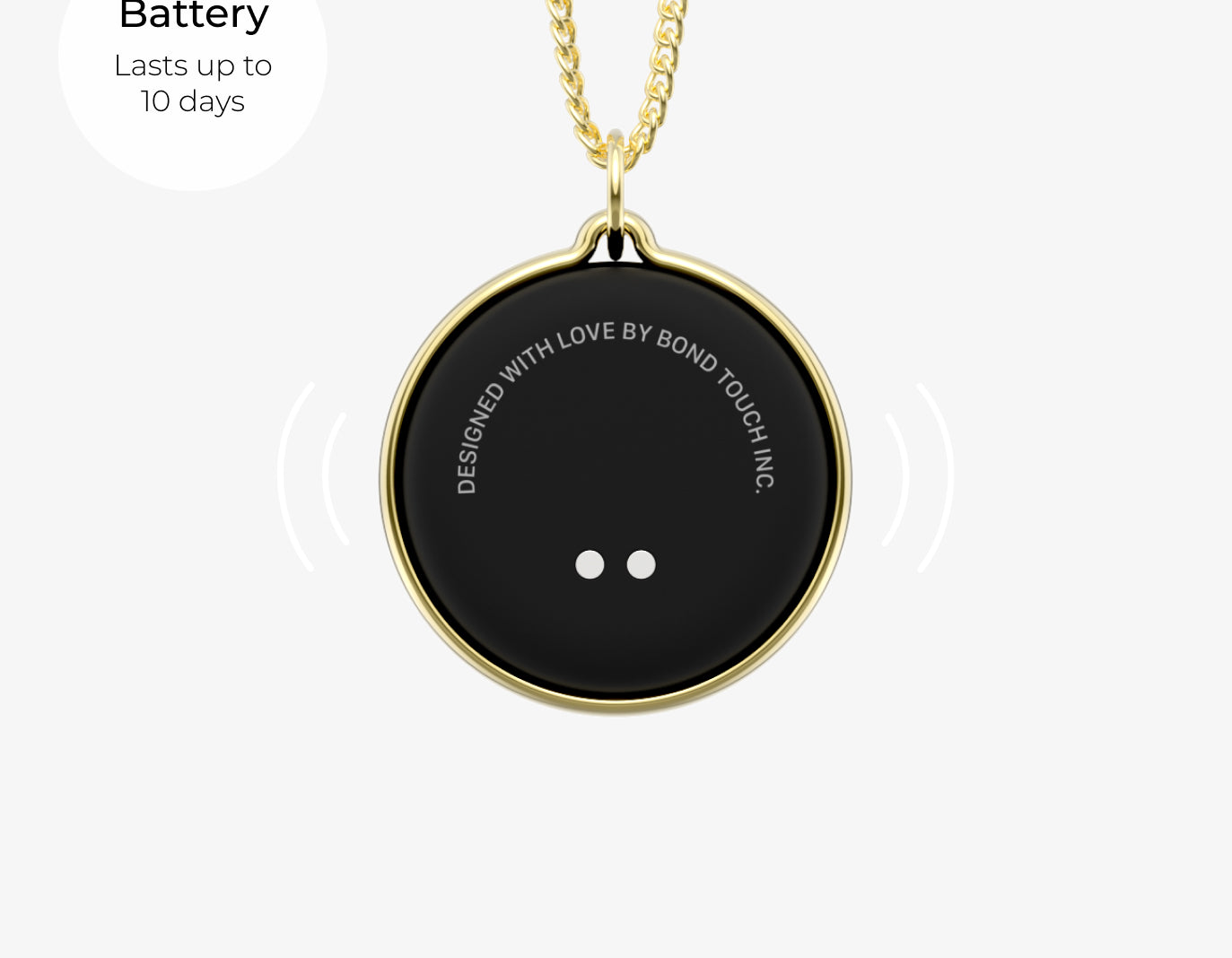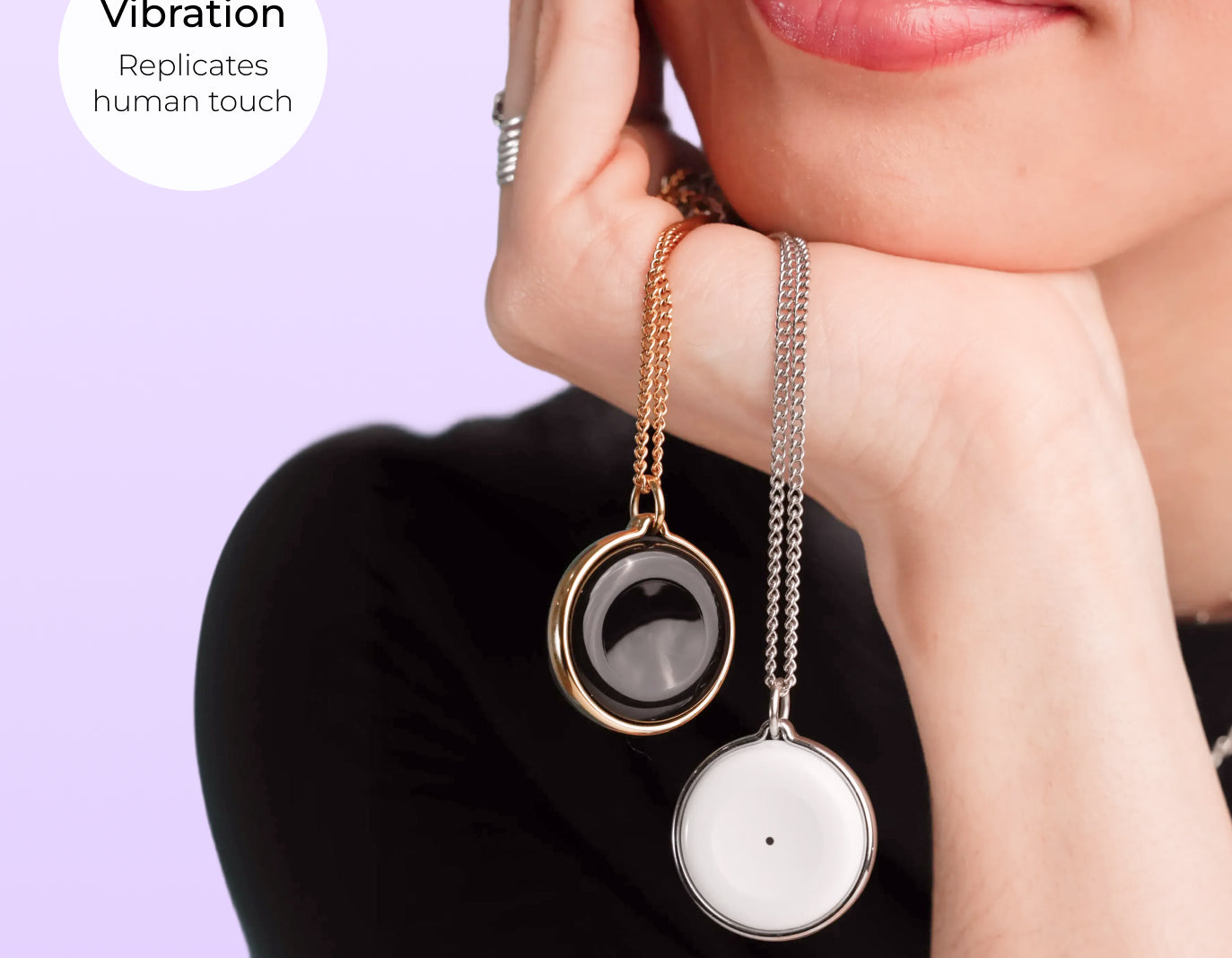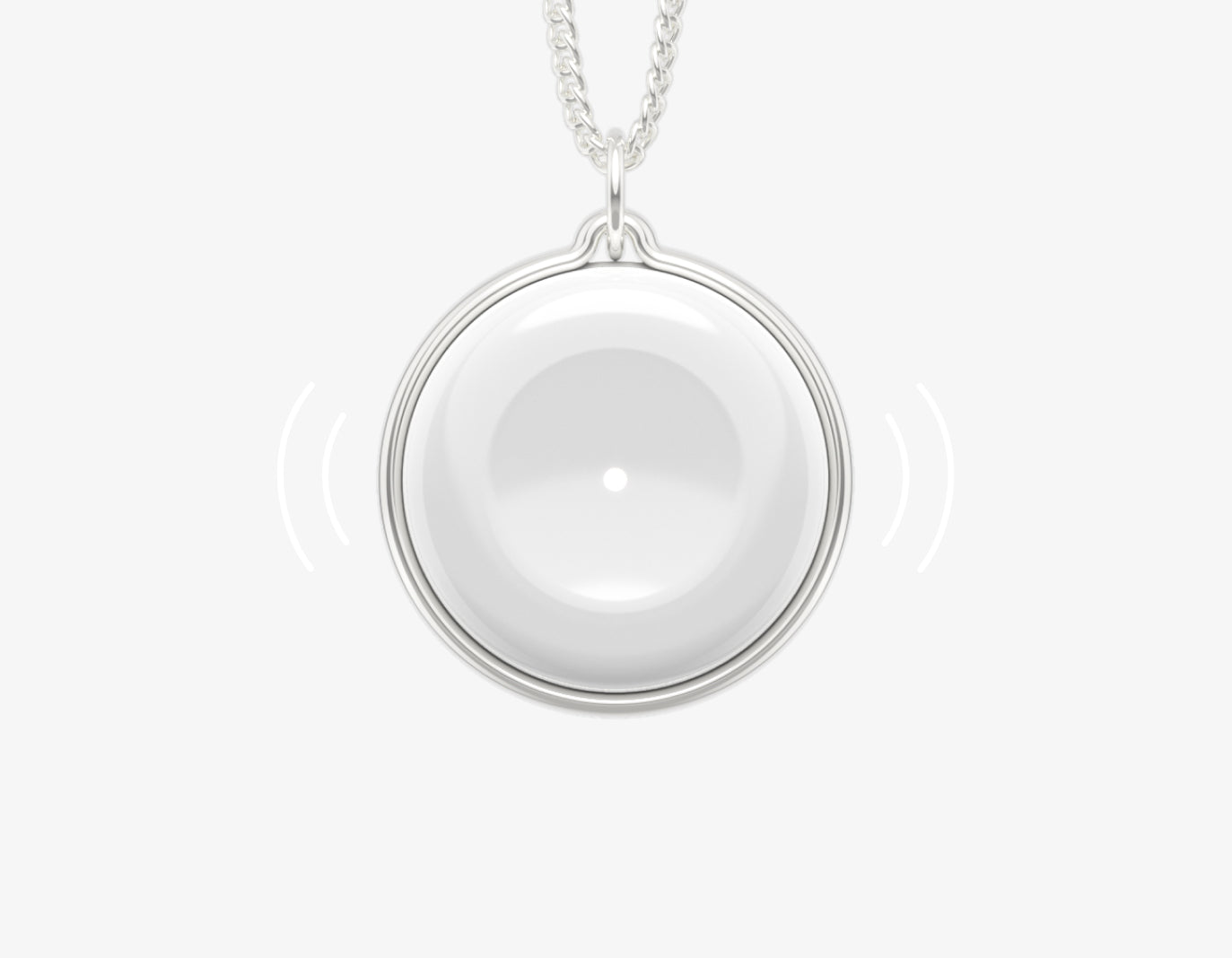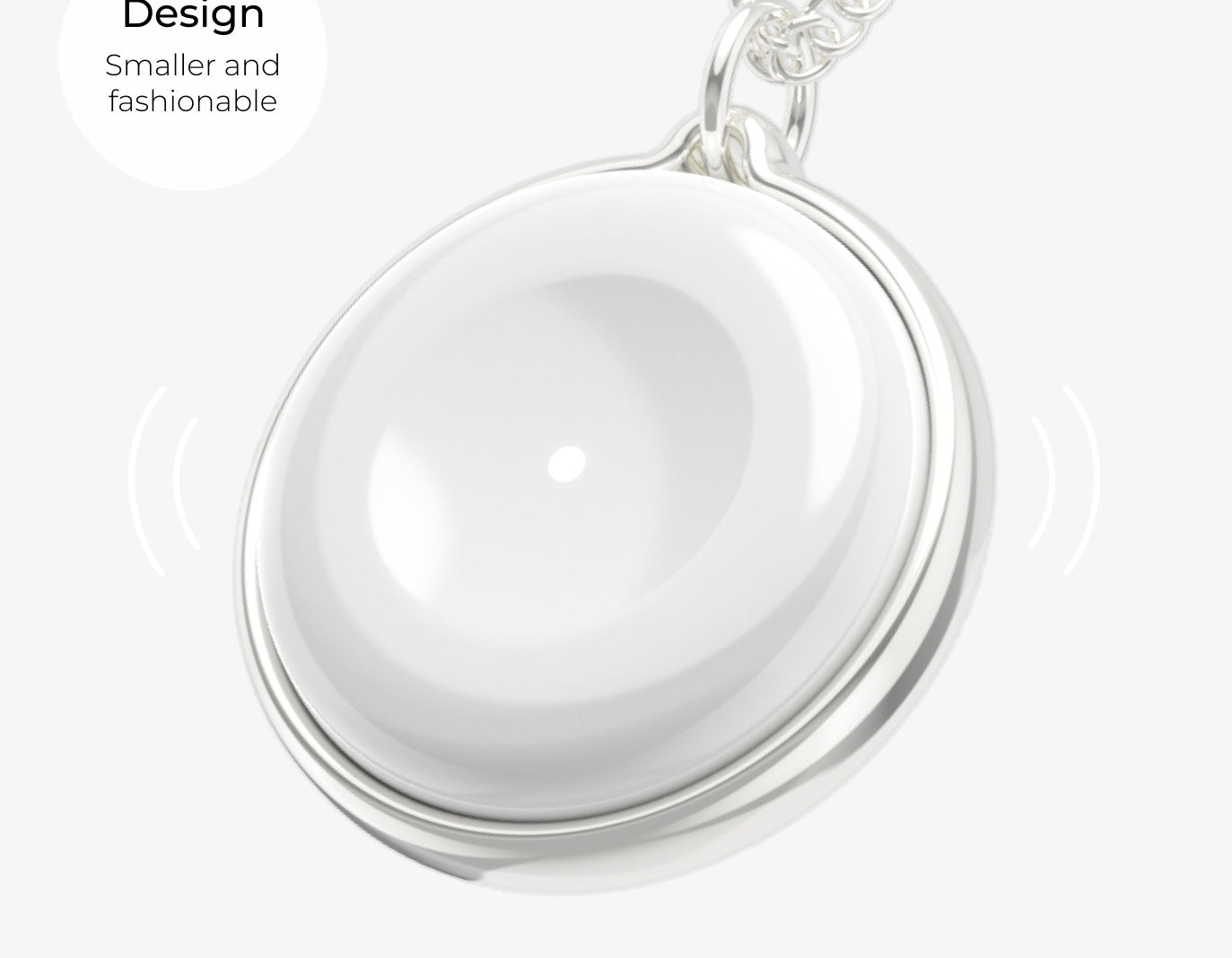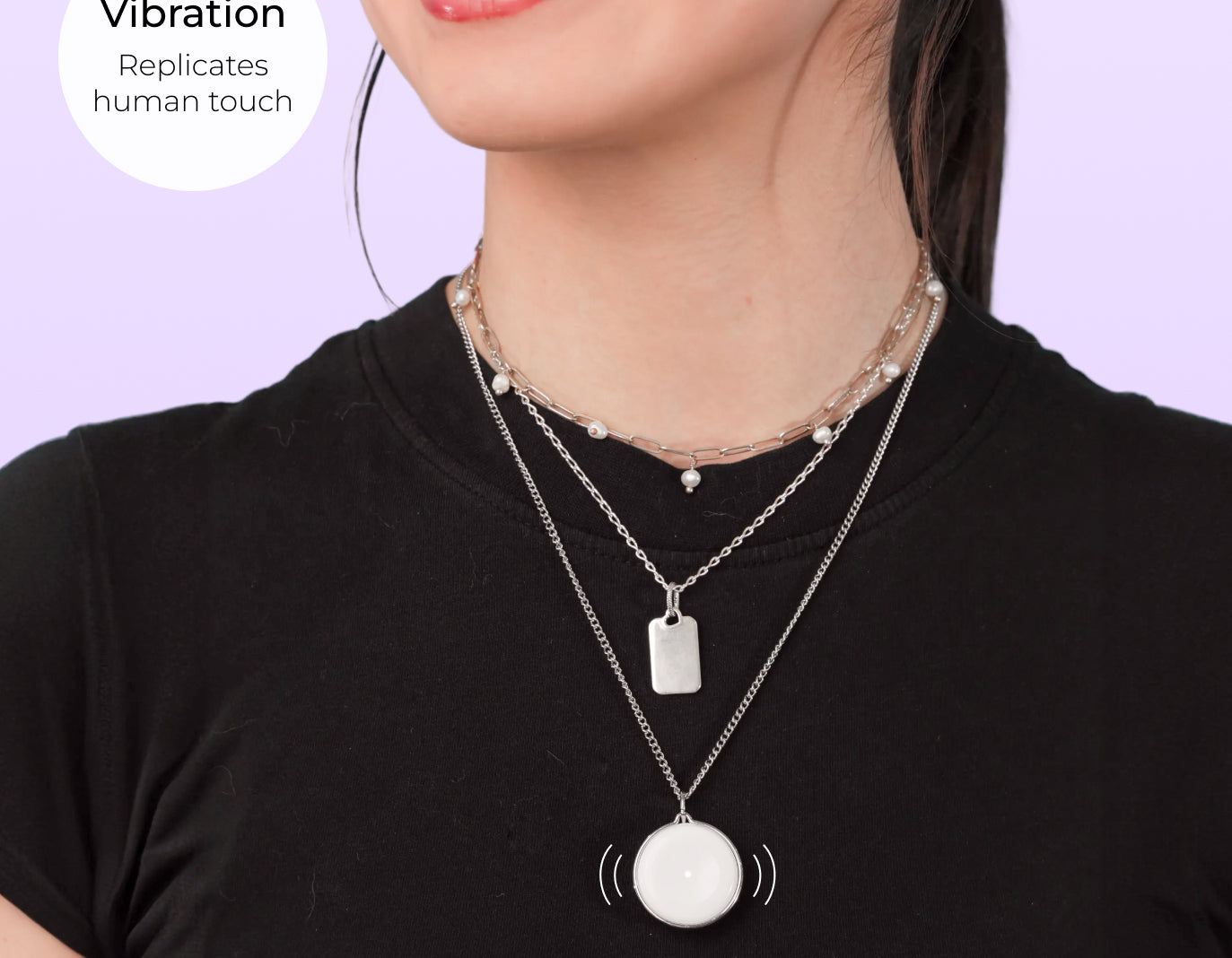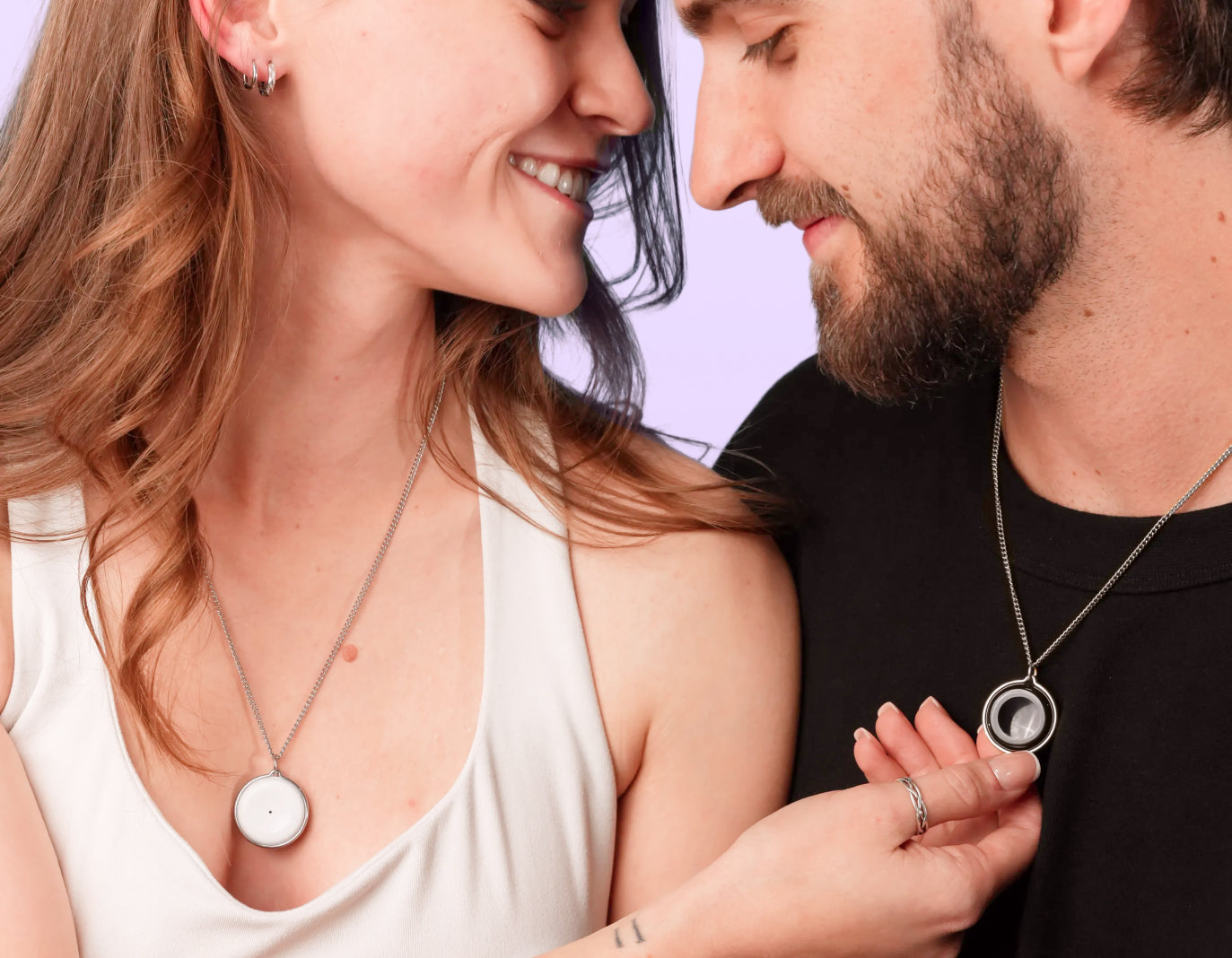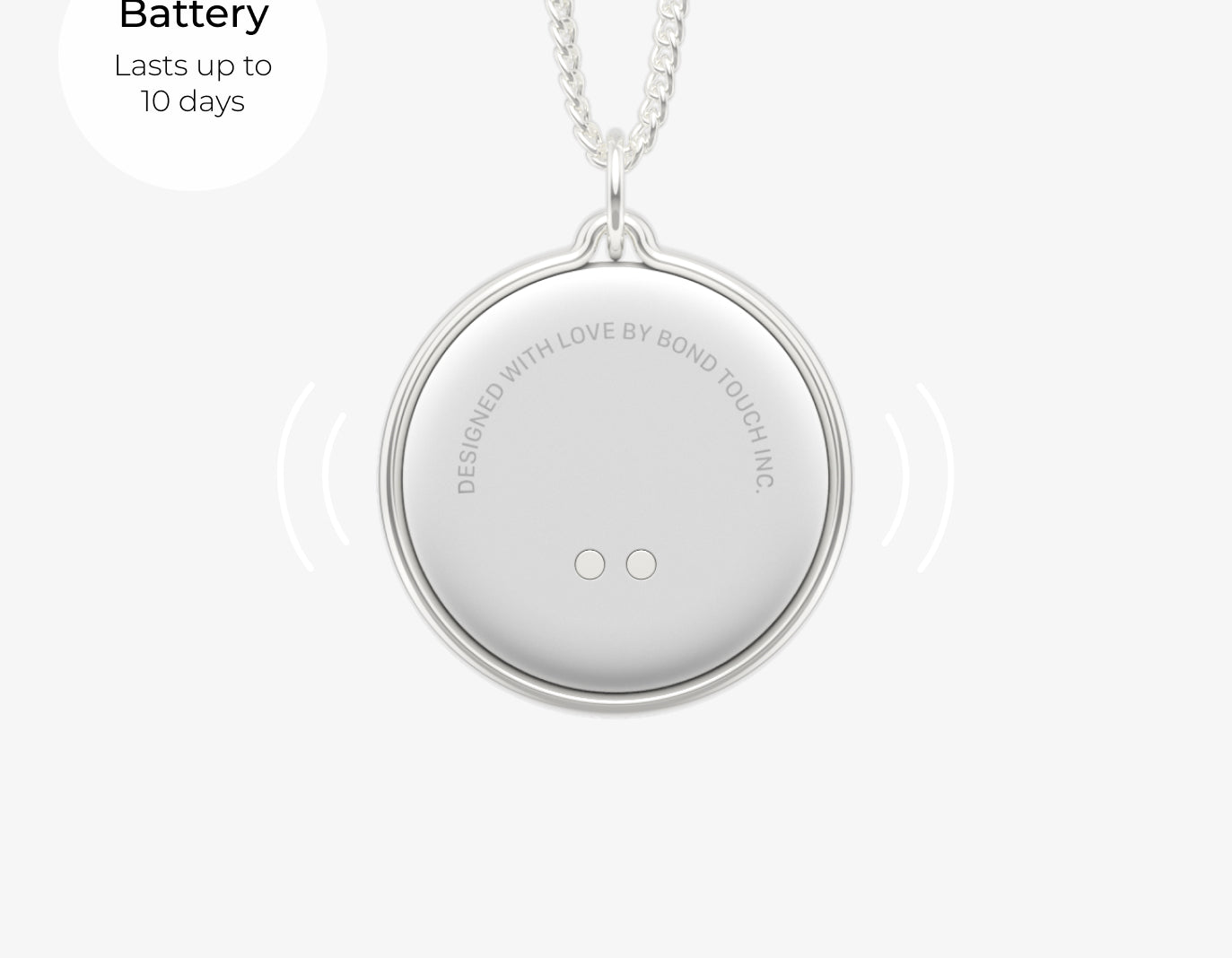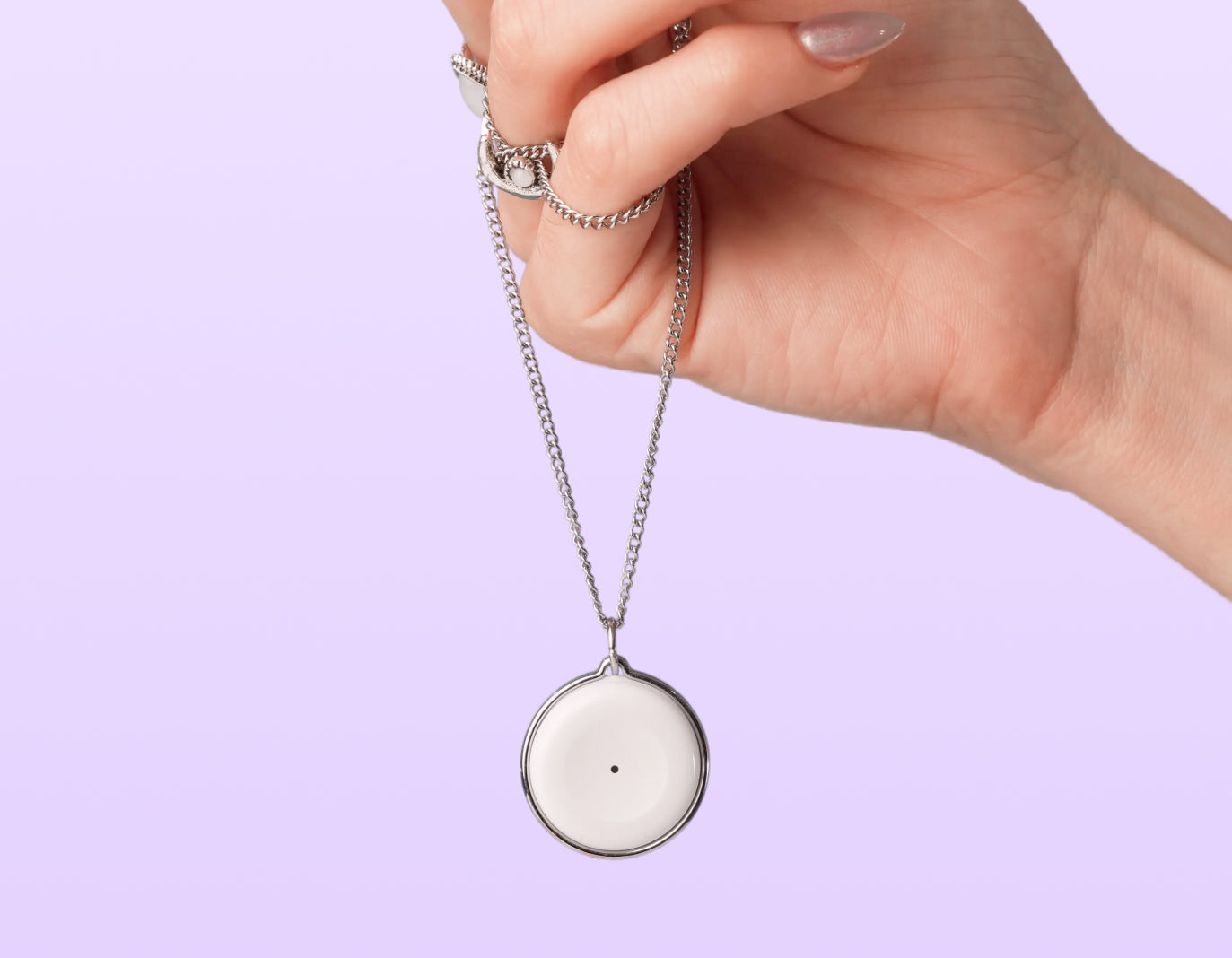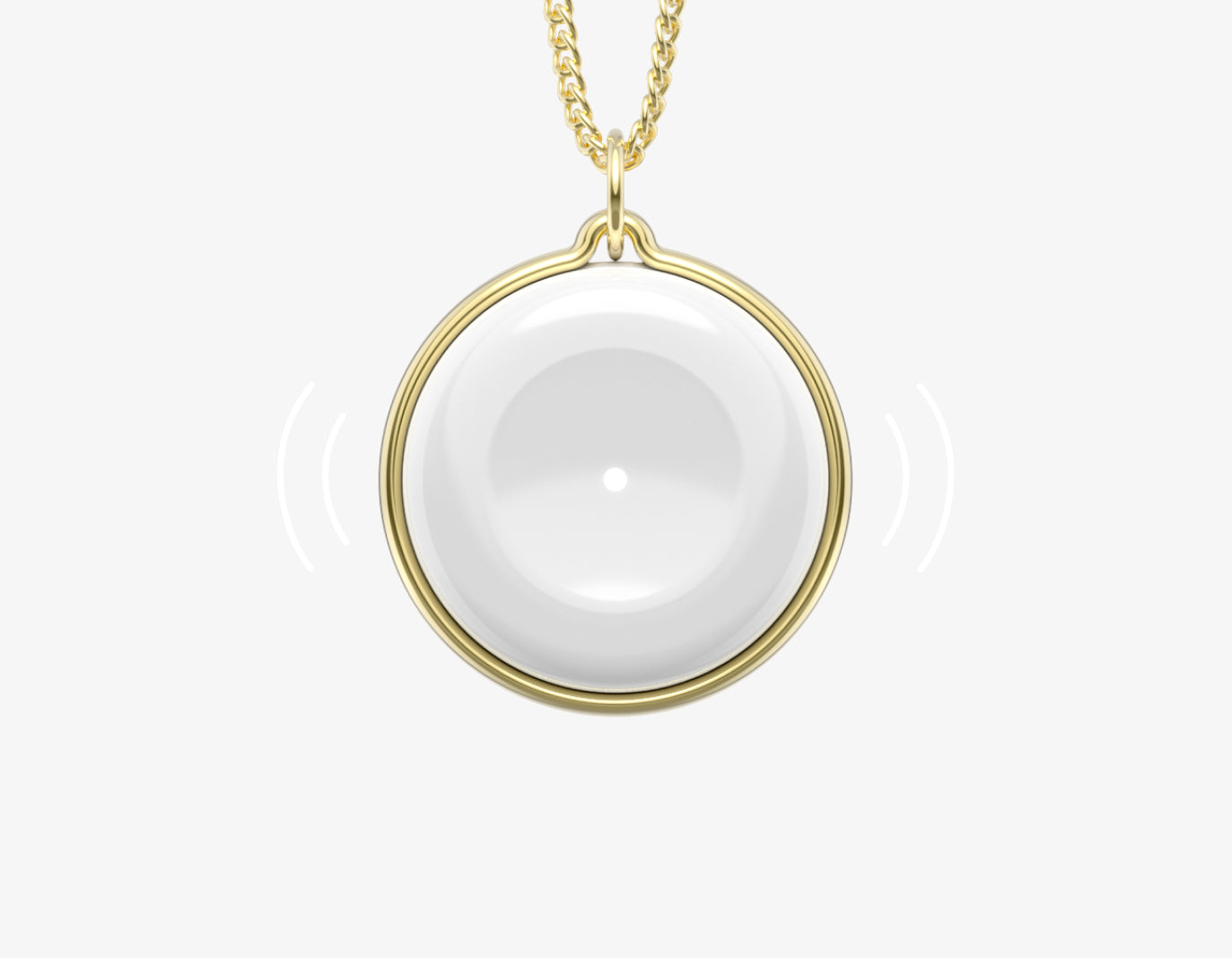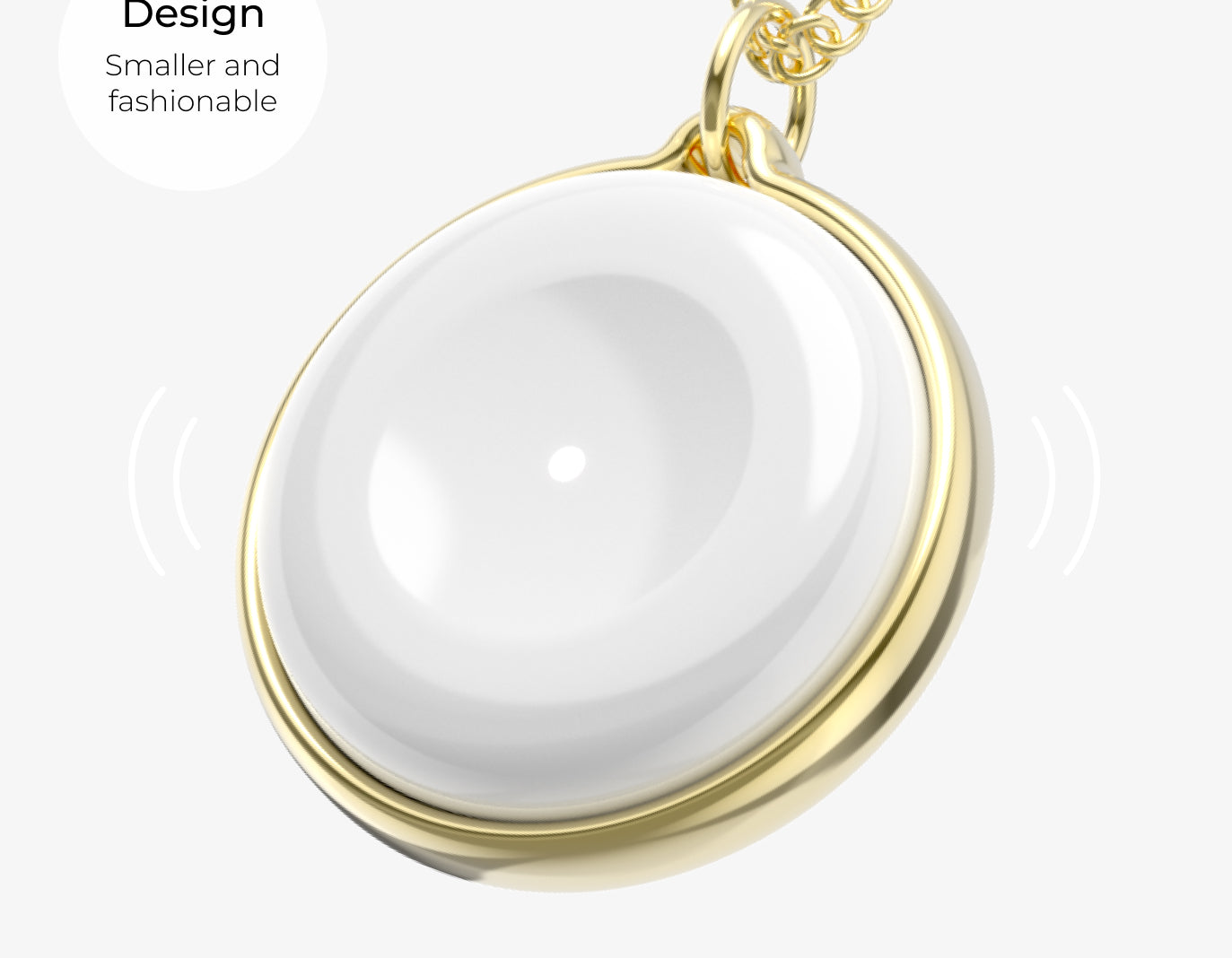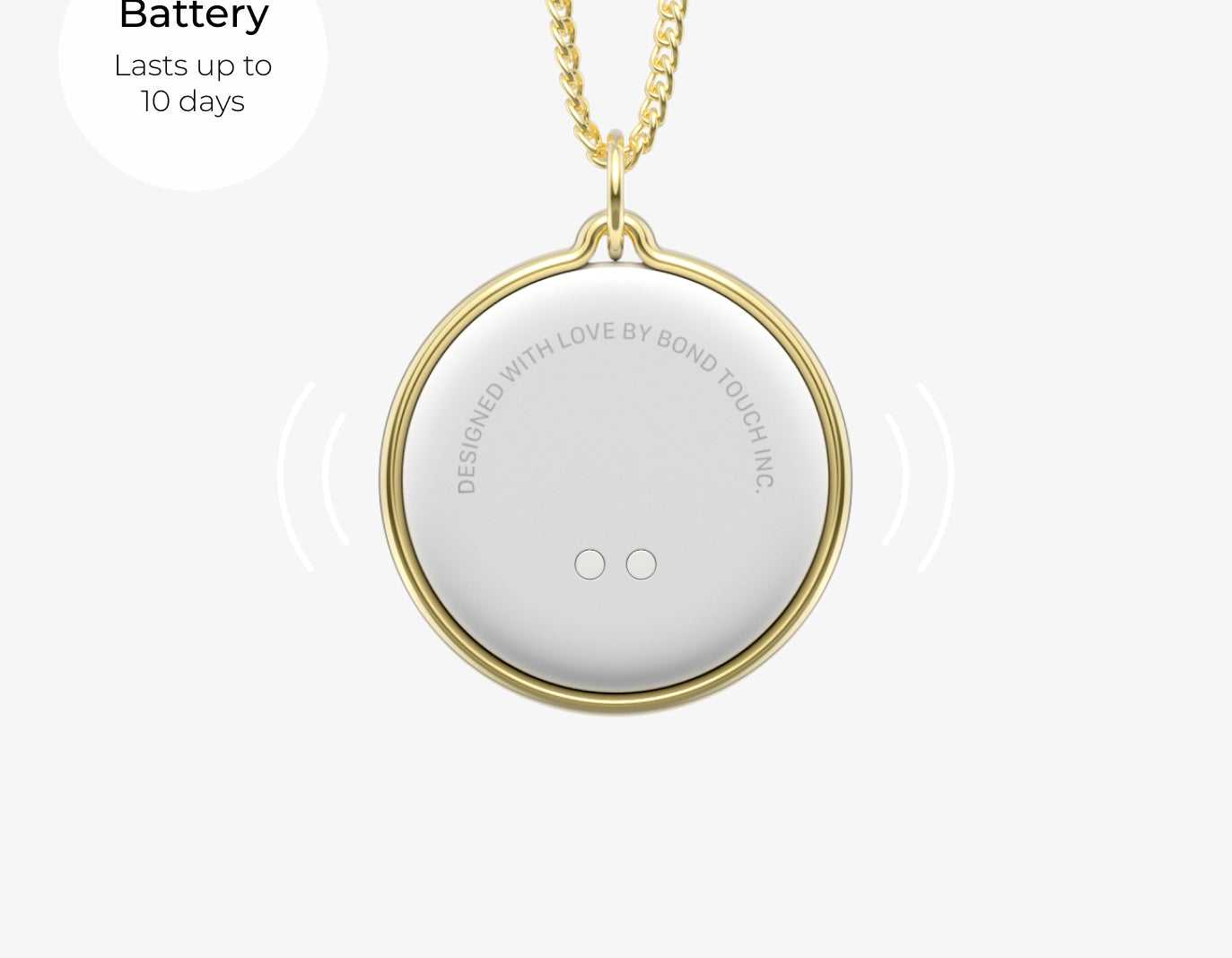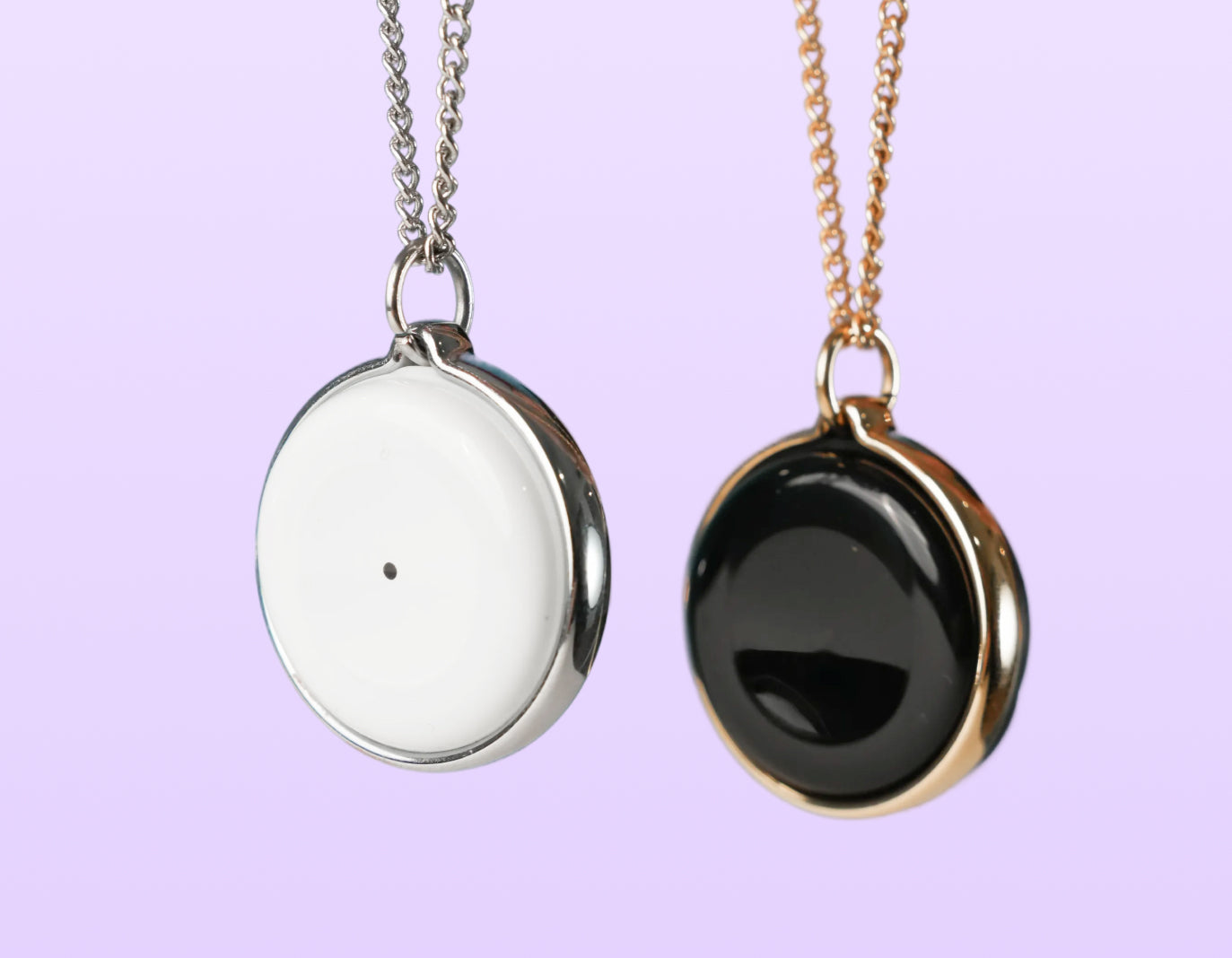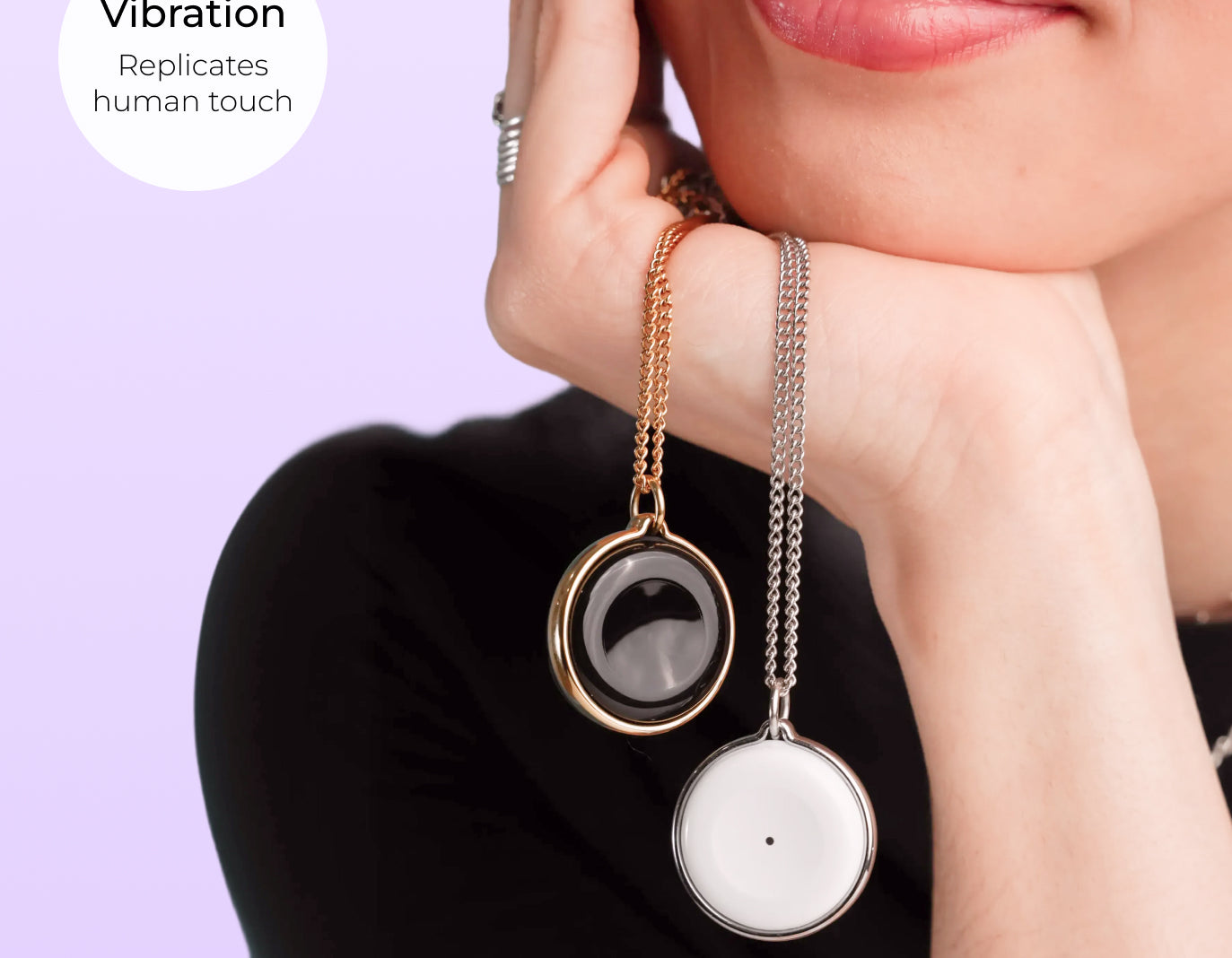So, are you dating inside the closet? Has your partner not come out yet? Maybe they're totally in, maybe they're only there partially. Should you do anything?
Can you do anything?
Those are questions that I had to ask myself when, over two years ago, the same thing happened to me.
First things first: this won’t be one of those articles telling you that you must come out, listing incredibly clever ways to do so. For once, let’s take a peek inside the closet to actually understand how our closeted friends and partners are feeling. After all, we’ve been there and done that, but it’s easy to forget, as the years pass, how stressful coming out can be.
Why a closet, specifically, and not a fabulous boudoir?
We can actually find an answer for that question in etymology (it’s like psychoanalysis but for words). Someone who is hiding (or not disclosing) their sexuality or gender identity has been described as “closeted” only since the 1960s. Despite closet being, in modern English, the usual word used to describe a wardrobe of some sorts, that wasn’t always the case.
If you’ve read Jane Austen or any of the Brontë sisters, you know closets used to be small private rooms, usually used for study or prayer, which is where we get the notion of privacy from. Also, it gives us the abstract concept of something that can be easily reached for, but just as easily concealed out of sight.
But out of sight isn’t always out of mind.
This purely metaphorical location, as etymology shows, is an isolated space. But you can’t expect your skeletons-in-the-closet to remain hidden forever. As it does, truth has a tendency to surface. Is that bad? It depends on who you ask. I always think back to Quasimodo from The Hunchback of Notre Dame, shunned and hidden out of sight purely because his reality was disgusting to society.
Trapped inside, he was unable to engage with what was “out there”. His whole living arrangement paints a picture of what it’s like to hide one’s identity: hard, unnatural, painful… But temporary, for most cases.
No two coming-out stories are the same. Some people, like me, may choose the band-aid strategy (“Just rip it off!”) because, perhaps, we have reached a point of stability and independence or we feel like it’s time to just own our happiness. Others, however, may choose to do it gradually, over time, for it gives them a sense of control and security over the whole thing --
Who knows?
Who can they tell?
Neither of these approaches is wrong. Whatever floats your boat.

“He is… a friend”.
I had been out of the closet for almost a decade when I started dating my partner. He was 29 at the time and up until that point had only dated girls. He was not conflicted by his sexuality, at least not when he met me, but some of those insecurities and fears about owning his sexual orientation definitely resurfaced when the time came to introduce me to his friends and family.
Like many out there, I was “the friend” for a short while.
“Having had only girlfriends throughout all of my life does not mean I hadn’t experimented or tried being with guys”, my boyfriend says.
“Meeting you was just a coincidence”, he continues, “because when I did decide to not hide anymore, it was because I was so tired of it. I was just at a point in my life where I wanted to be truly happy, no matter what.”
When you are dating inside the closet, you end up being pulled back in too, and that can be detrimental for the relationship – or not. It can feel shameful or wrong (feelings we learn to ignore over time), and it can prevent deep intimacy from being formed. Suddenly, you’re sharing a life with someone, but you can’t share important life events, family gatherings, vacations or a simple hand-in-hand stroll down a street where you might bump into someone from their circle.
When you are dating inside the closet you're someone’s secret.
If you're someone's secret, though, you can also be their liability.
This can be a strong source of pressure for the closeted partner and for the relationship. But why?
Although I did feel like I was back in the closet for a hot minute, it was clear to me from the start that my role in his life was to support and love him, not to give him ultimatums. It wasn’t about me.
And if you’re in the same situation as I was, it’s not about you.
We’re not in Arendelle anymore, Anna!
When your dating inside the closet, if, when, and how your partner decides to come out are decisions we simply have no right to make for them. Like their sexual orientation or gender identity, it’s theirs only, and it’s their right to disclose it when and if they want to.
And it’s not difficult for us to imagine why someone would choose to keep their identity a secret because, again, we’ve been there and done that. Outing someone can cost them their family, their job, and even their lives.
No matter how conservative and religious our backgrounds were, or how hard life was for out LGBTQIA+ people where we lived, we can be sure of one thing: someone has it worse. That is not up for debate.
Sometimes, unlike the popular Frozen song, love cannot be an open door.
At the core of our relationships are the feelings we share, the intimacy we build, the love we foster, and the life we’re projecting together. That mutual respect and admiration, that sweetness and safety – all of it will remain there, whether your partner comes out or not.
What’s more important, really?
Your connection or it being acknowledged?
We know there’s a tendency to diminish what can’t be shared.
A certain level of strength, maturity, and courage is needed to take that step. And when you think about it, coming out is something we do almost every day. Whether it be at work or meeting new friends, we find ourselves sharing that part of our identity over and over again.
Hopefully, there will come a time when same-sex relationships are so normalized we won’t have to put up with that old surprised face that screams “Oh, I’d never tell”!
There’s peace in truth.
And if you do decide to come out, know that there’s a whole bunch of love and support for you out there. Whatever pain and sadness we have endured, it all has taught us a lot about the way we are perceived. But, most importantly, it’s taught us about the way we perceive others.
There will never be a right time to come out. Only the right heart and mindset.
When that rush in your heart, that knot in your gut, when they can no longer be held back, you will stand up and show the world who you are.
Loudly or quietly, but proudly.
And the journey only gets better from there, as the saying goes. Because your voice and your story can help lift others from their fights when they can’t help themselves.
Speaking for myself… There was peace in my truth. And albeit some people walked out of my life for what my truth is, many more have entered it with robust love and support.
There’s peace in truth.
There’s relief in the aftermath.
And above all, there is love, the kind I never imagined I’d find.











